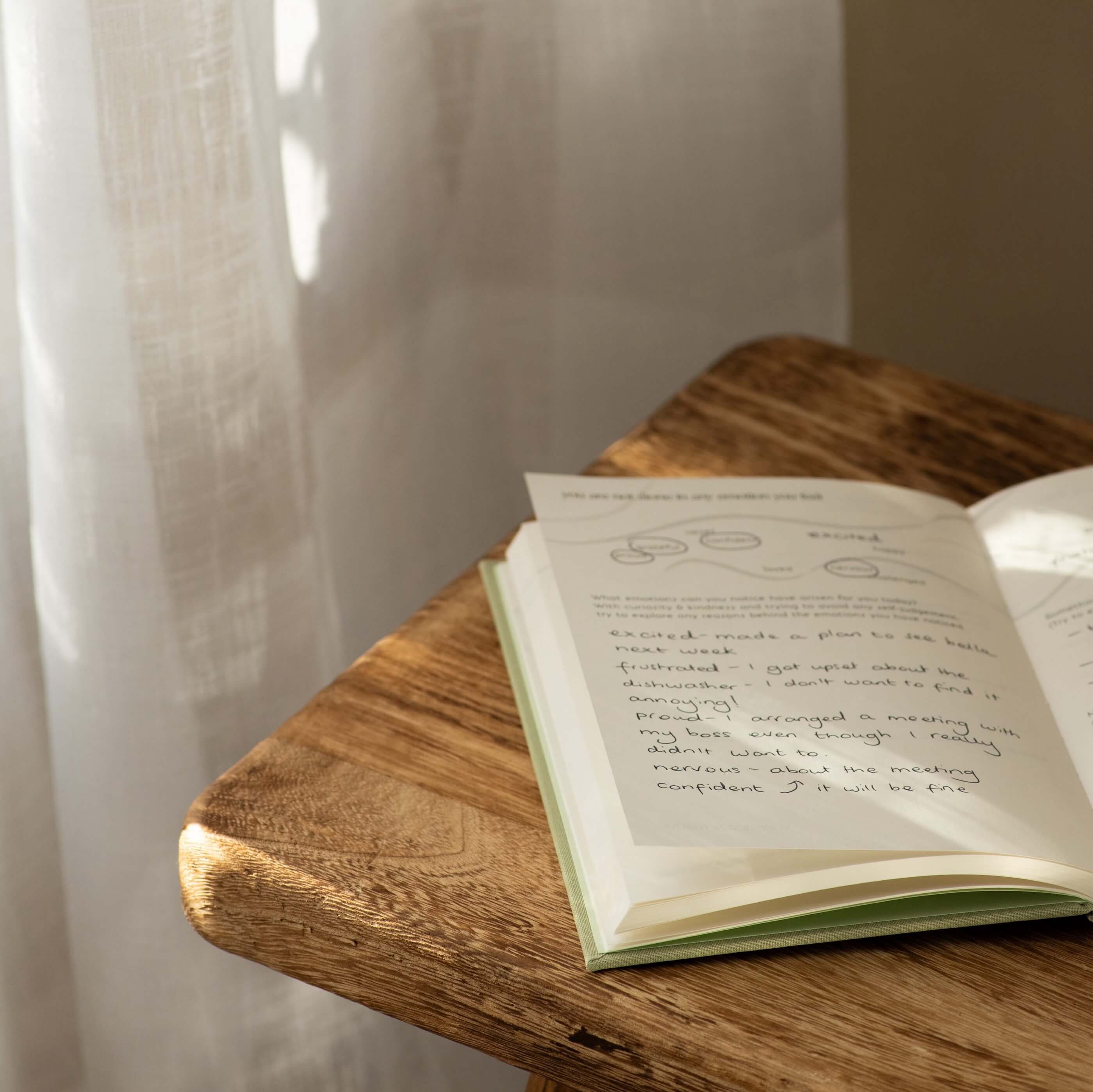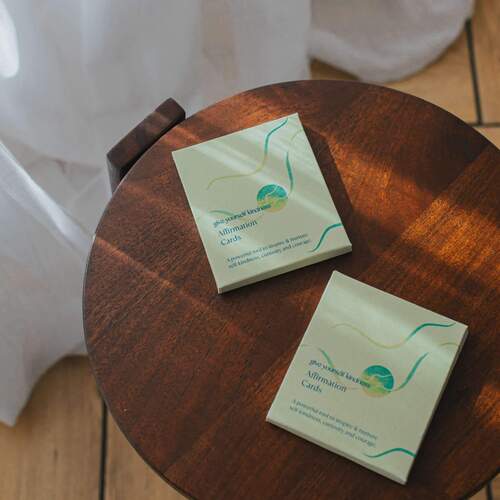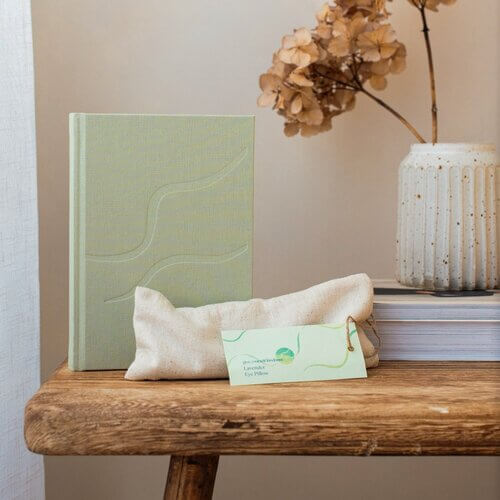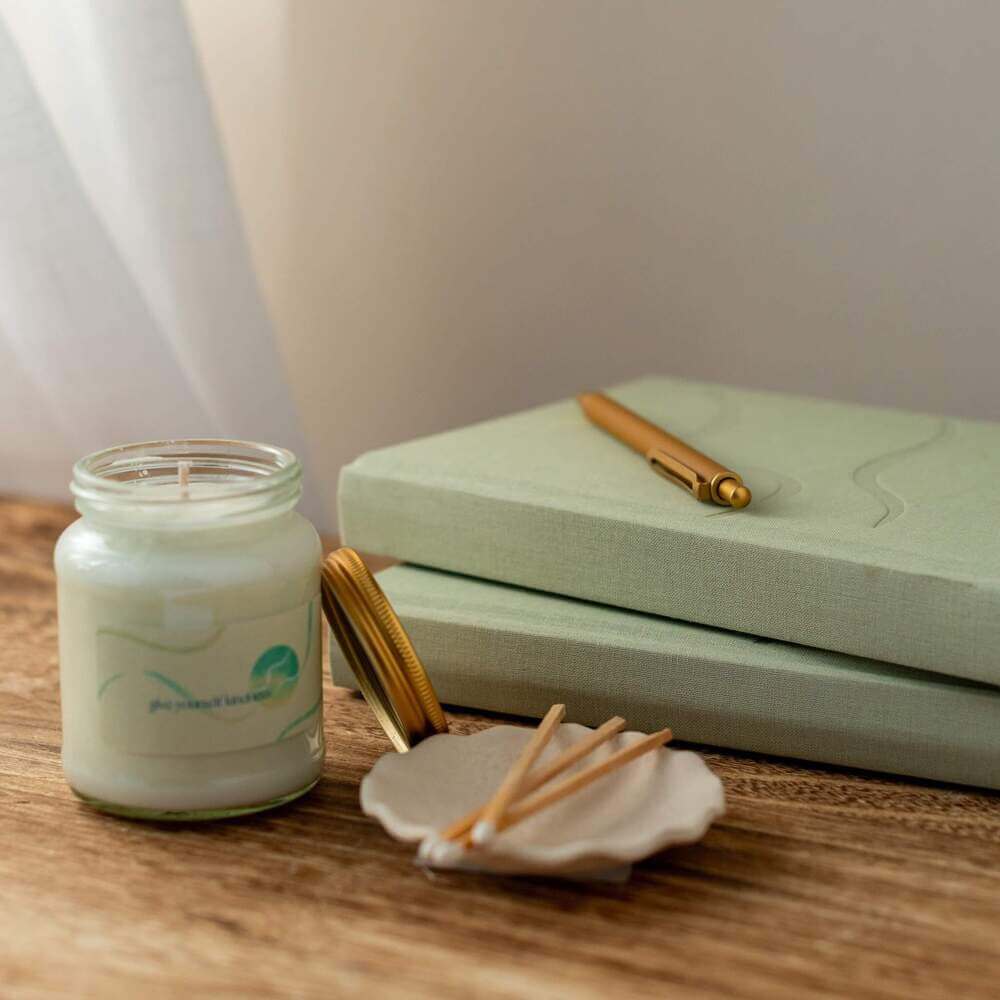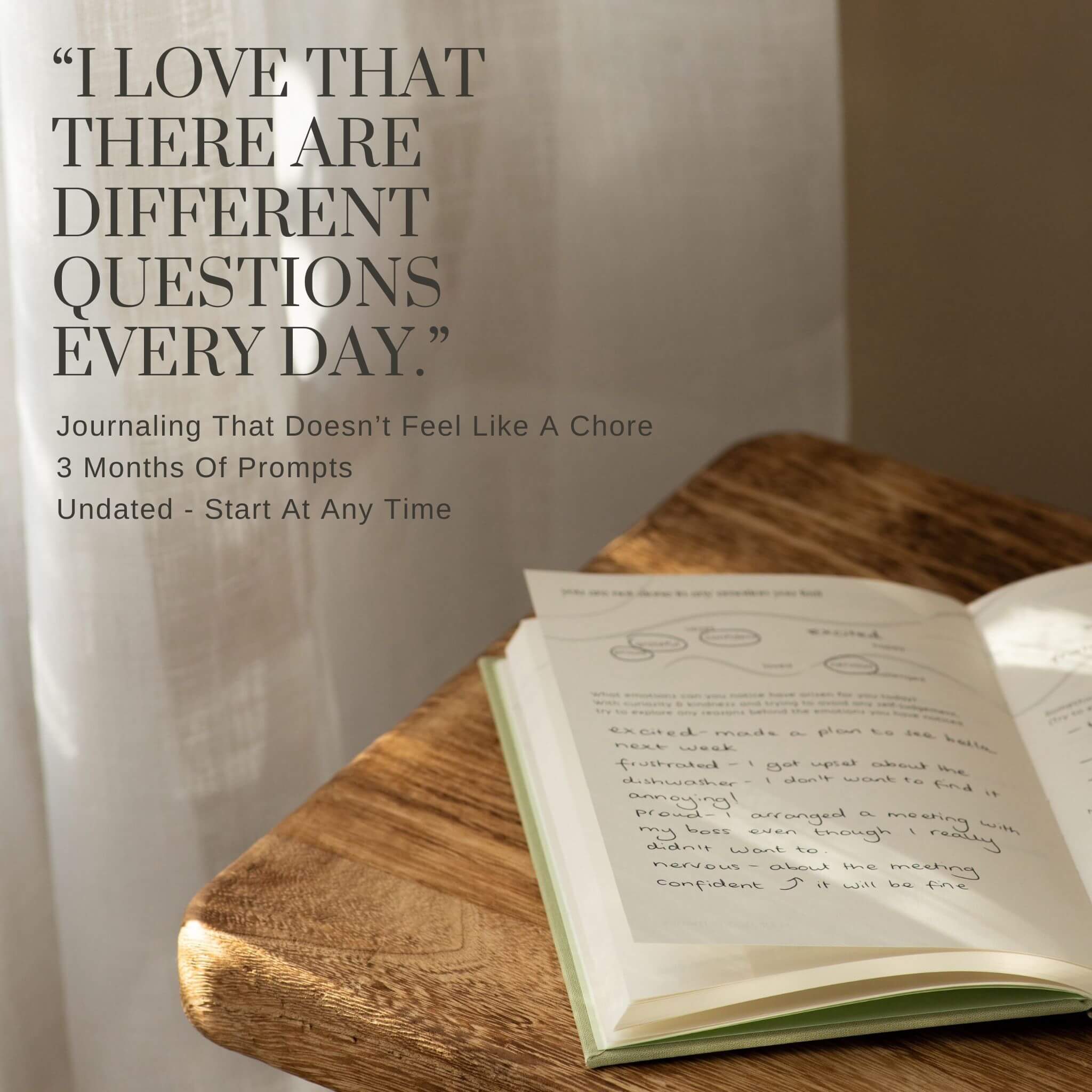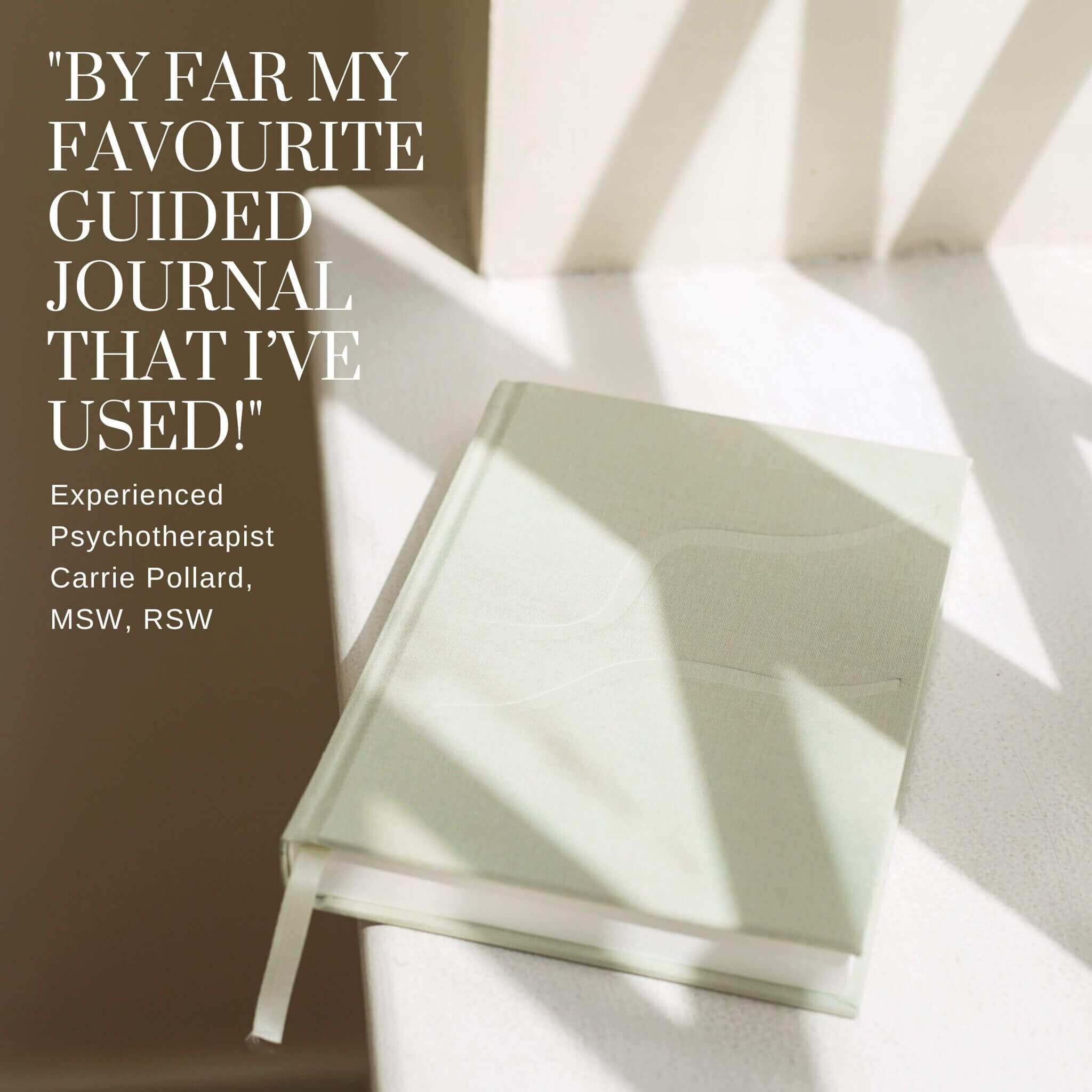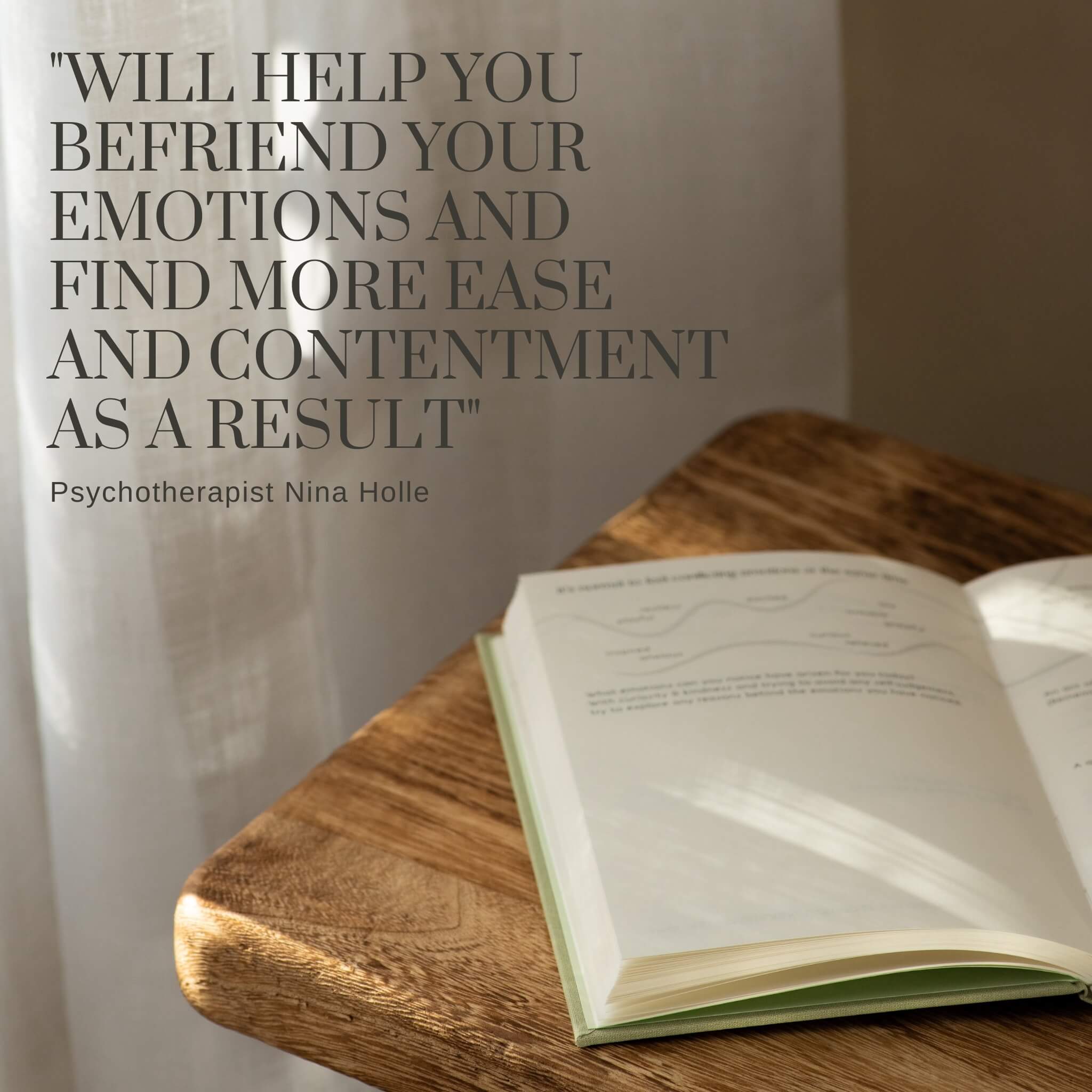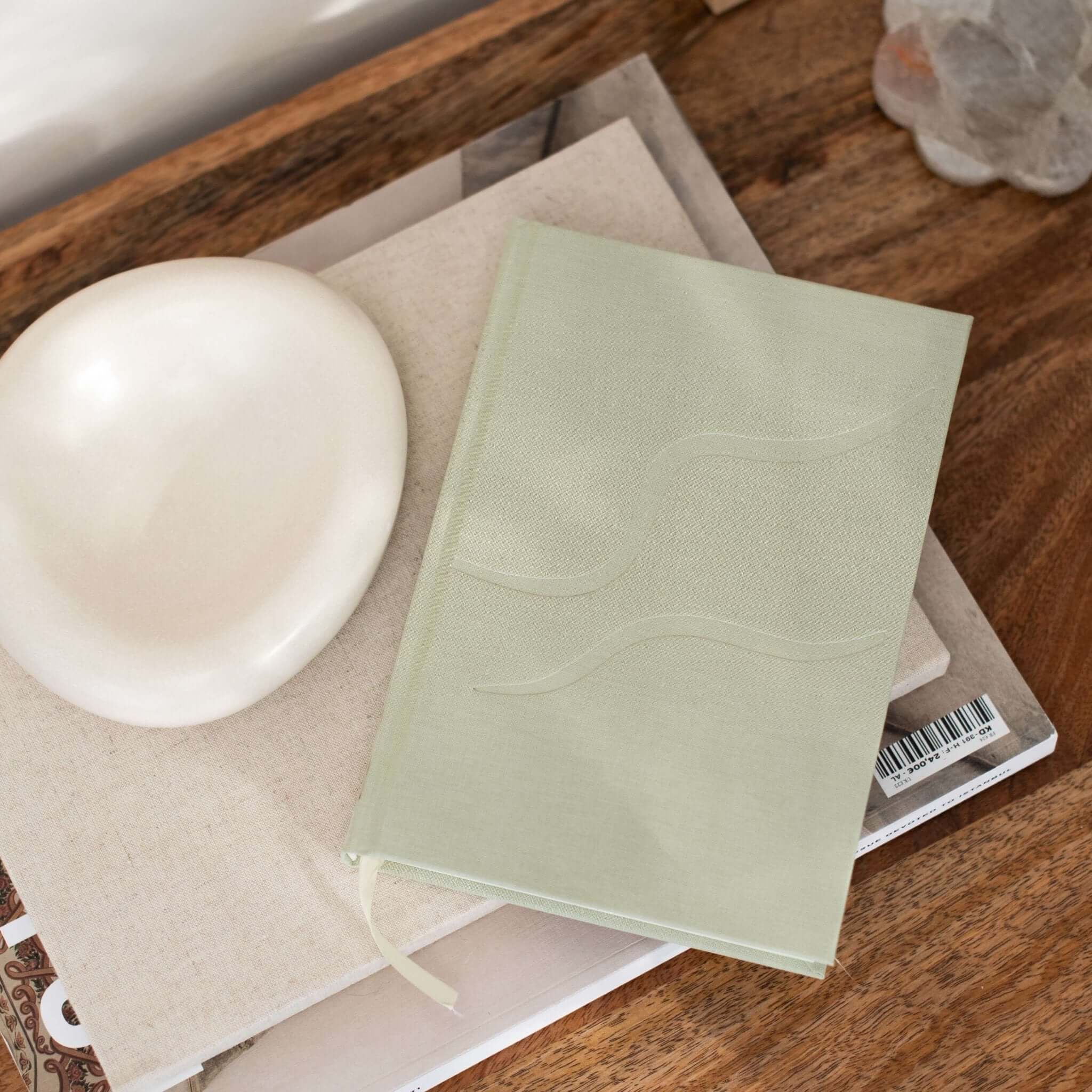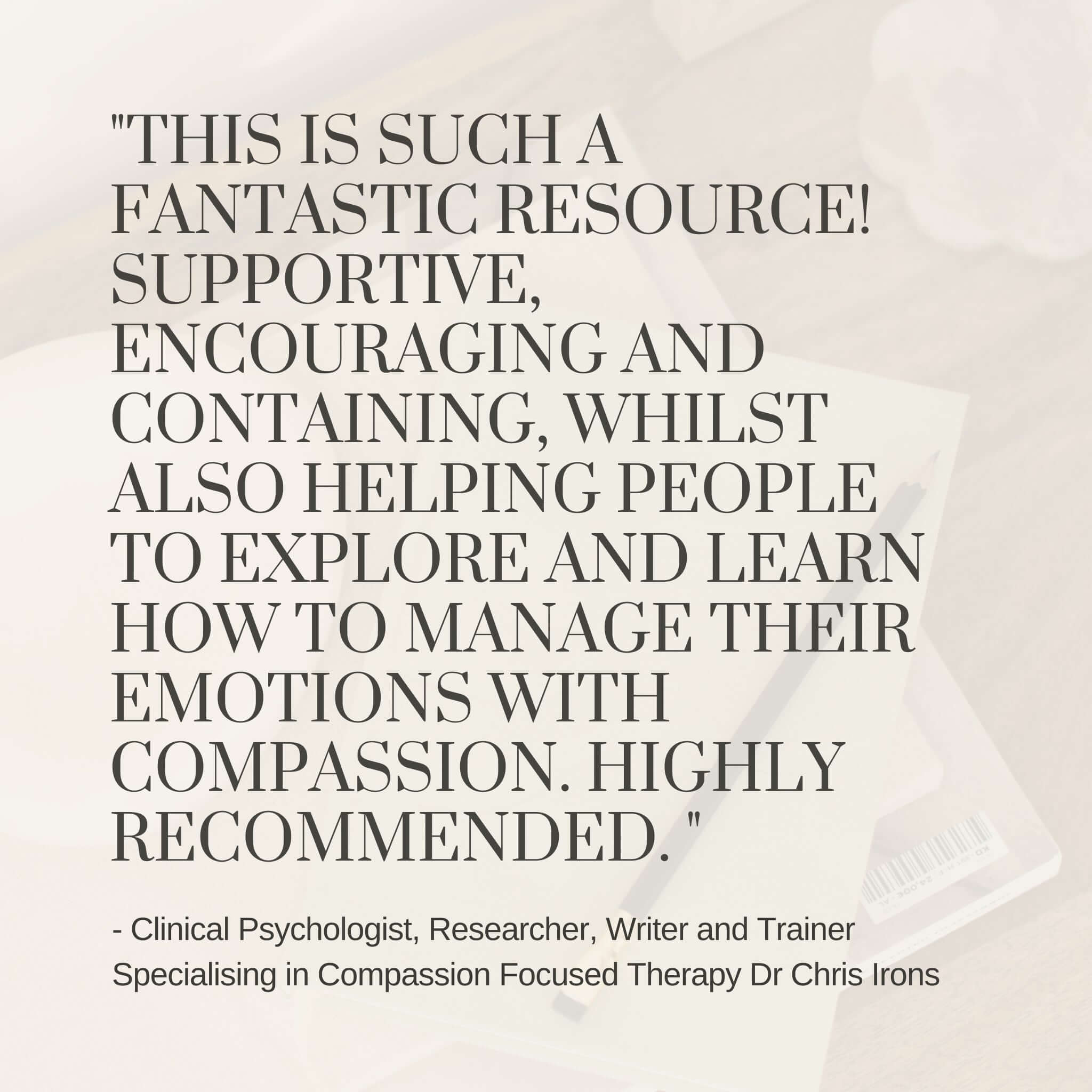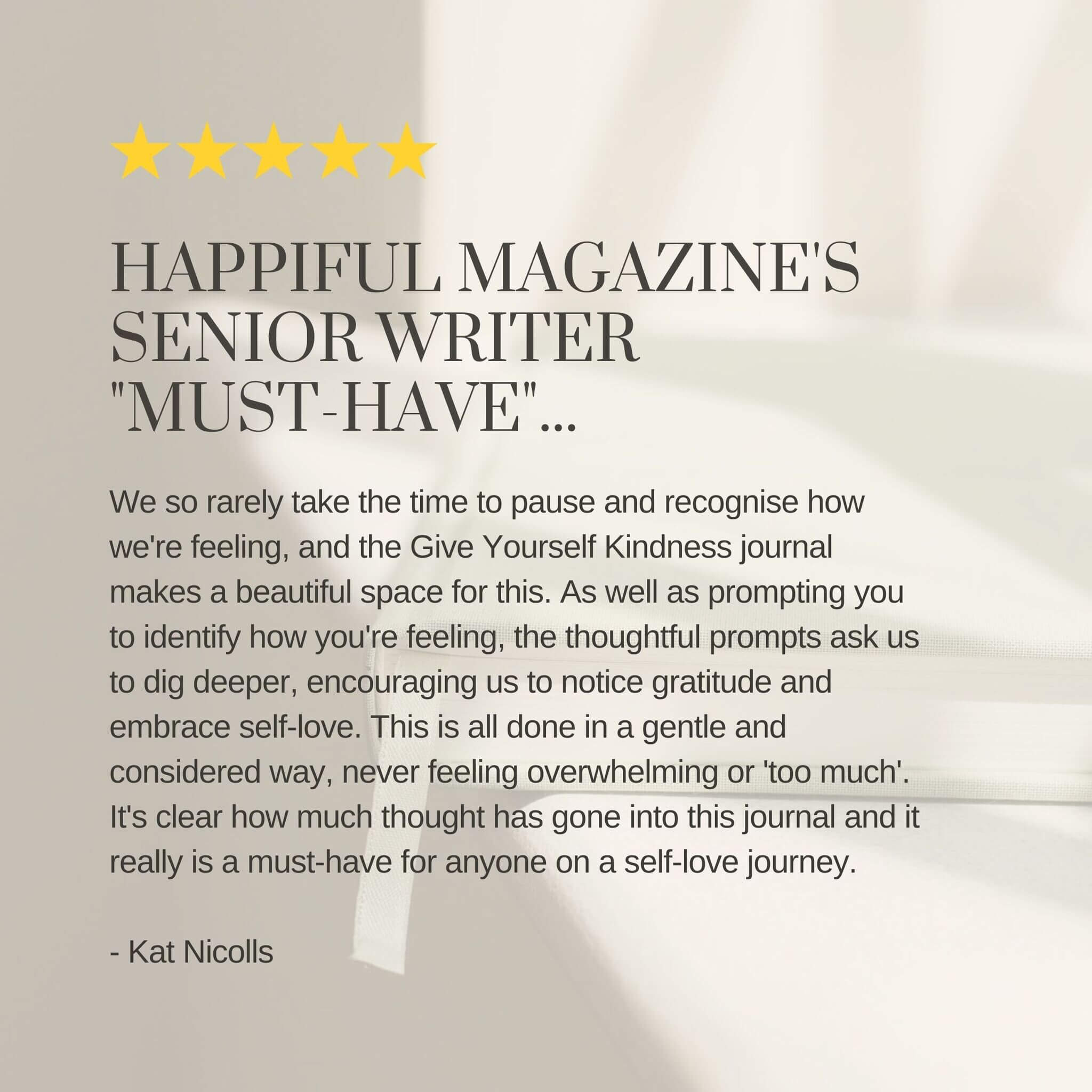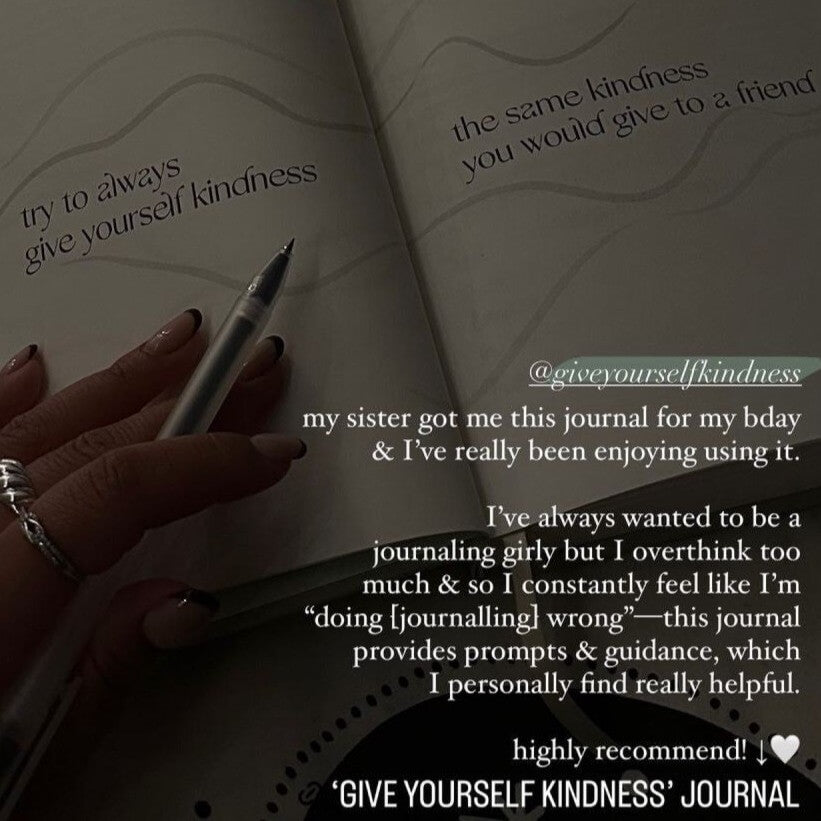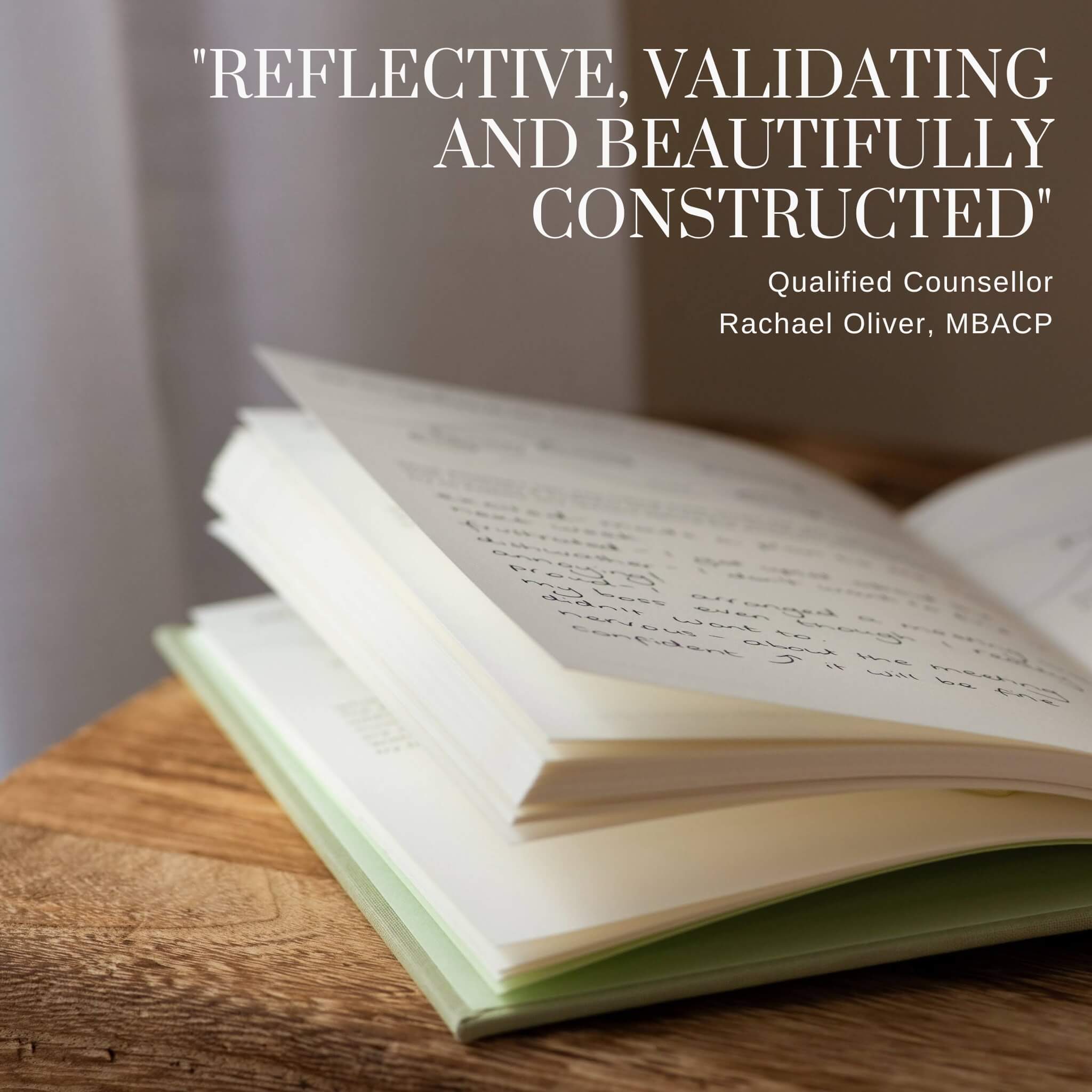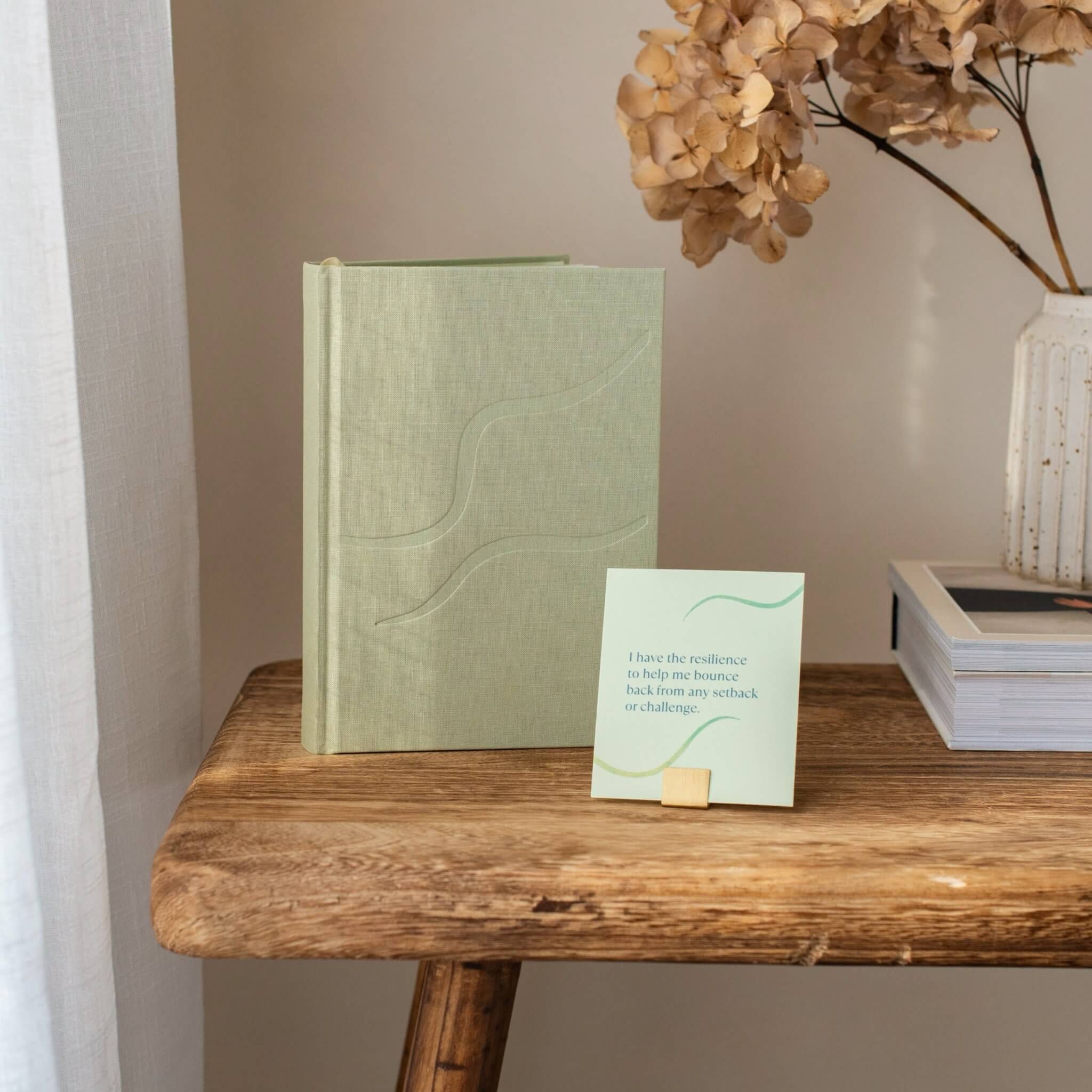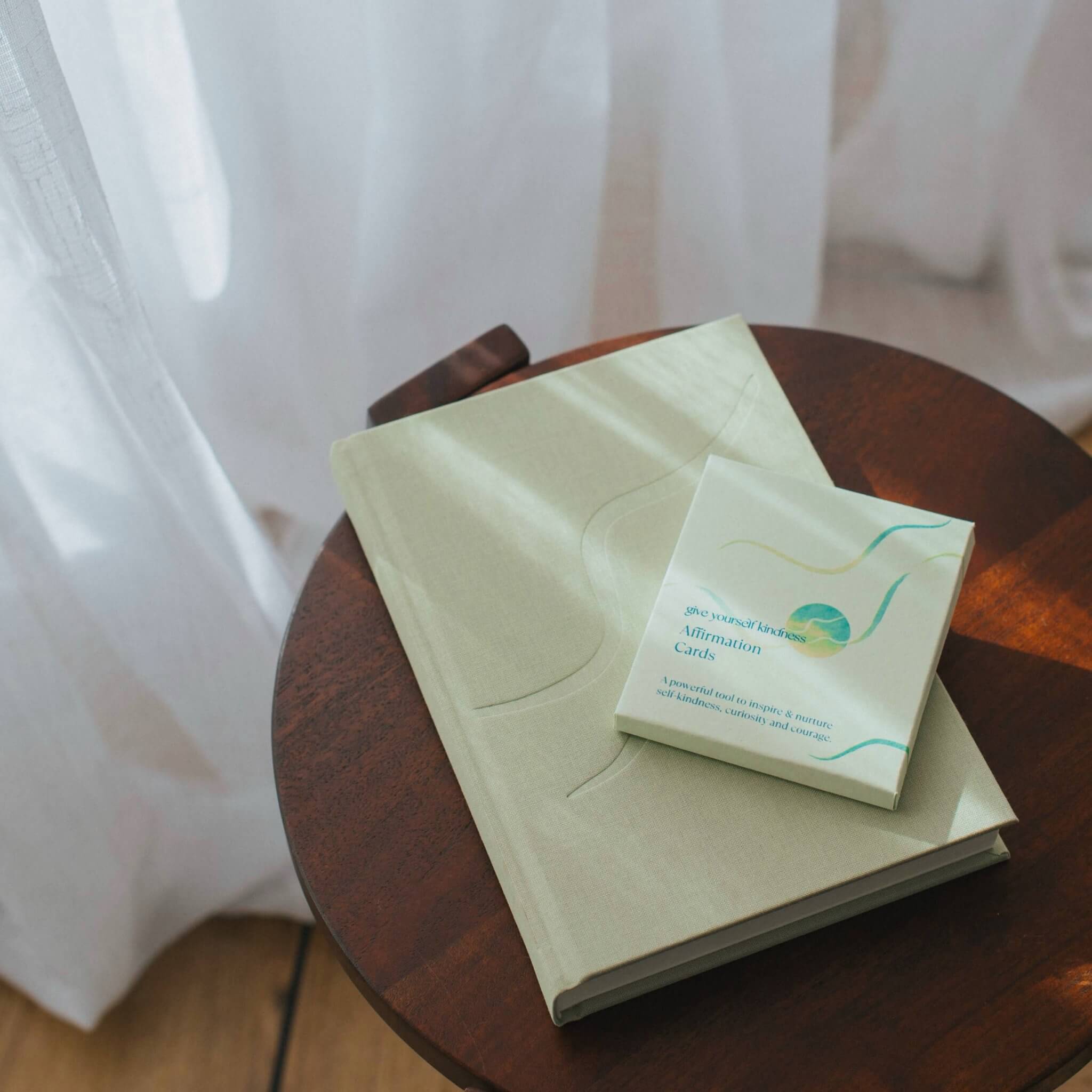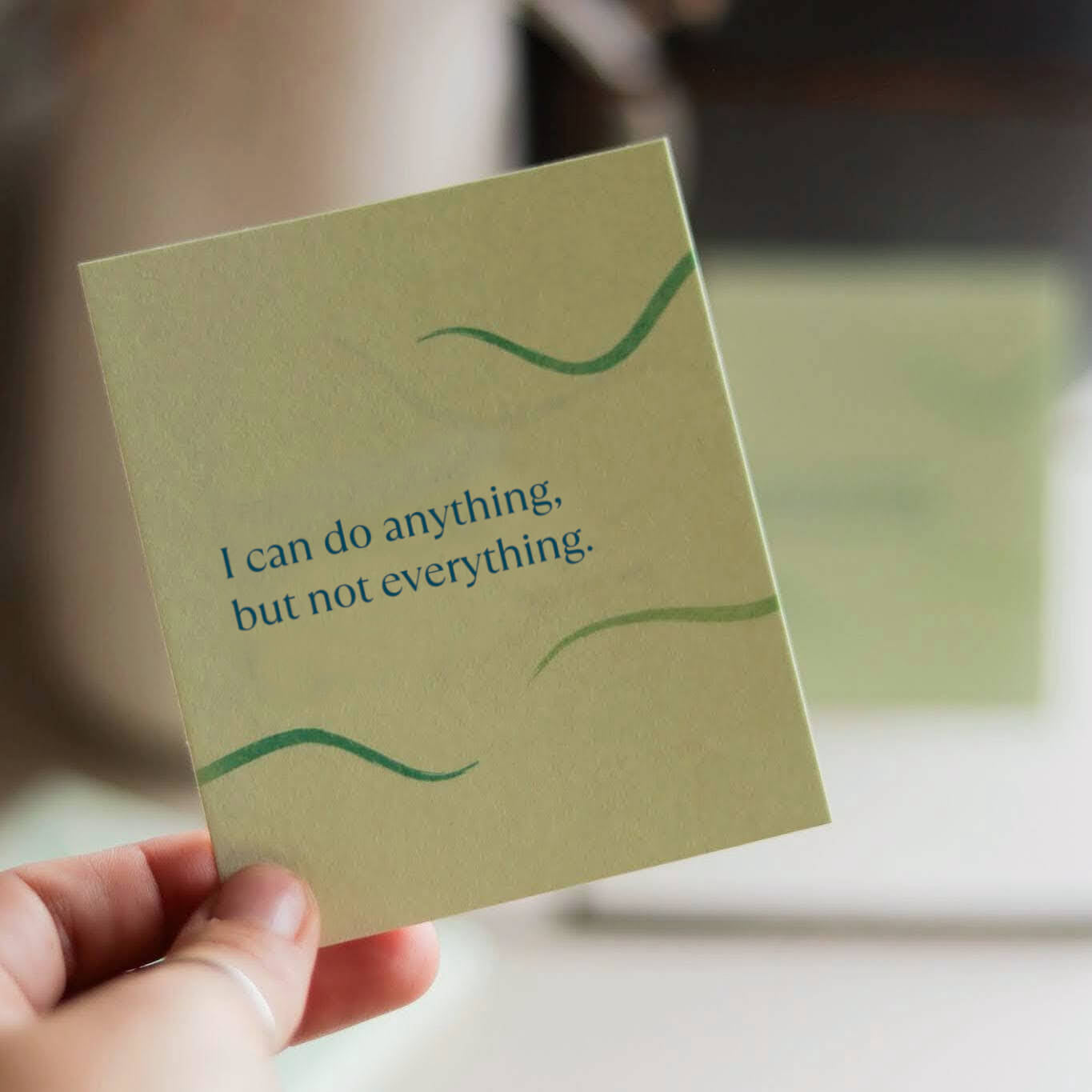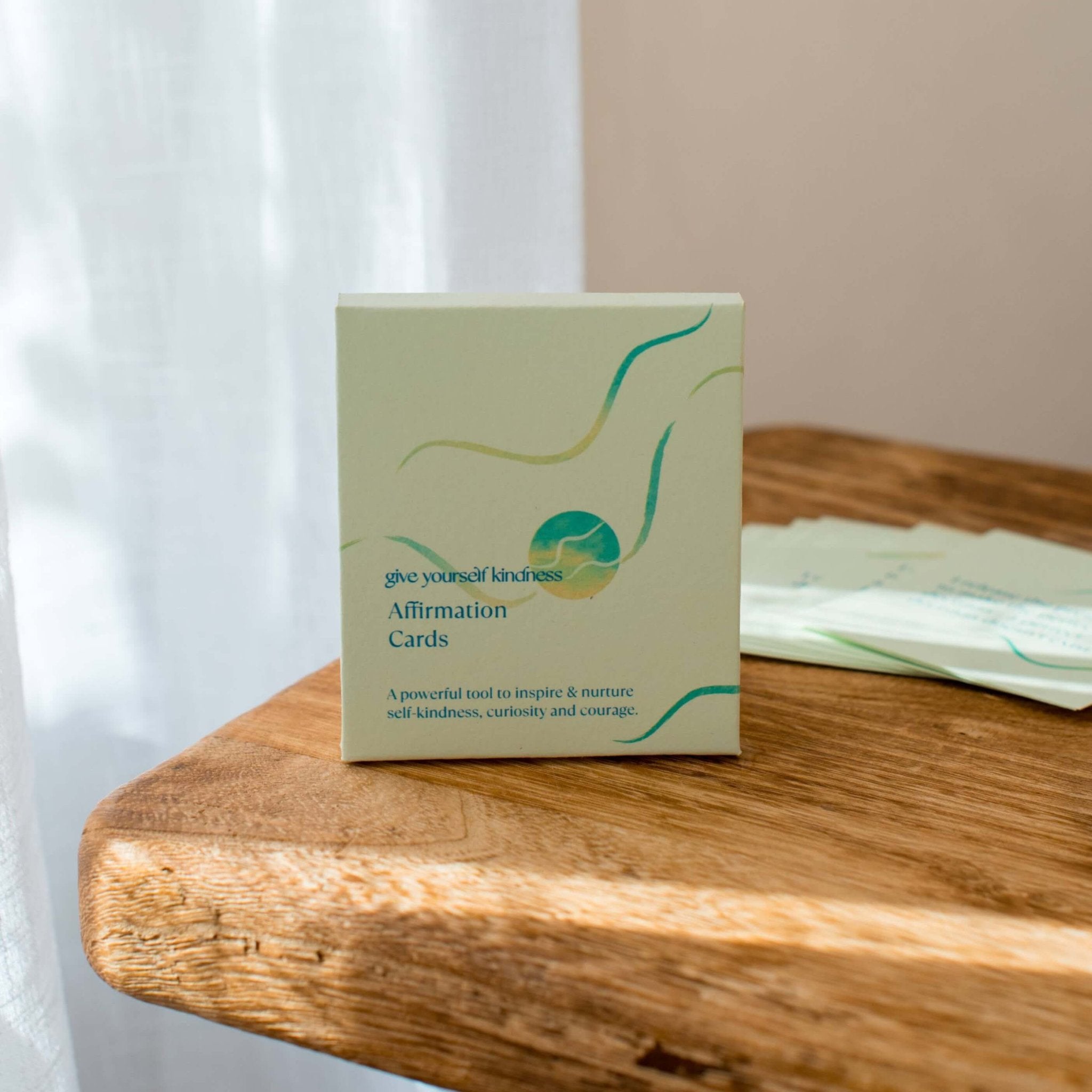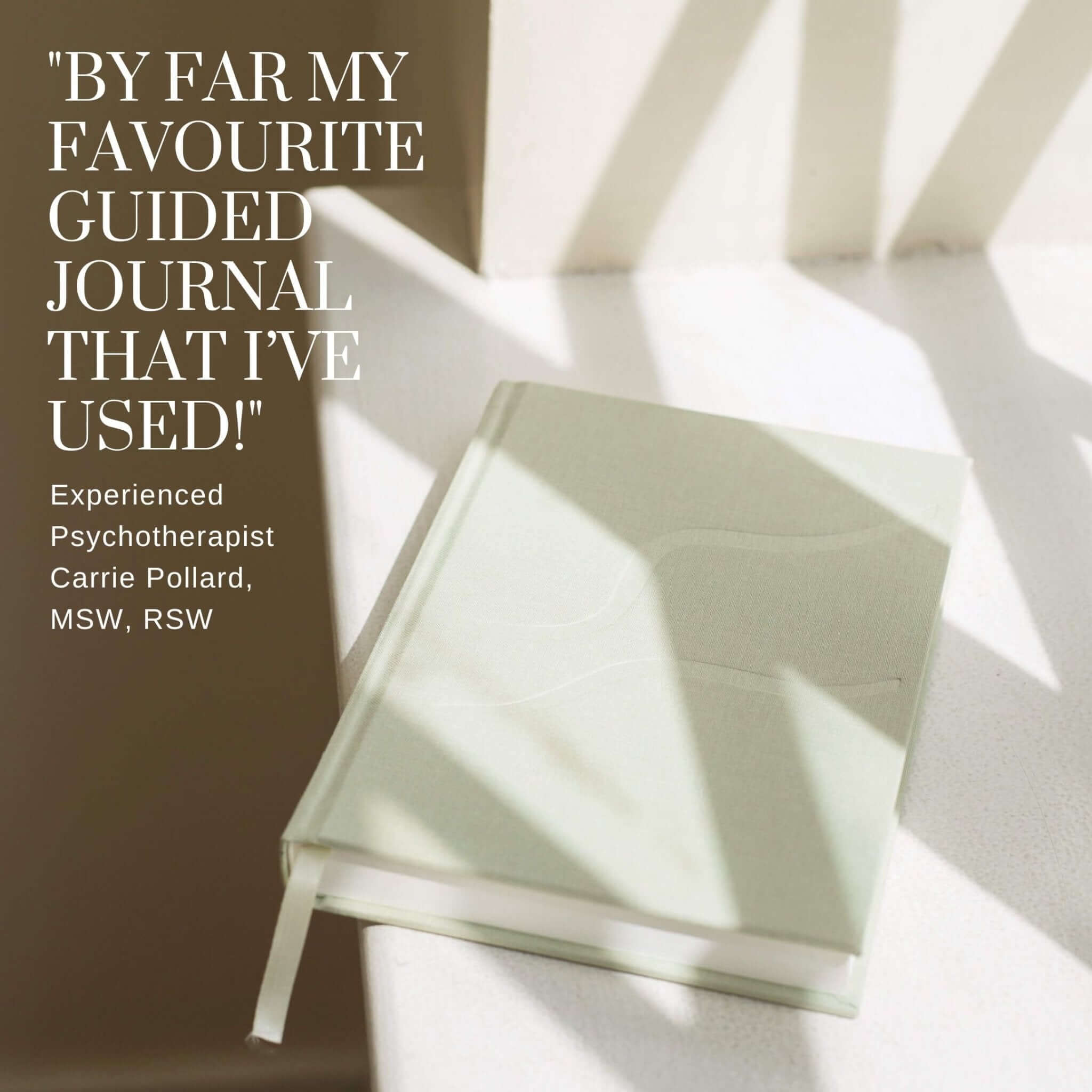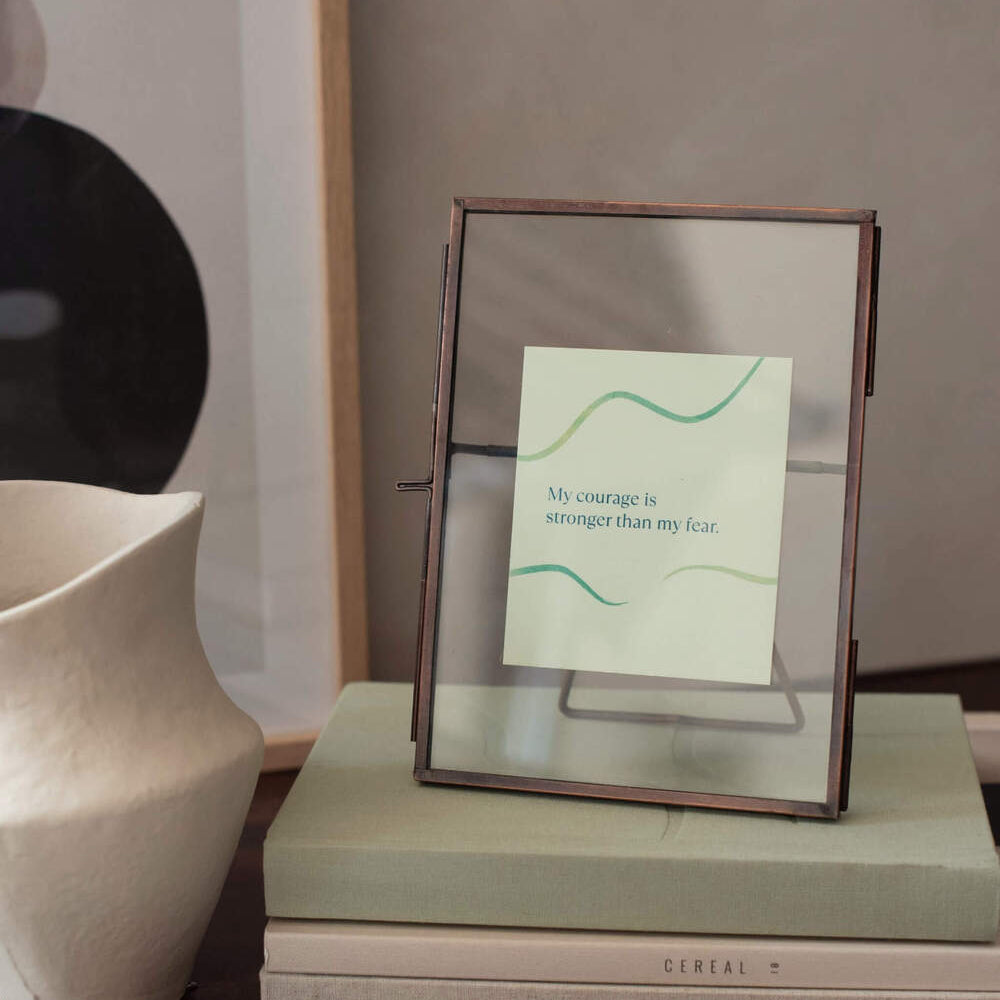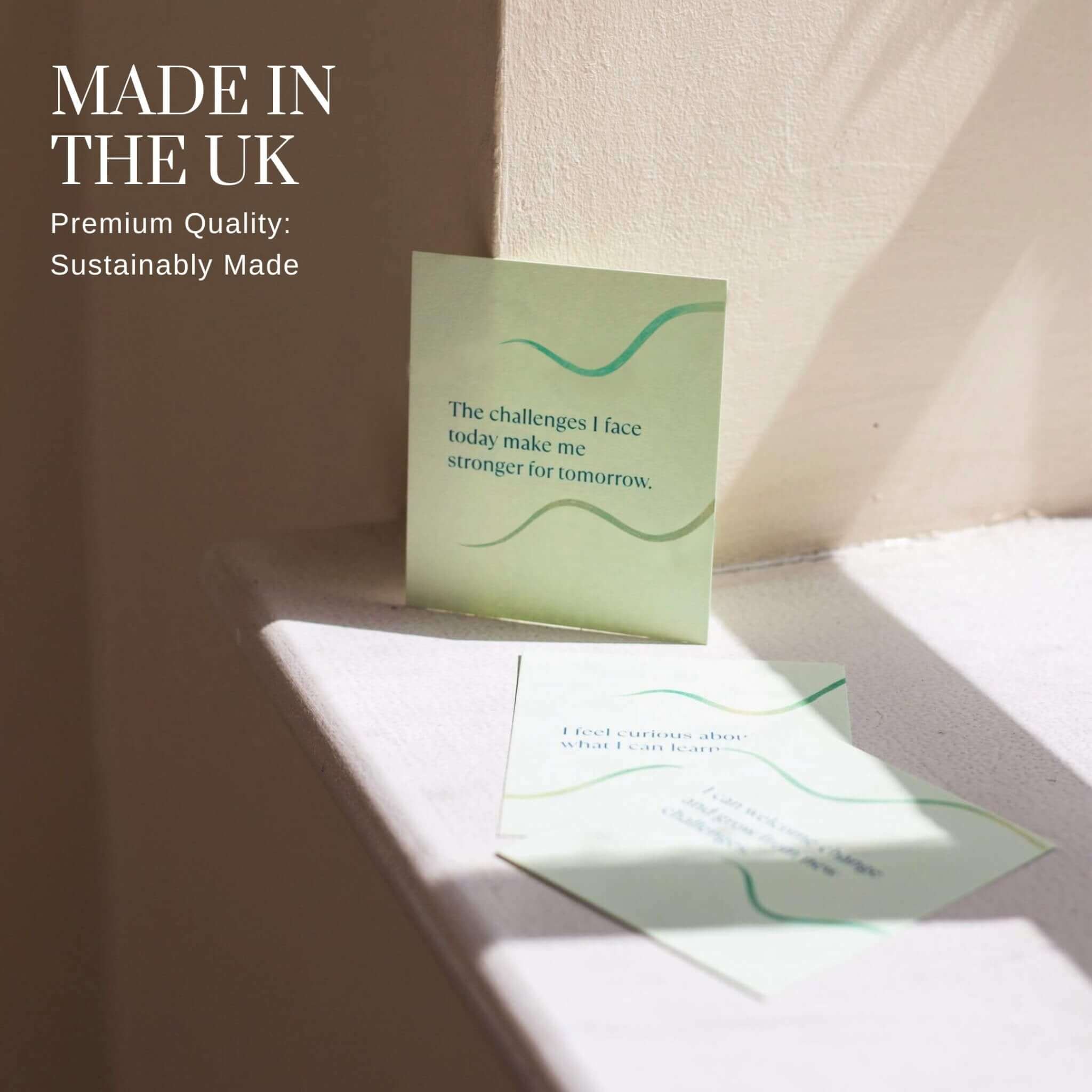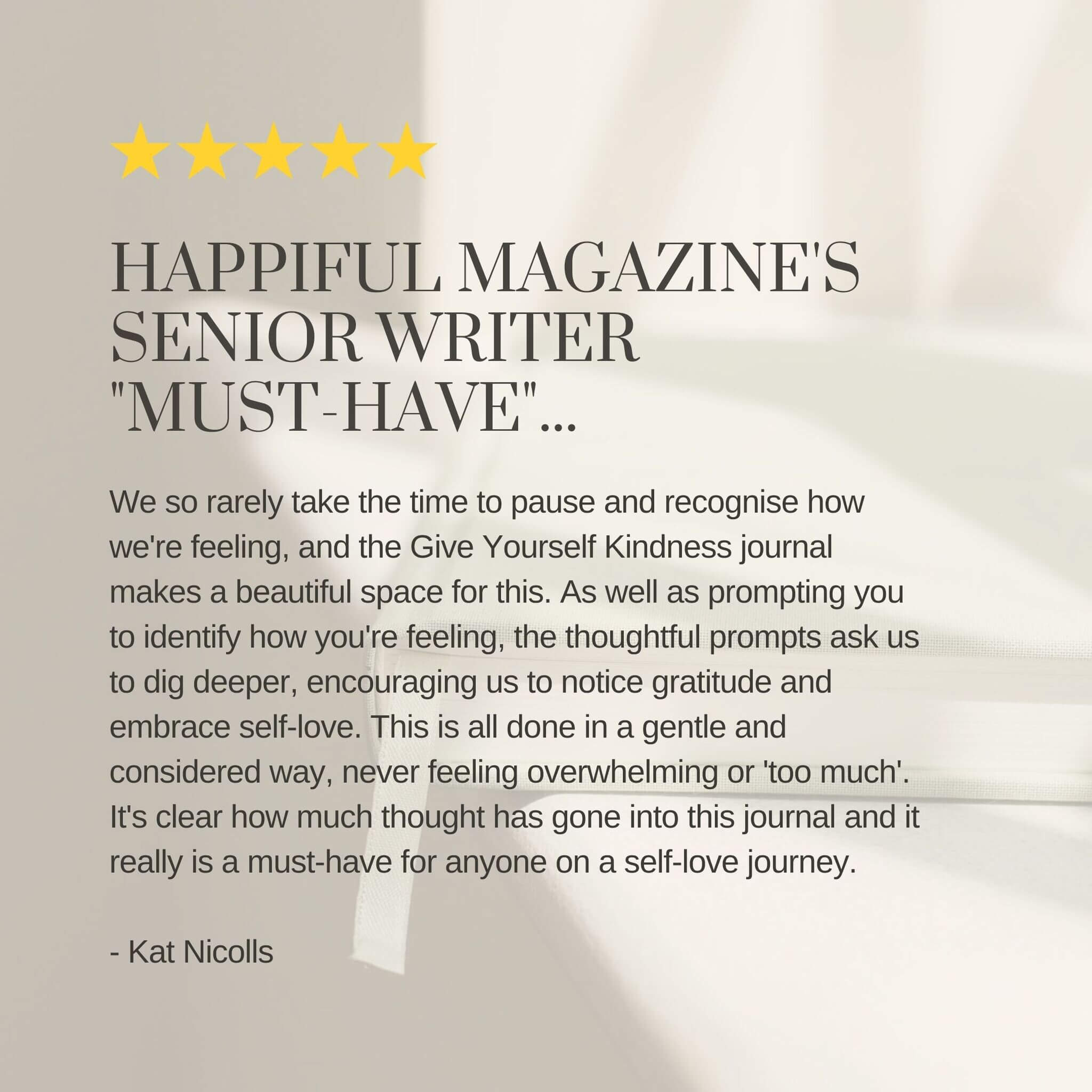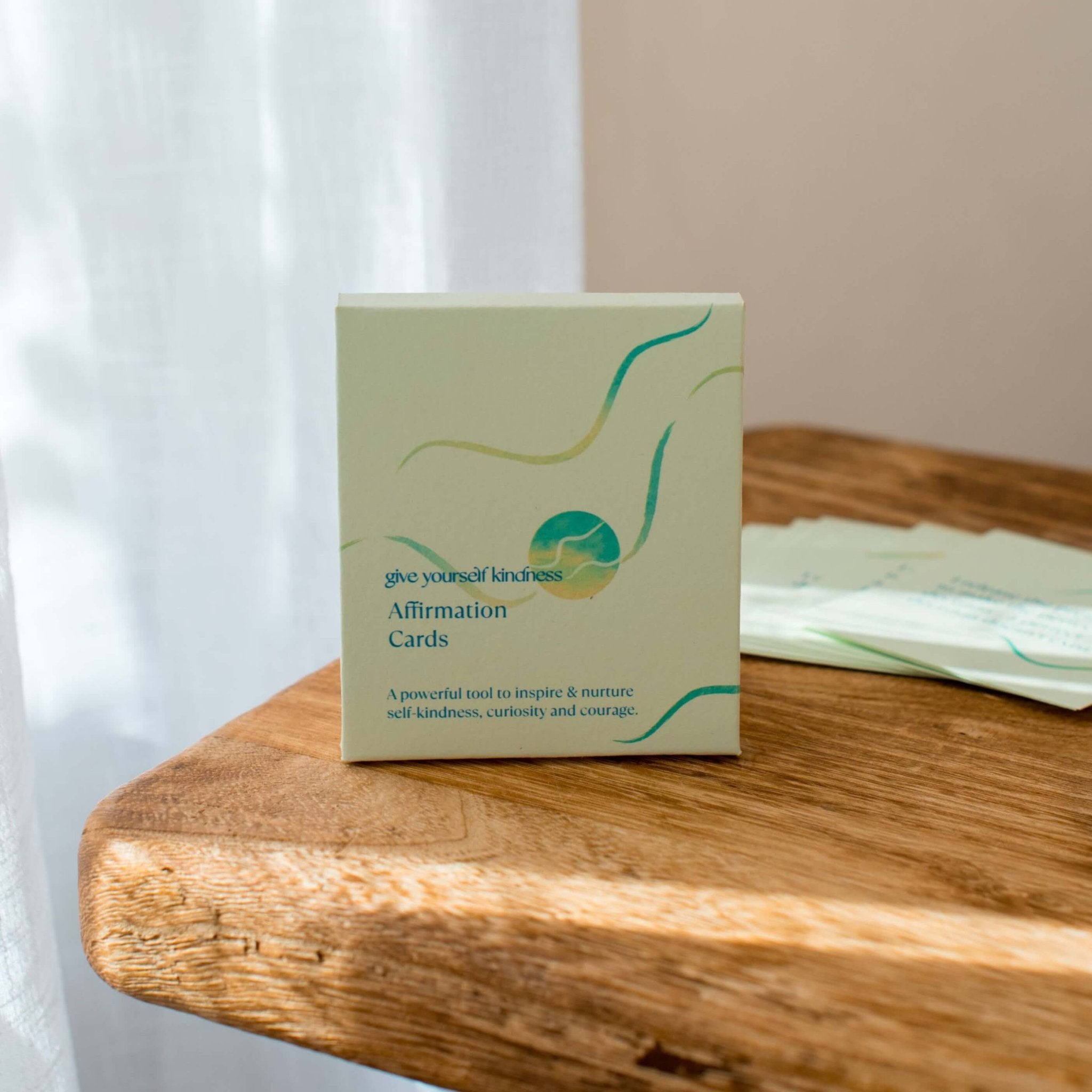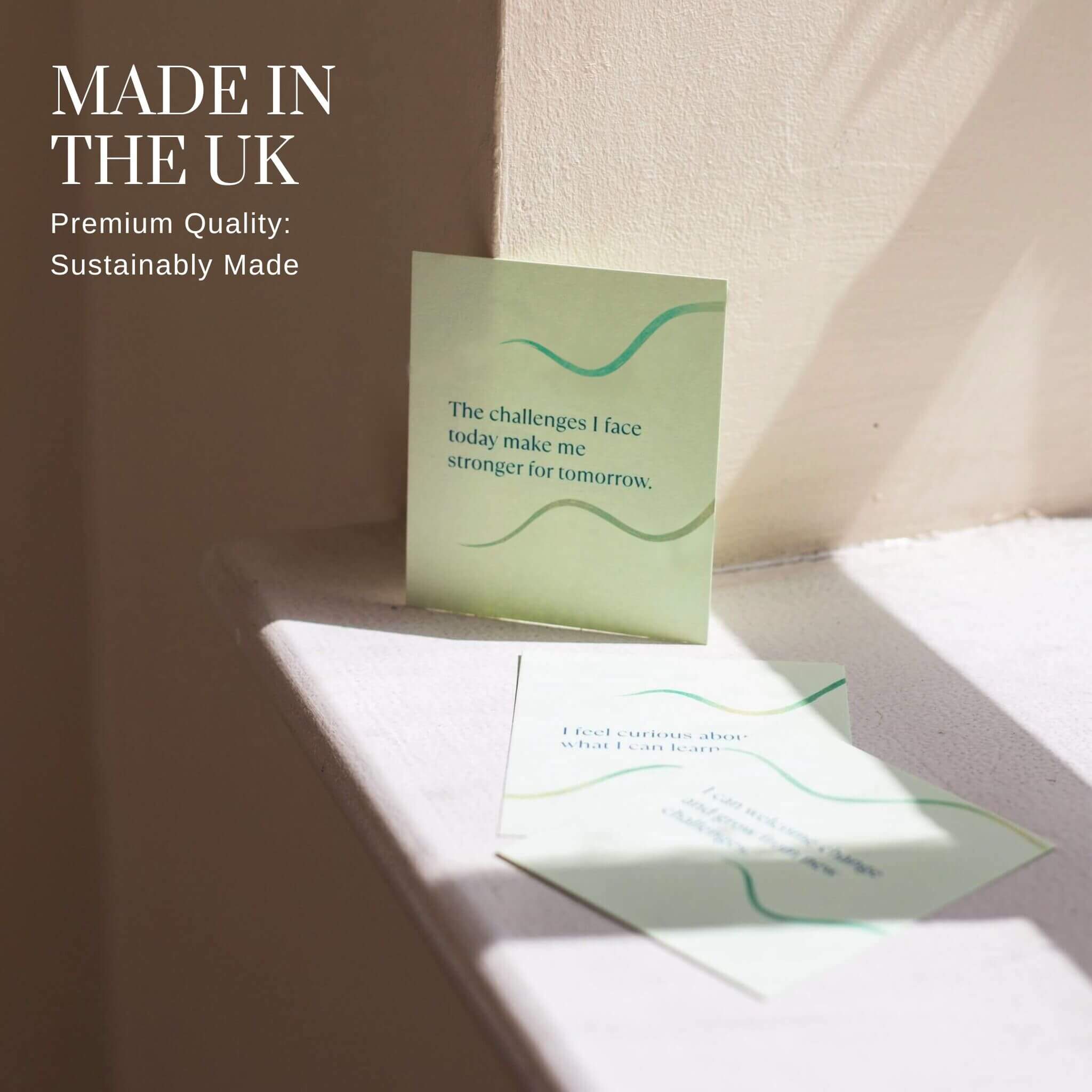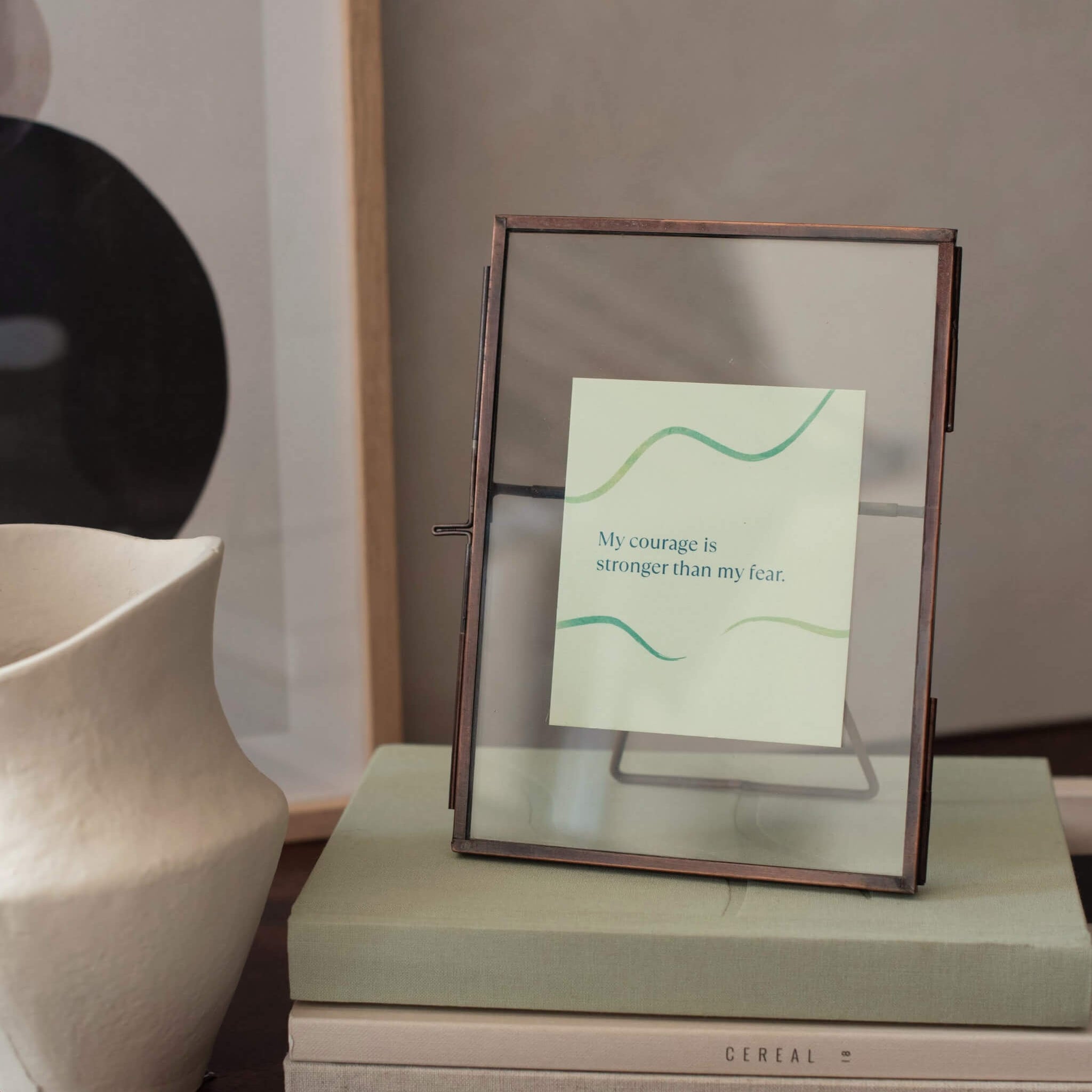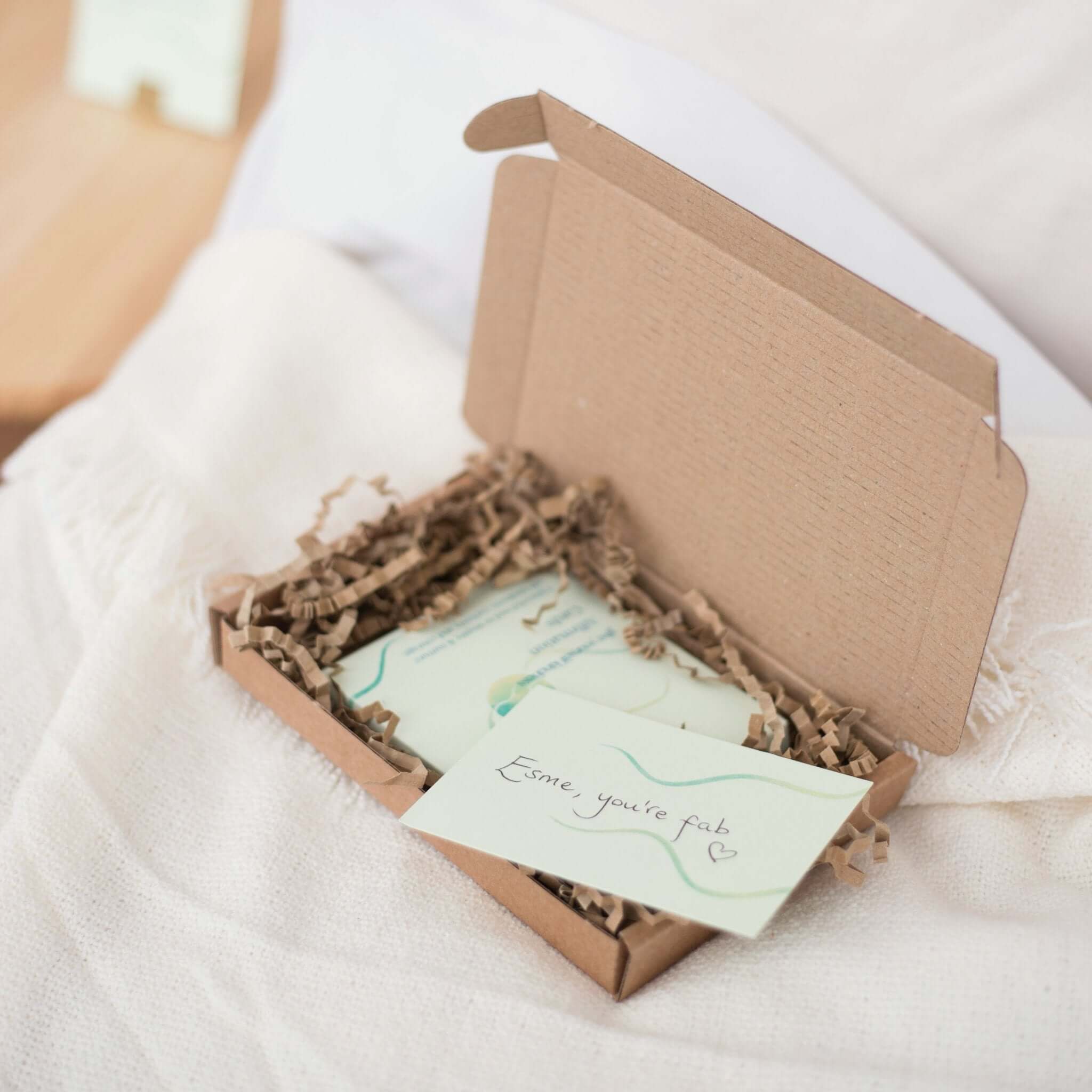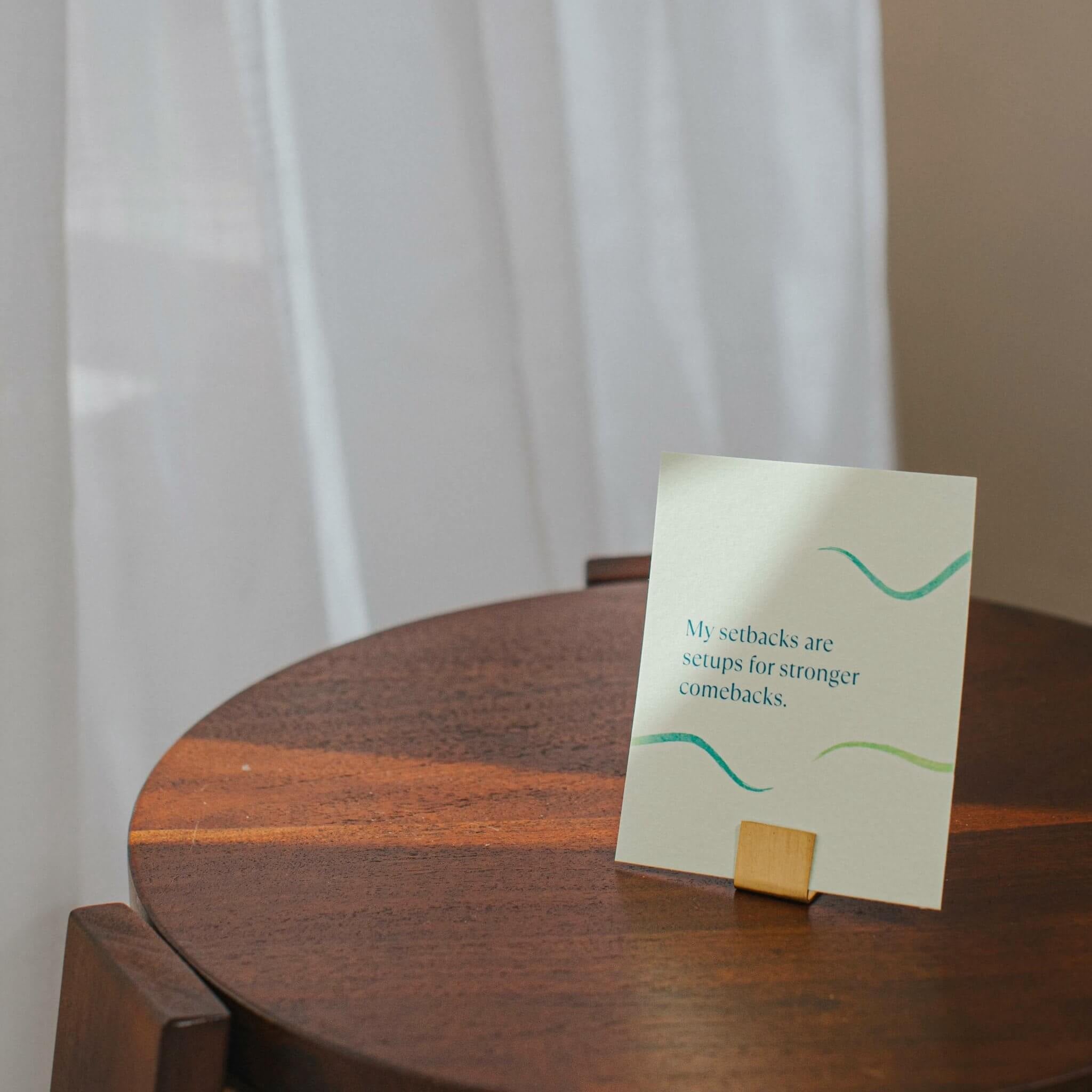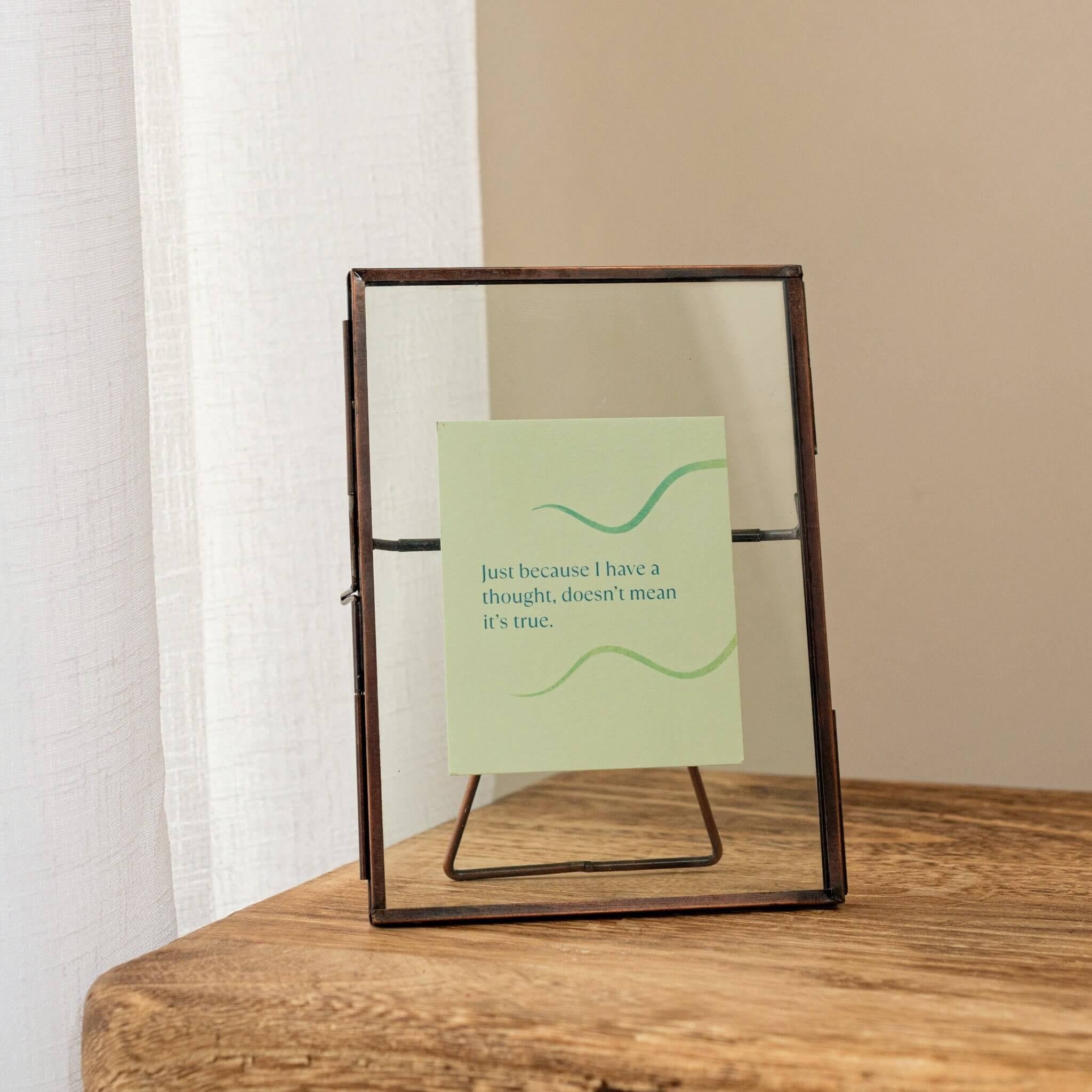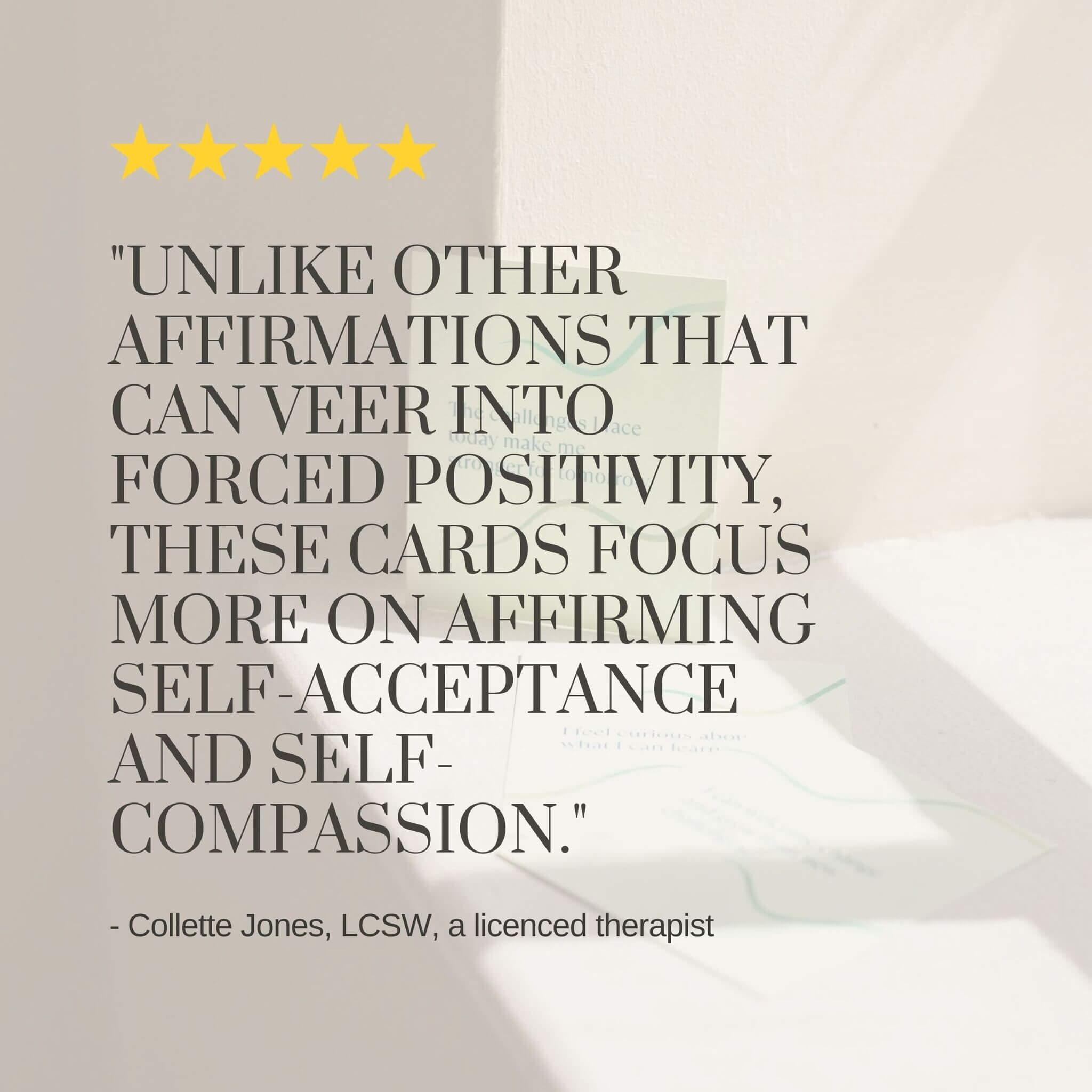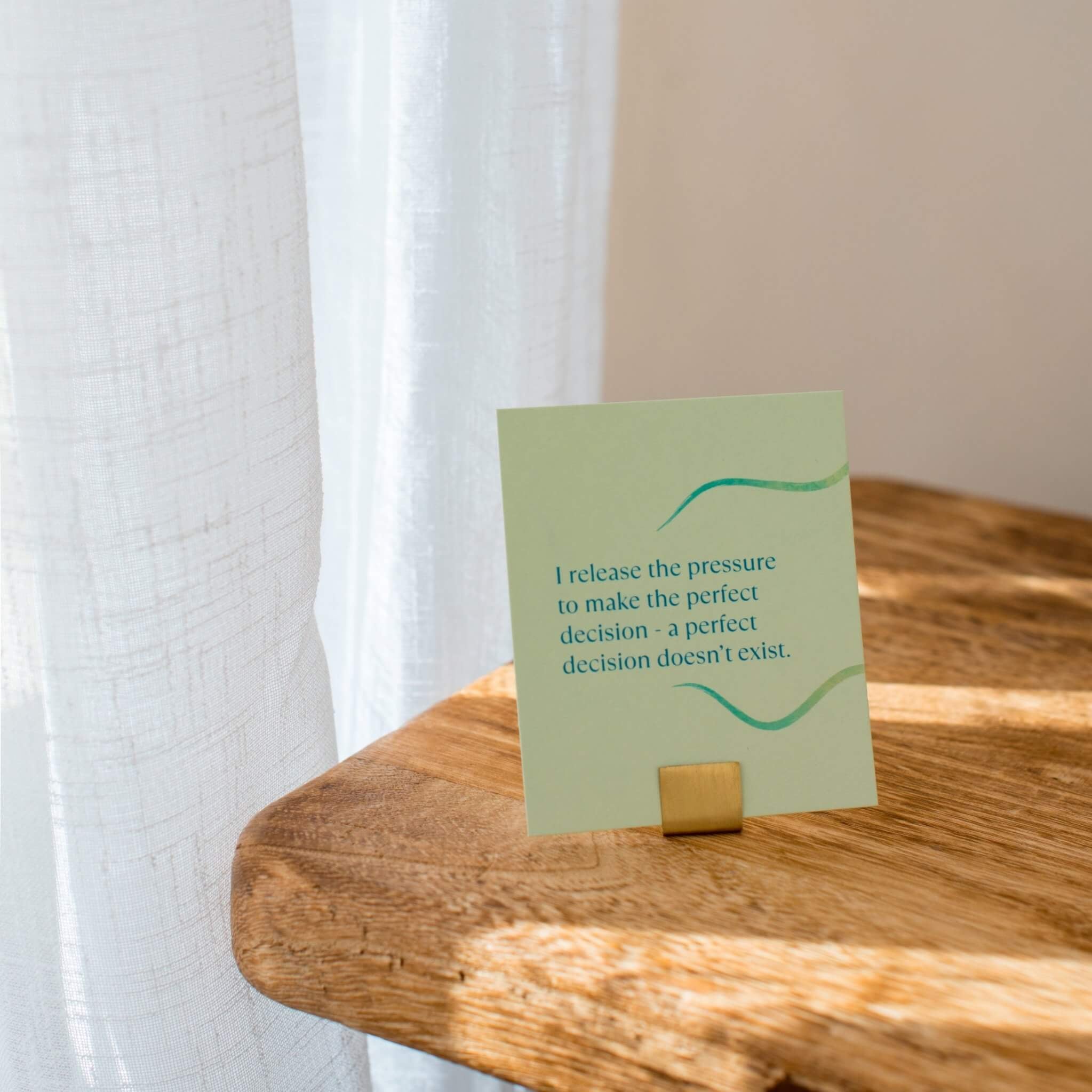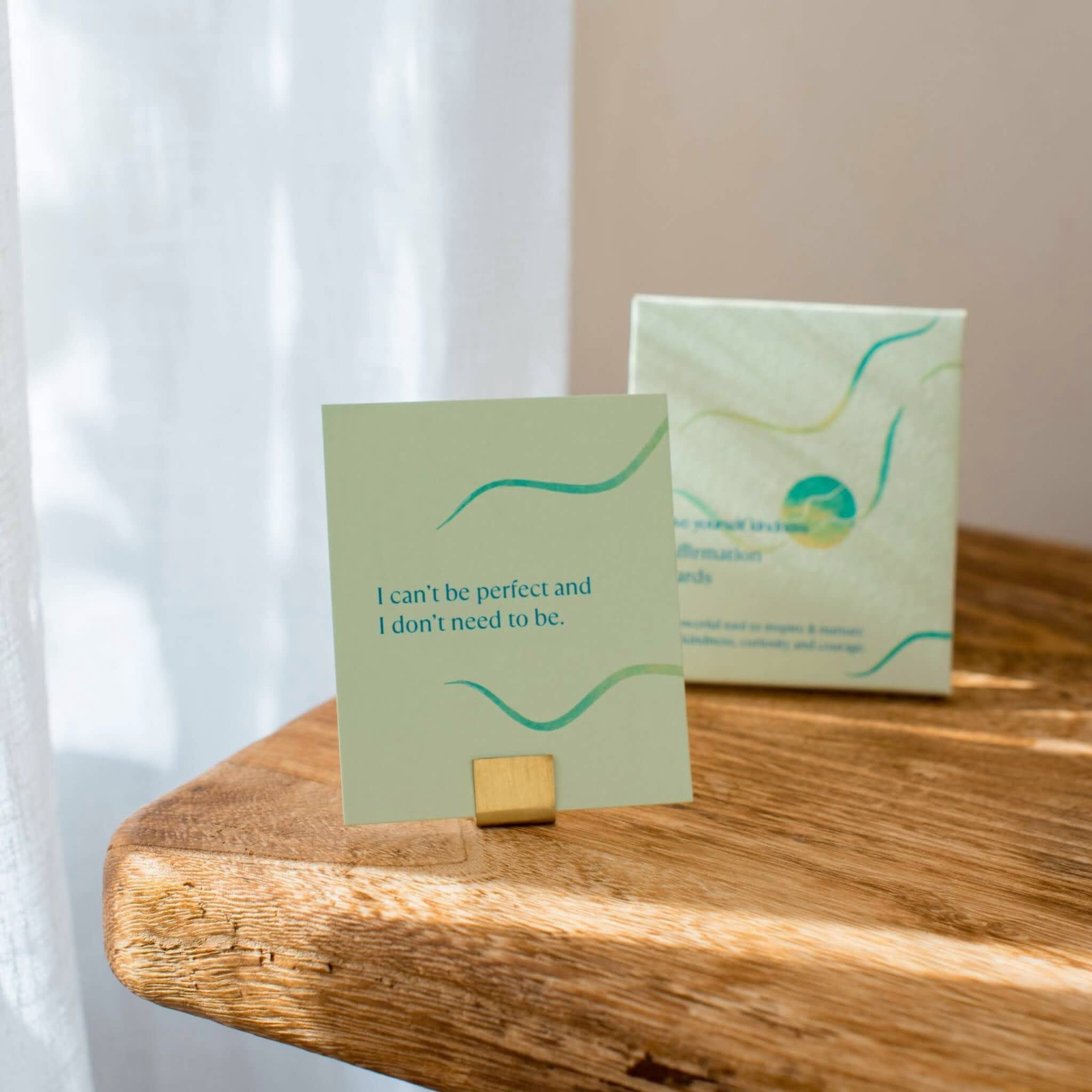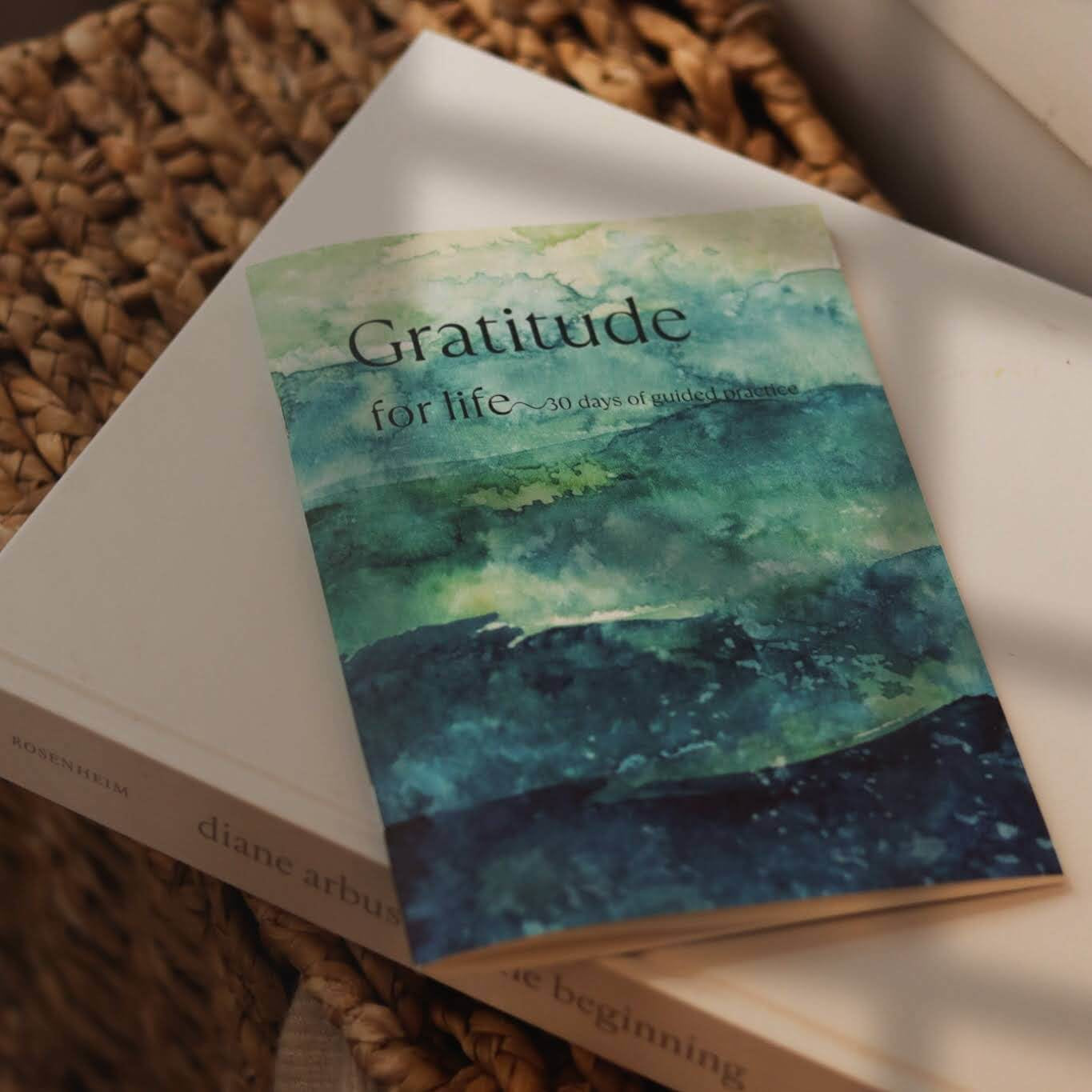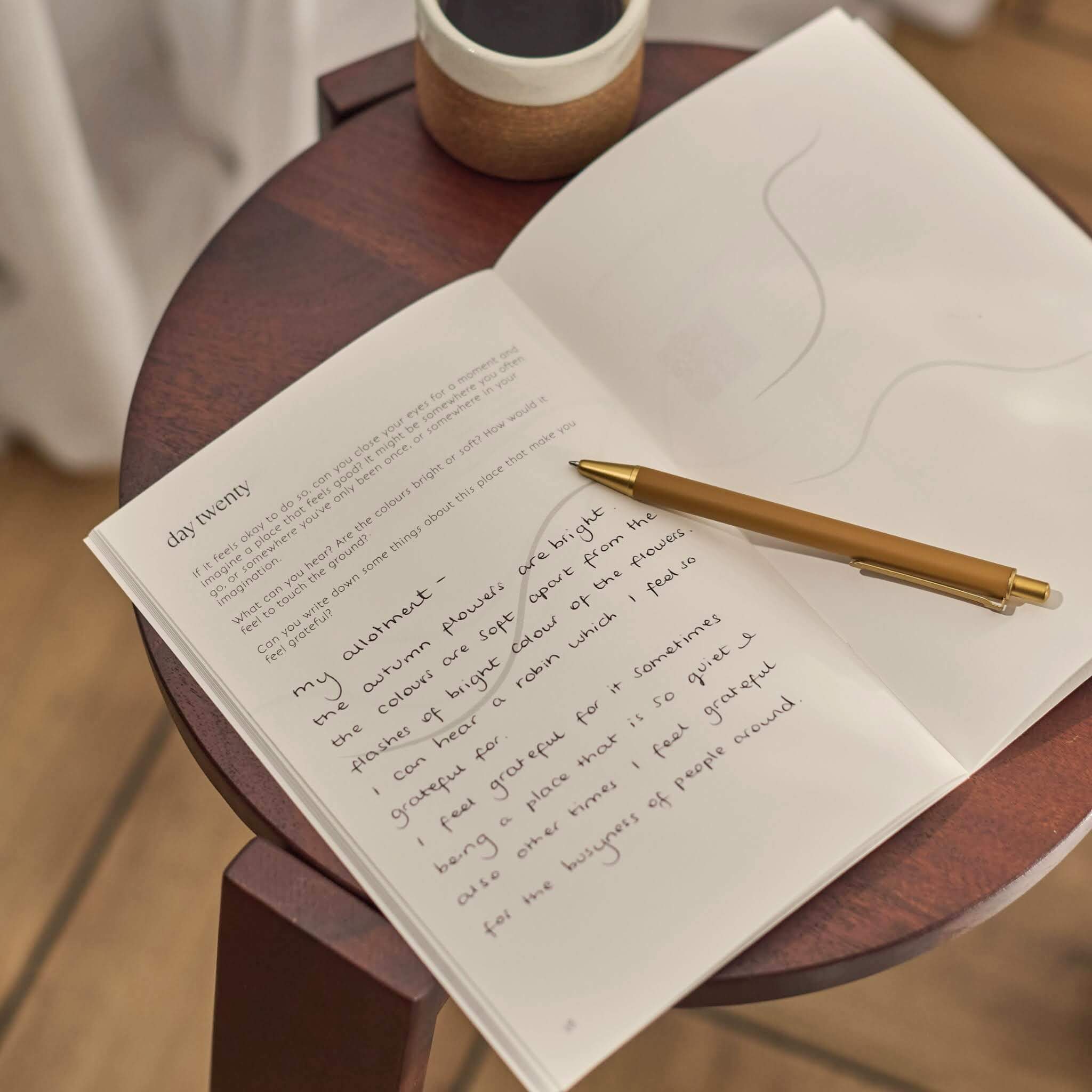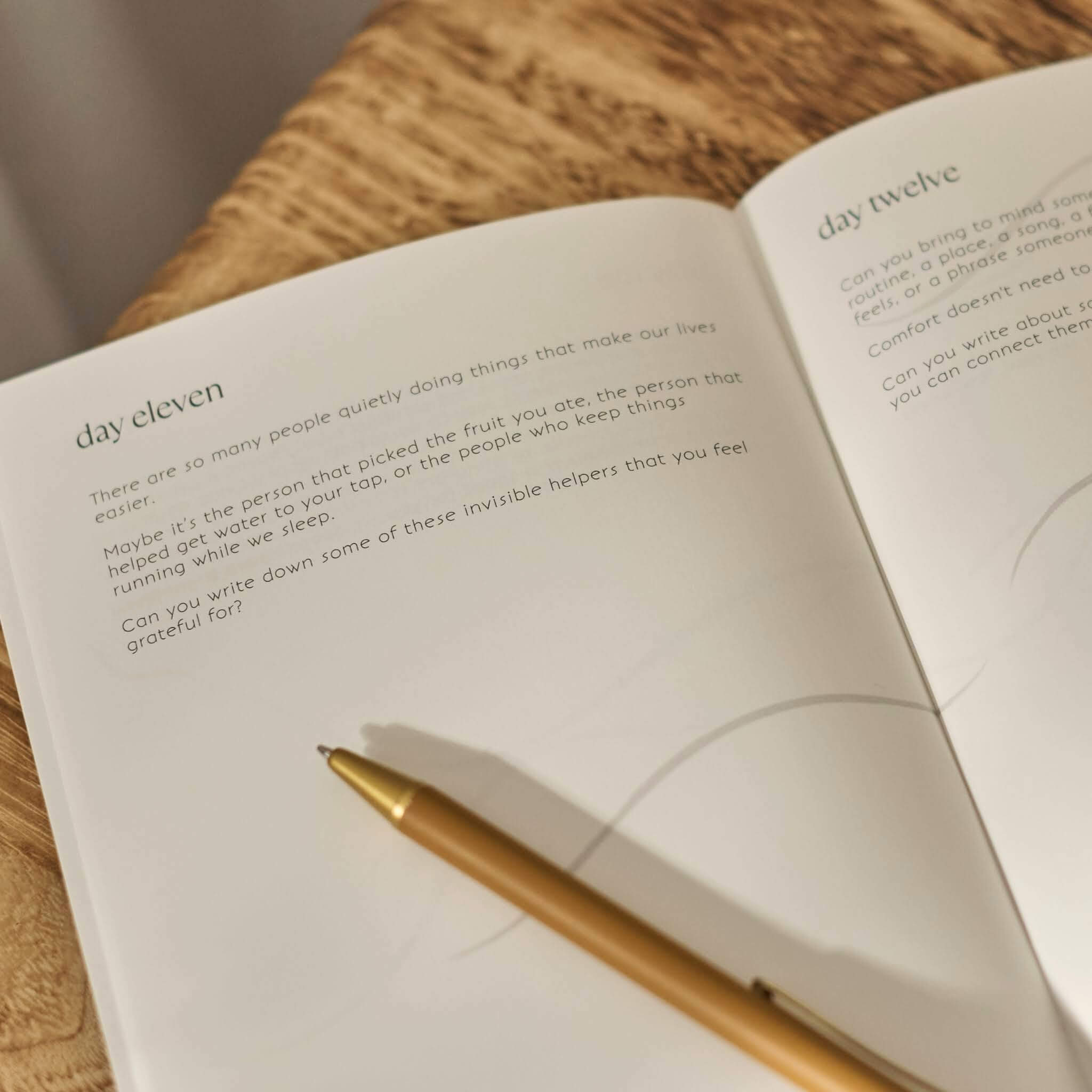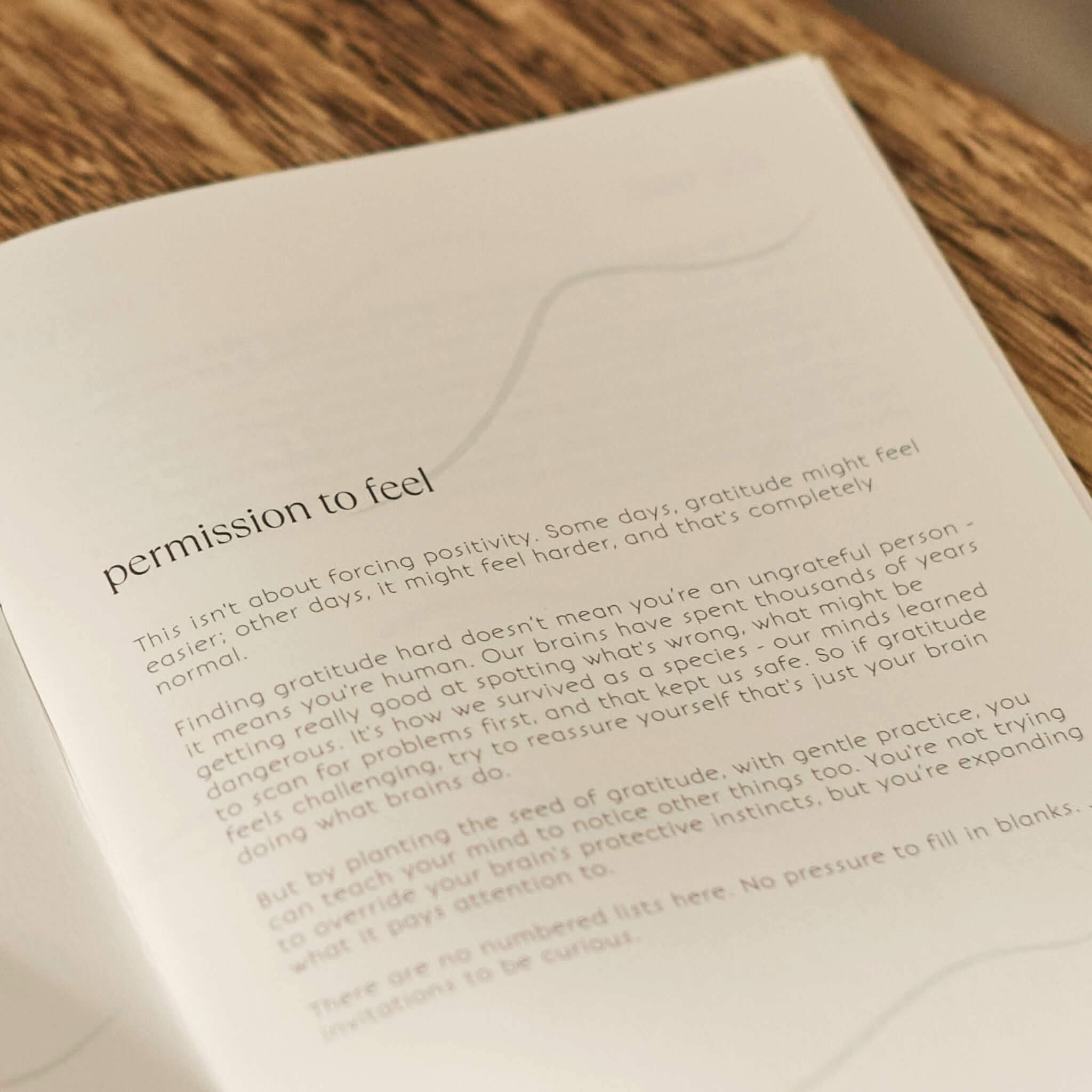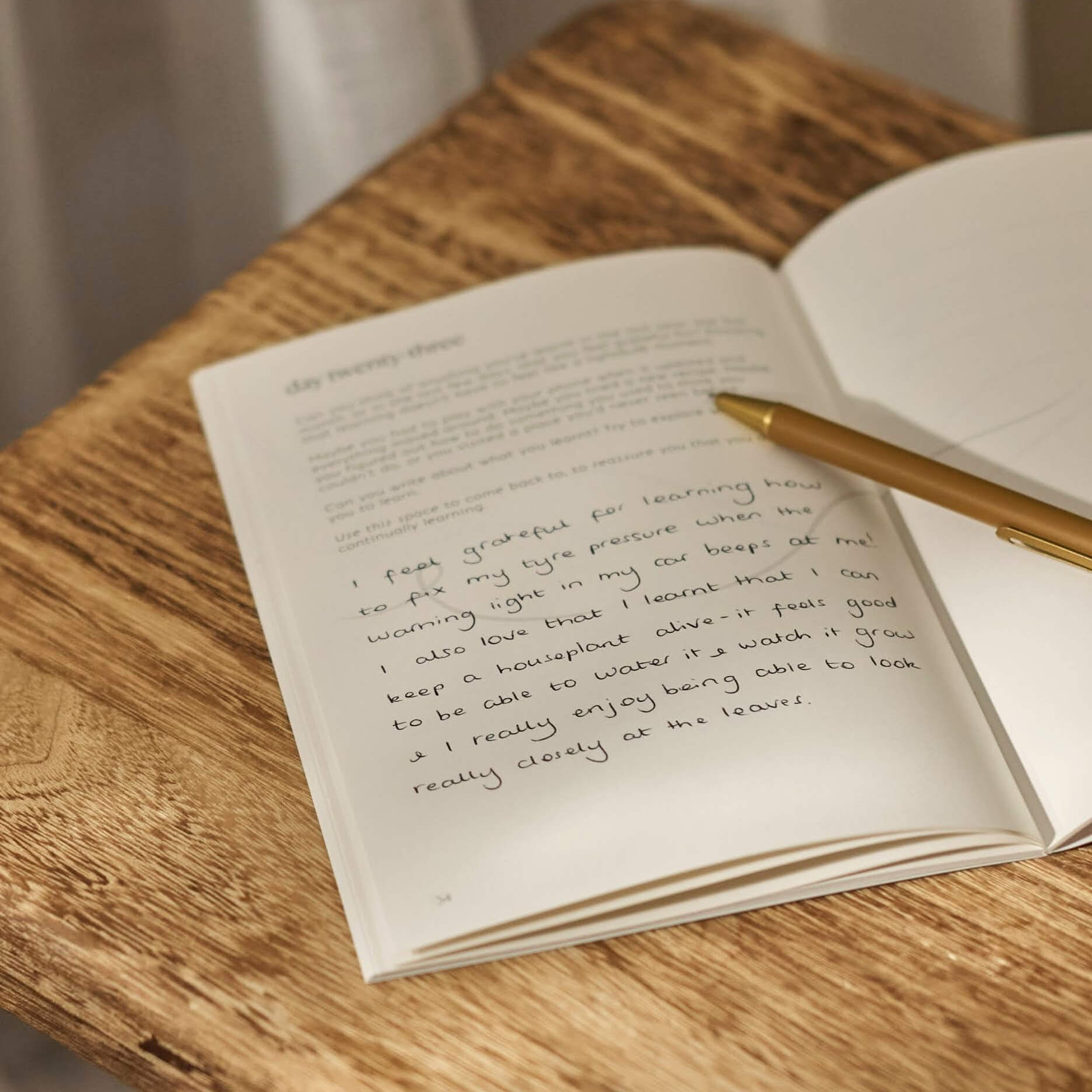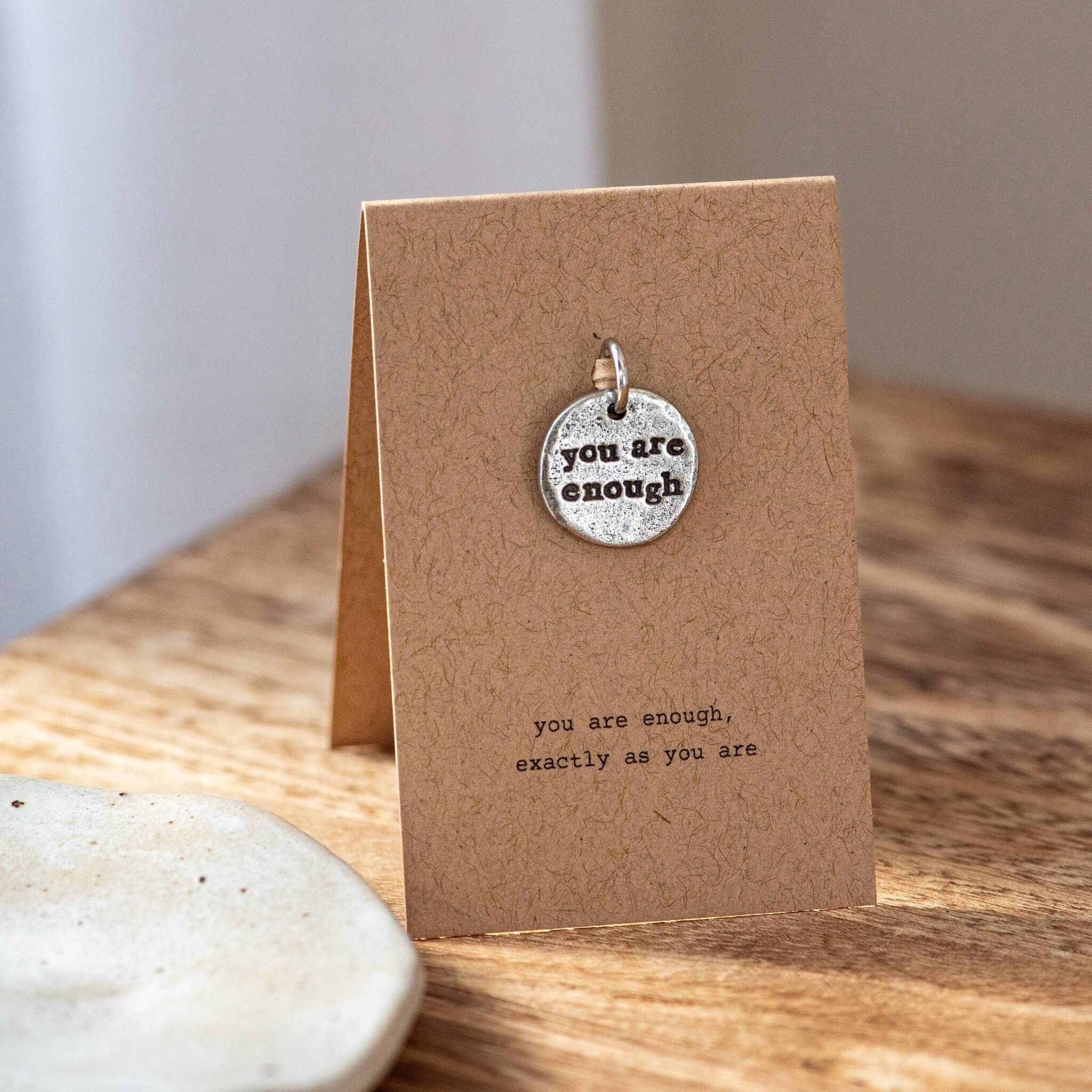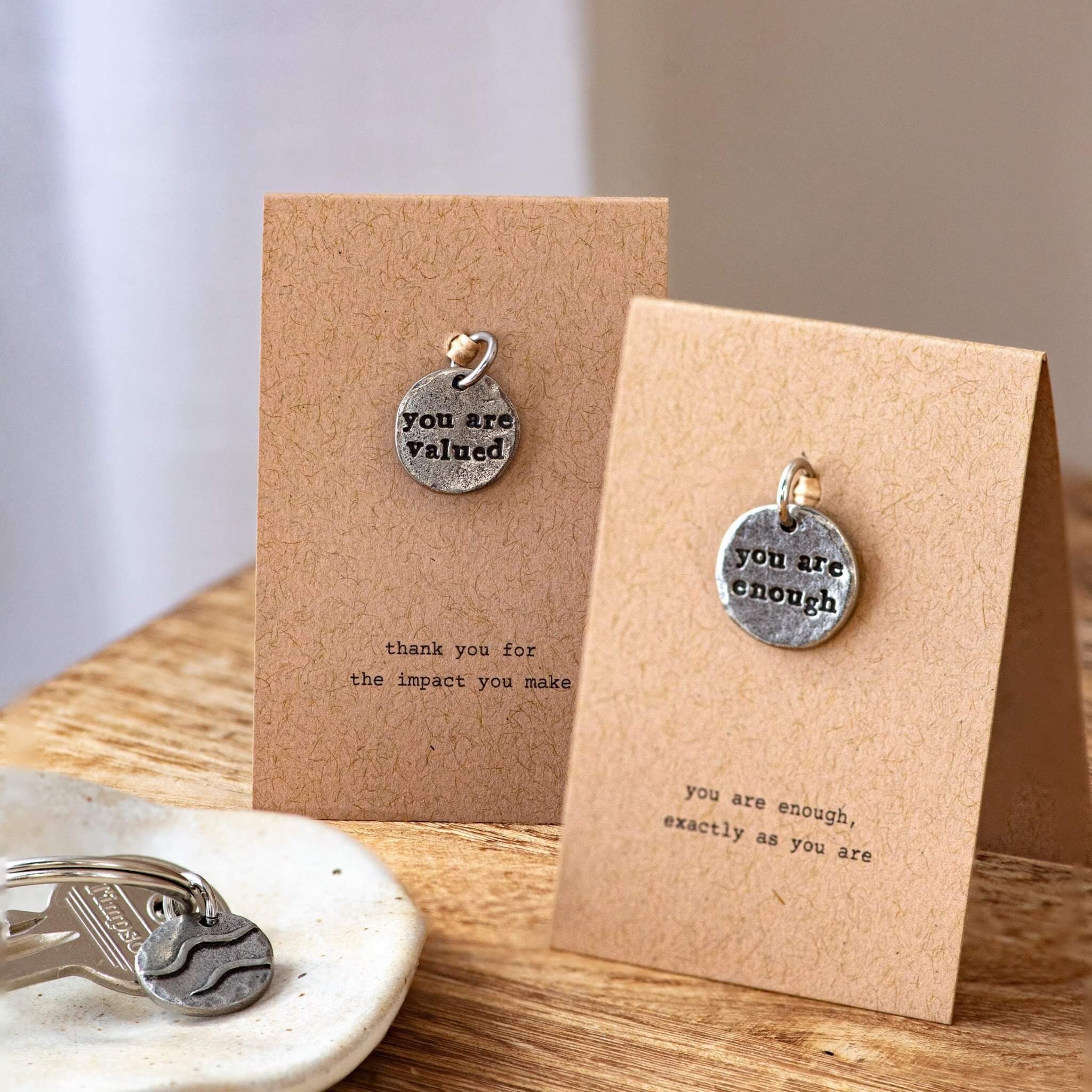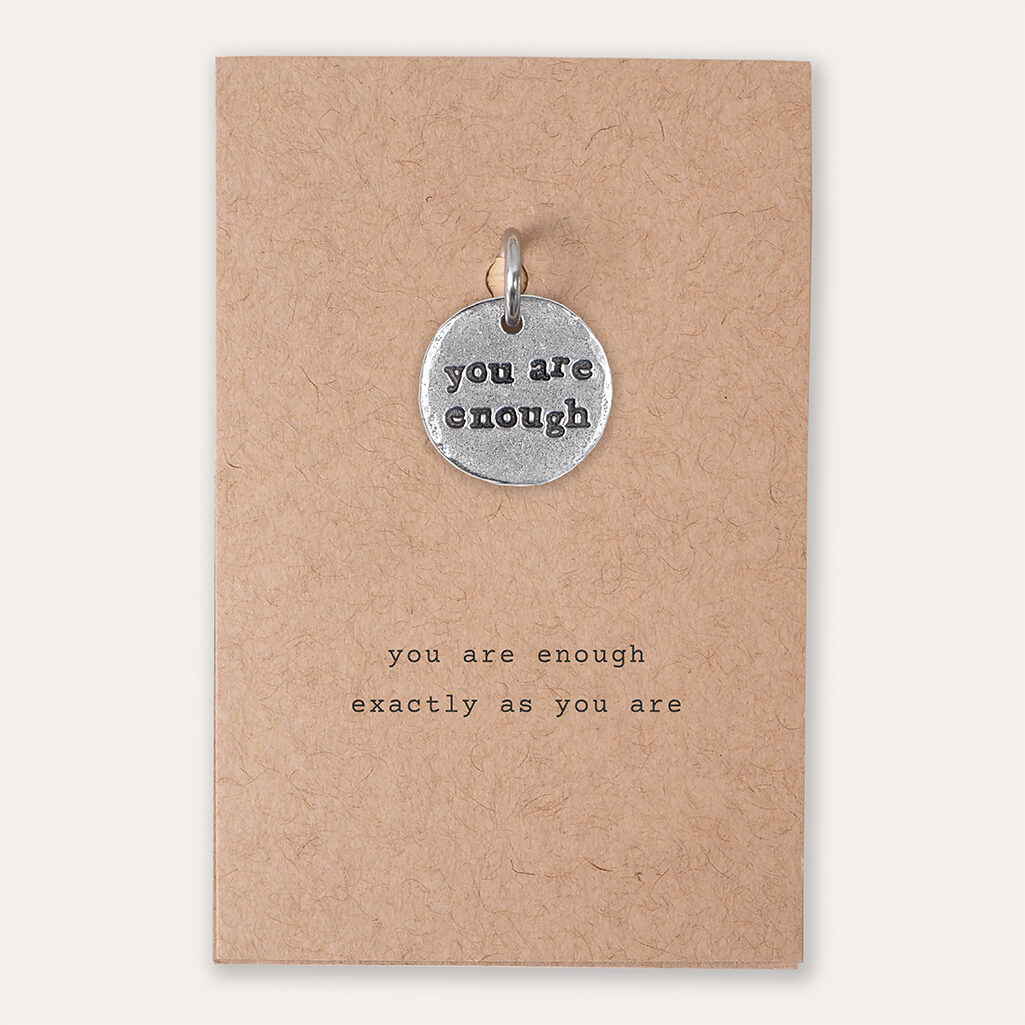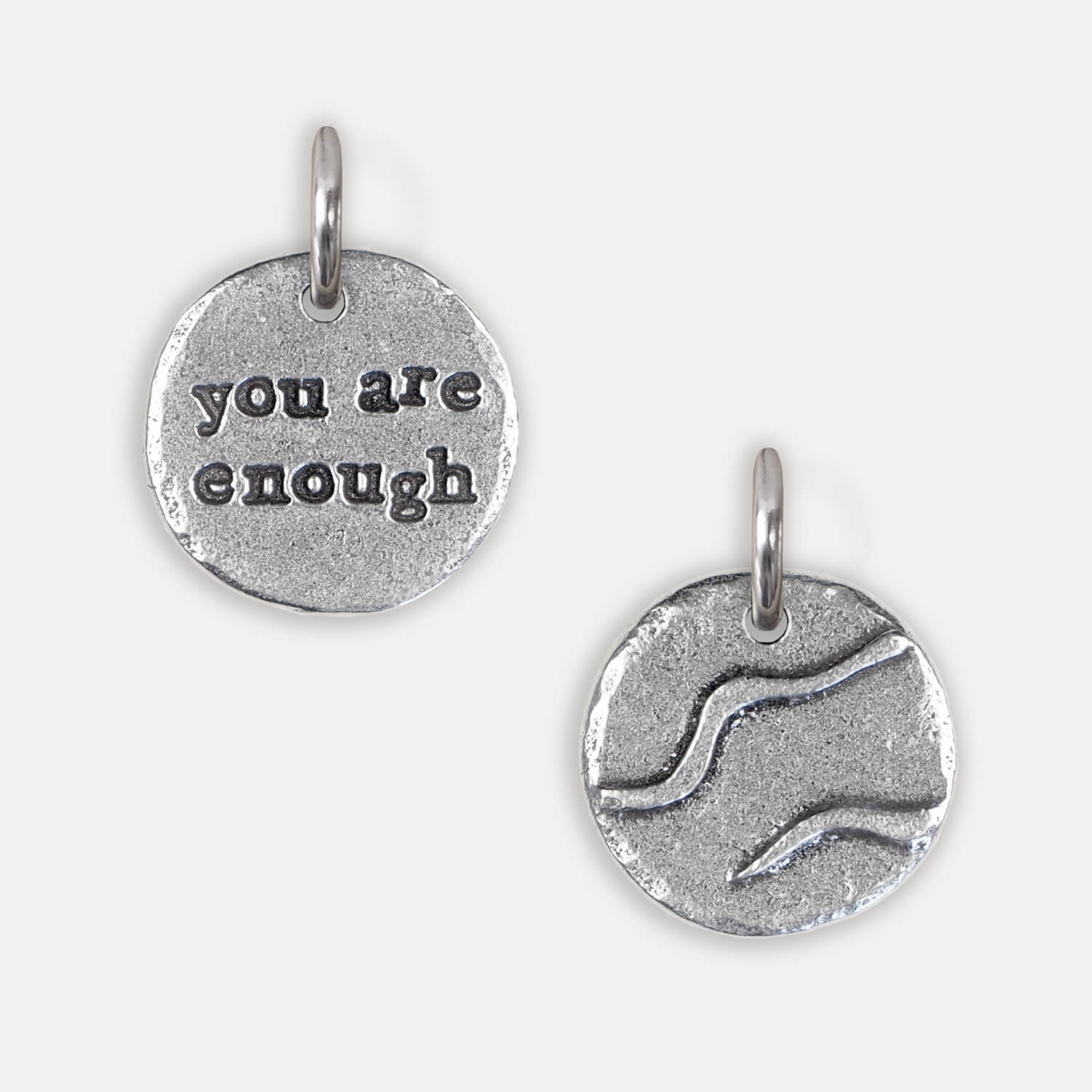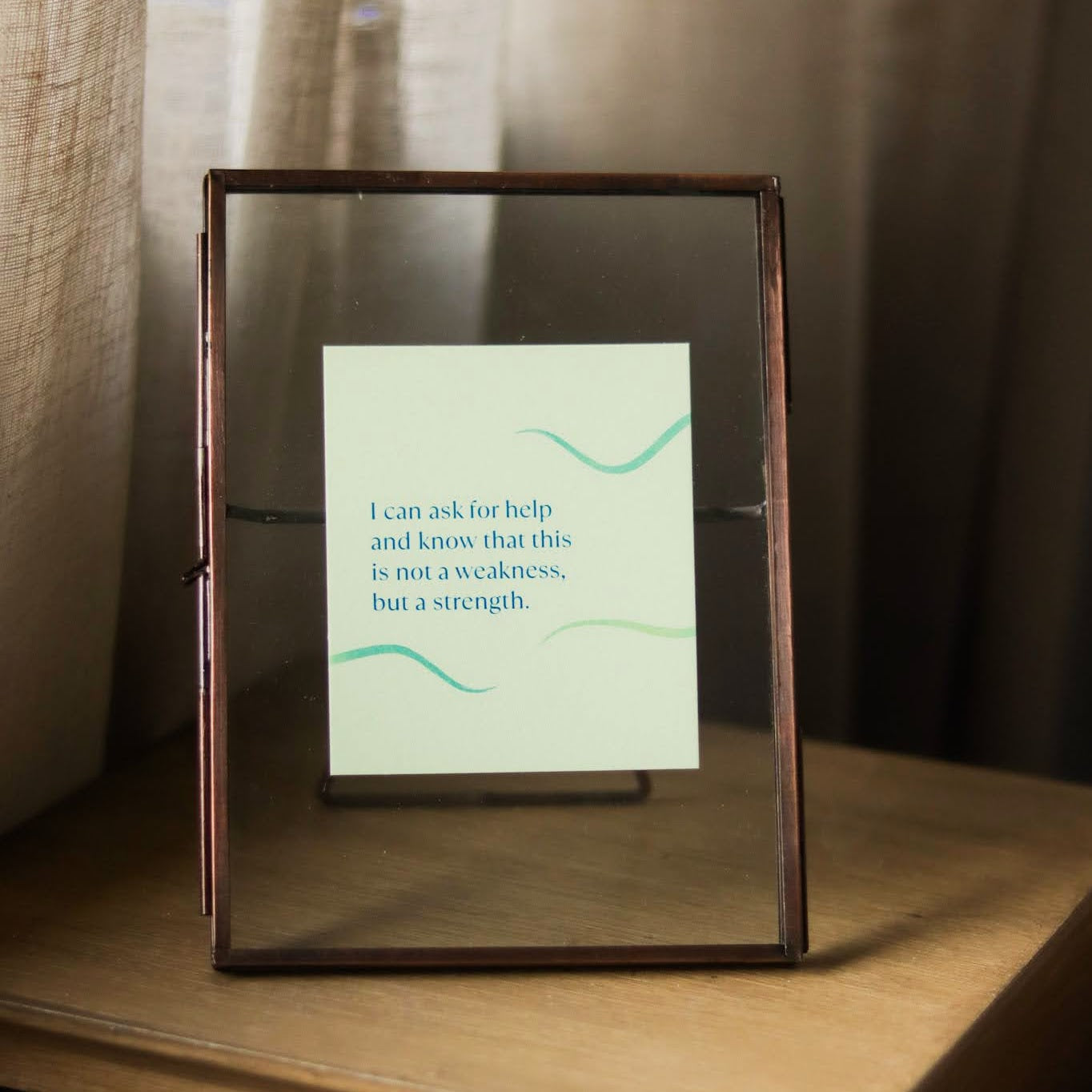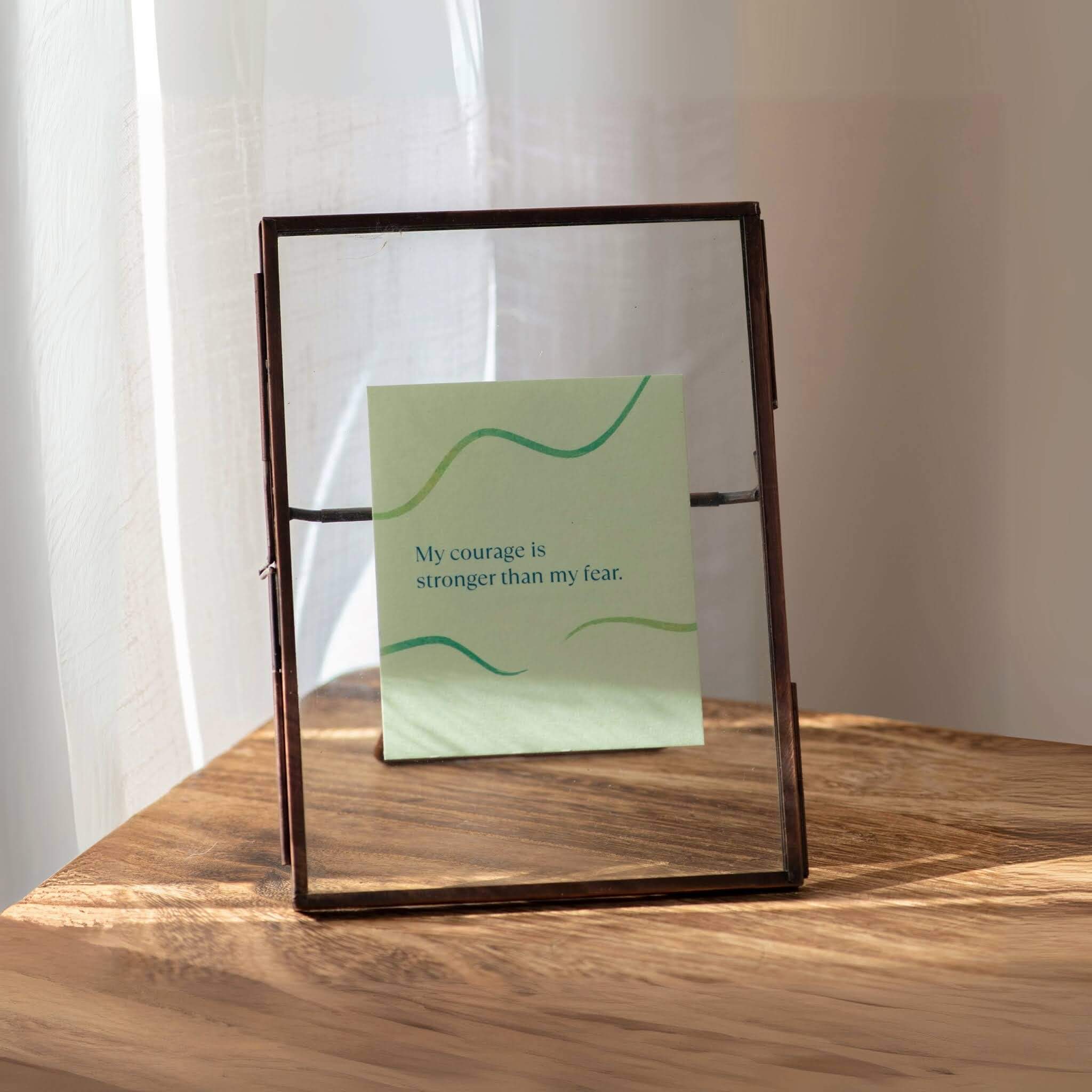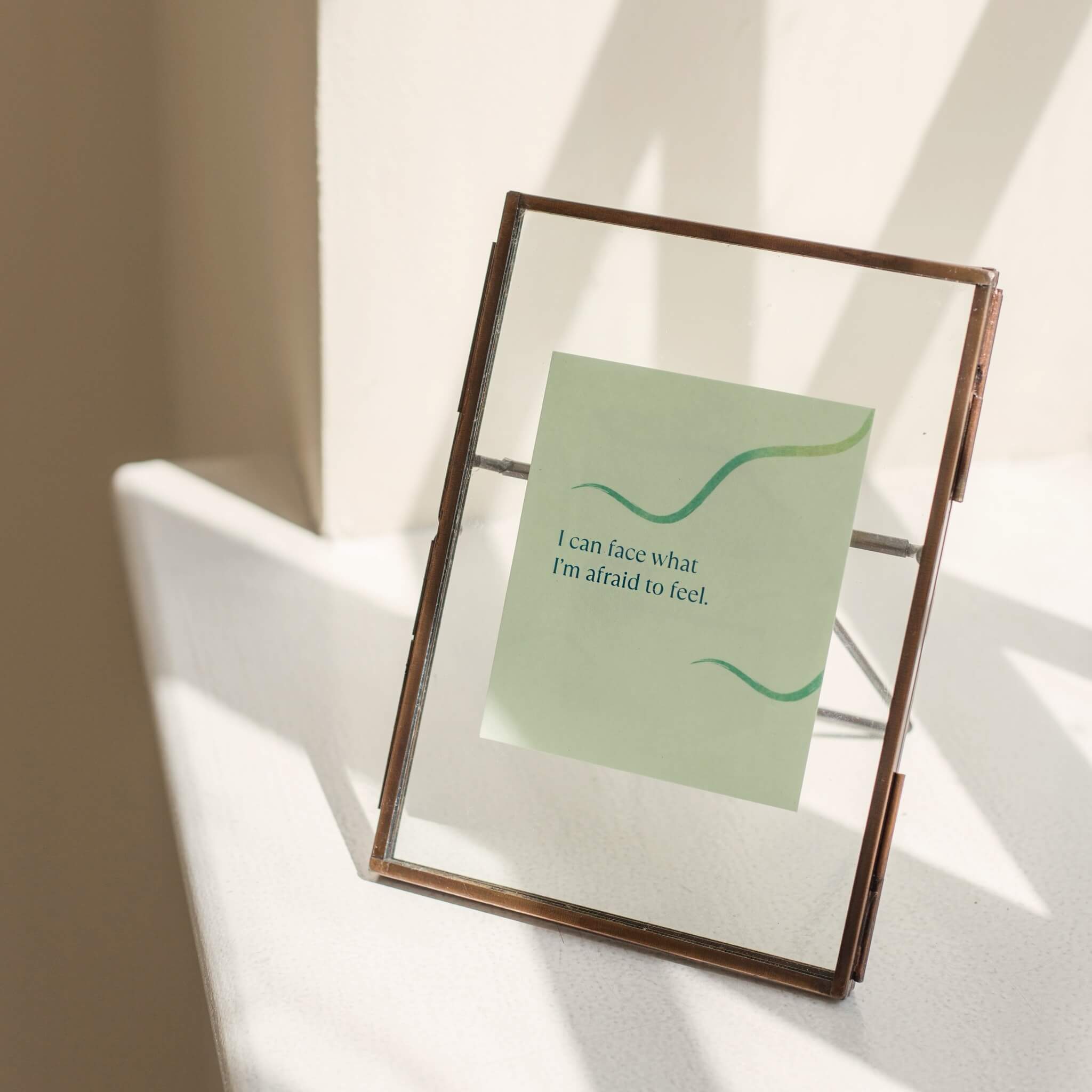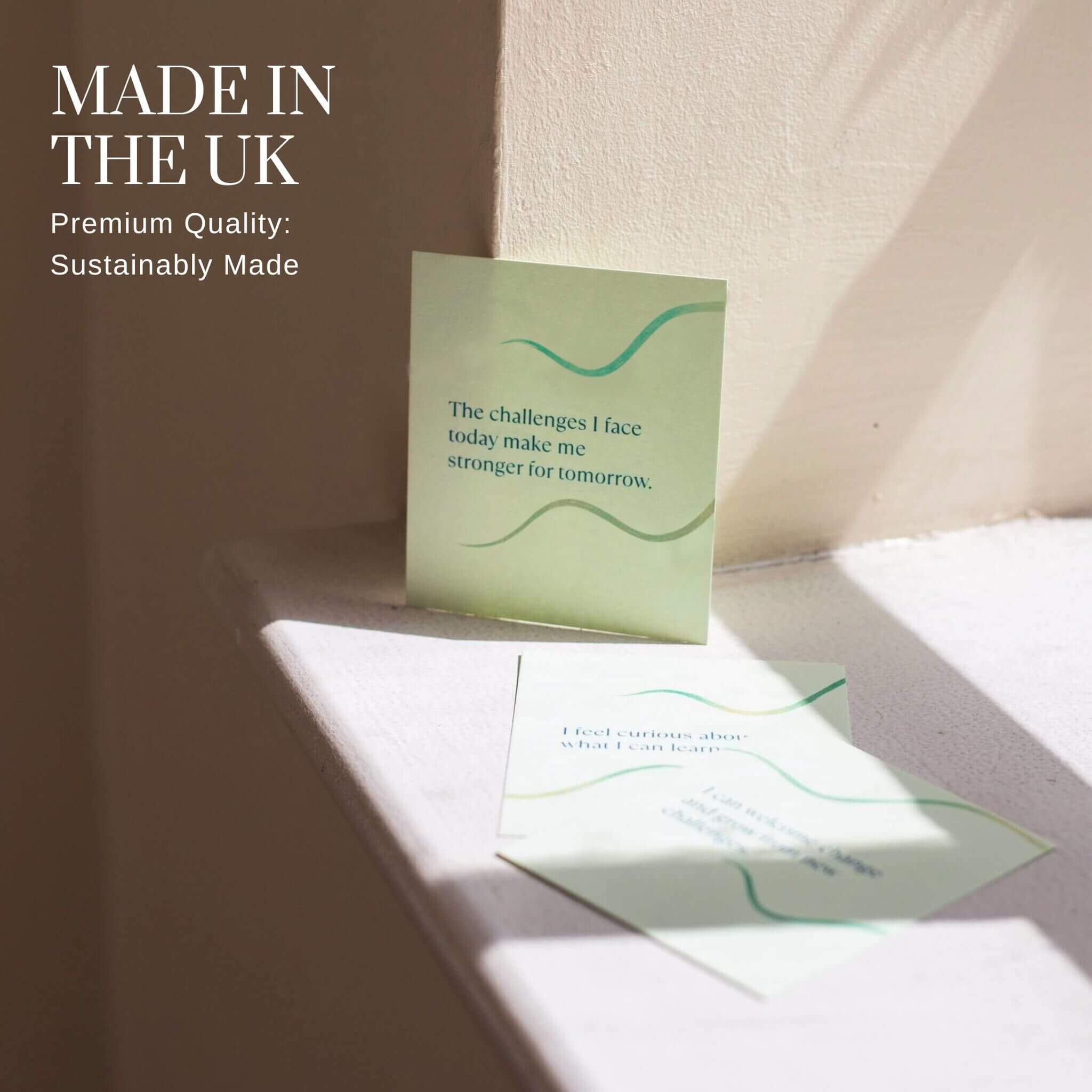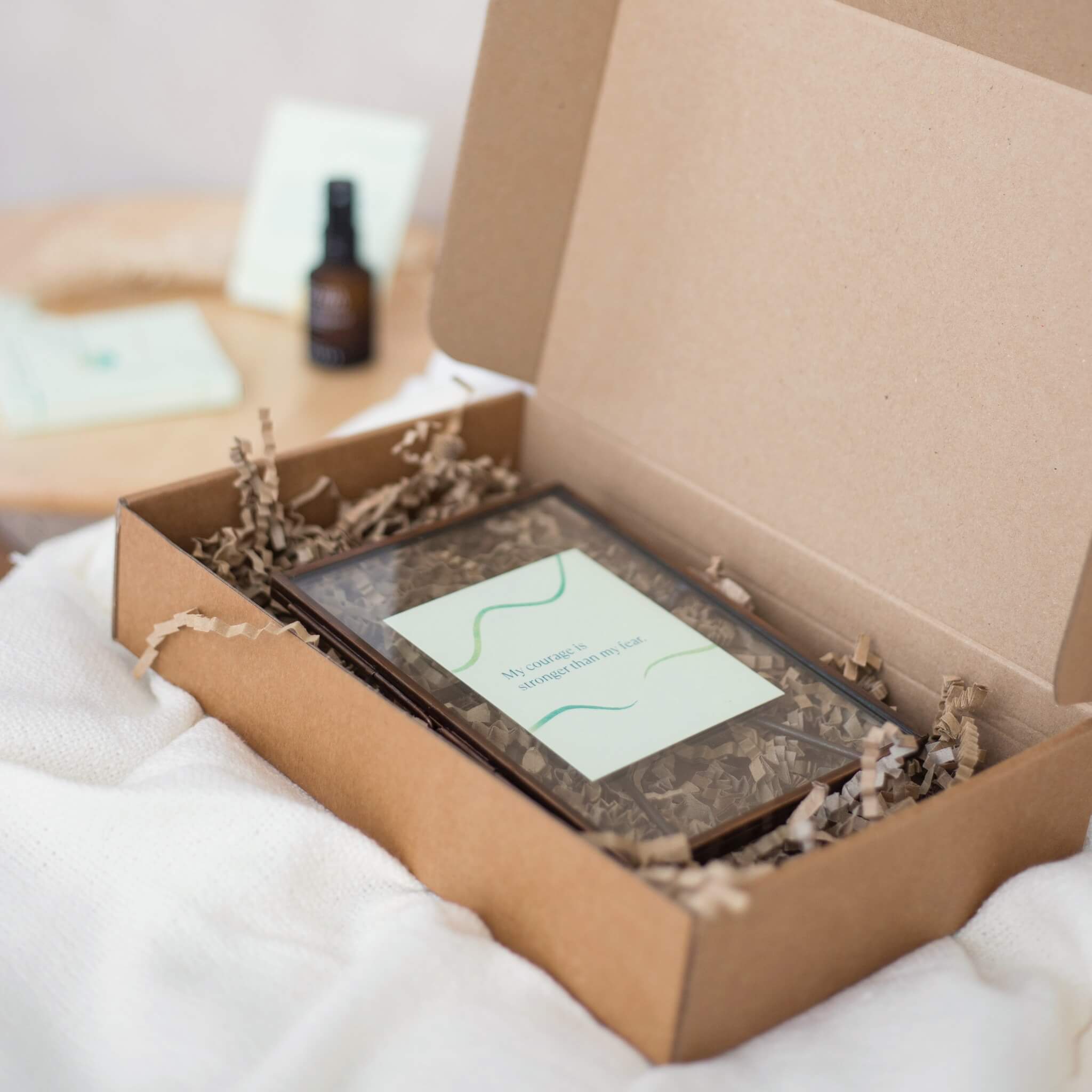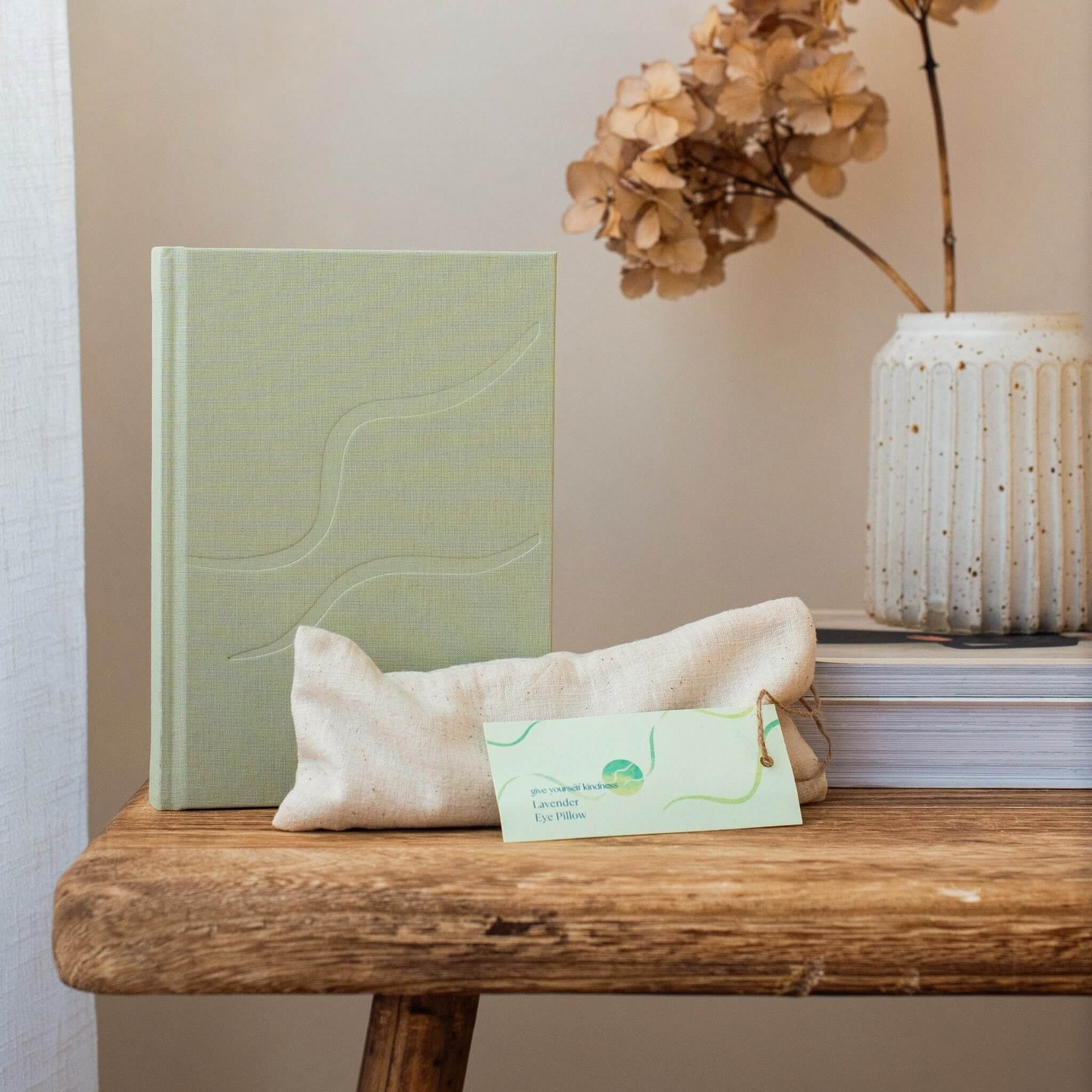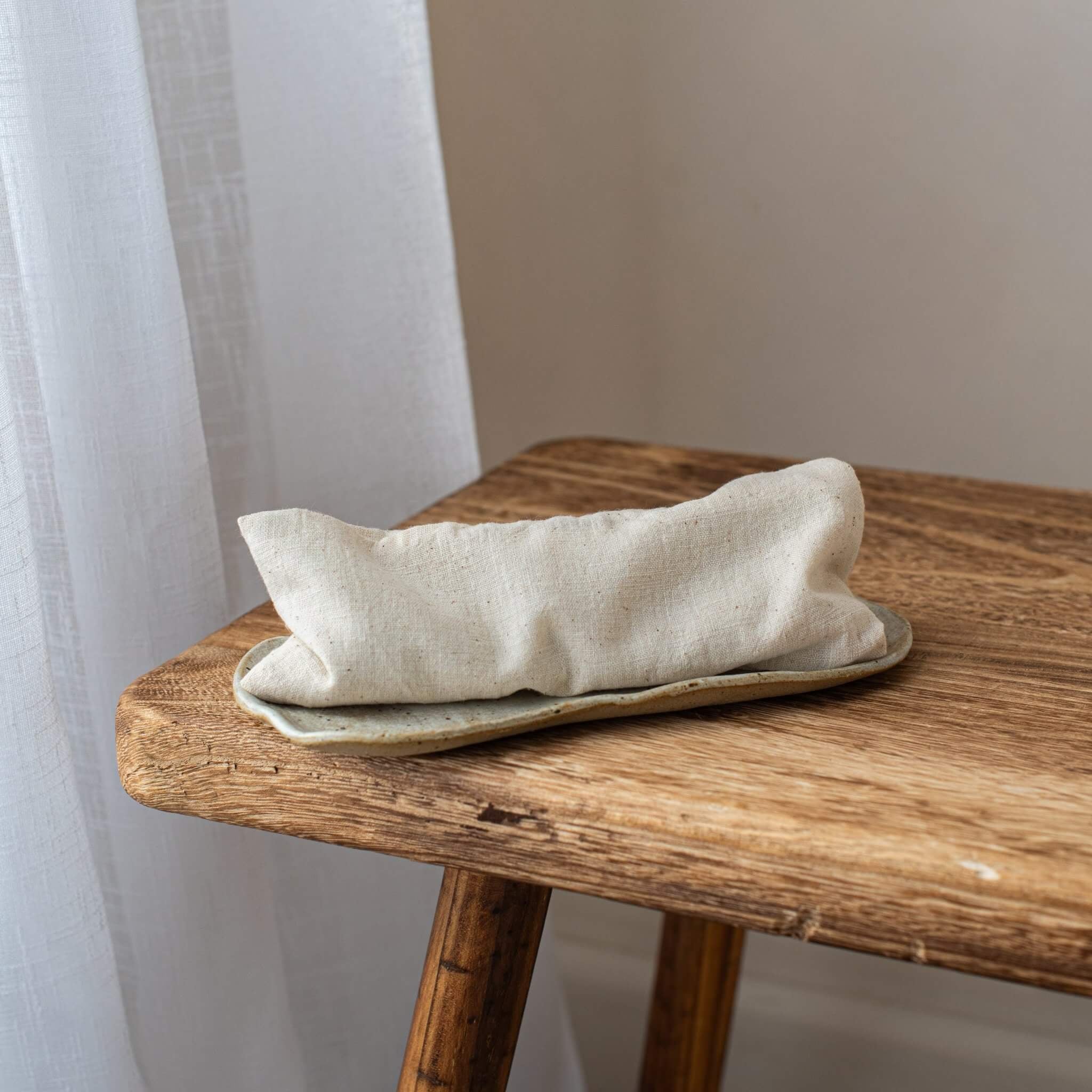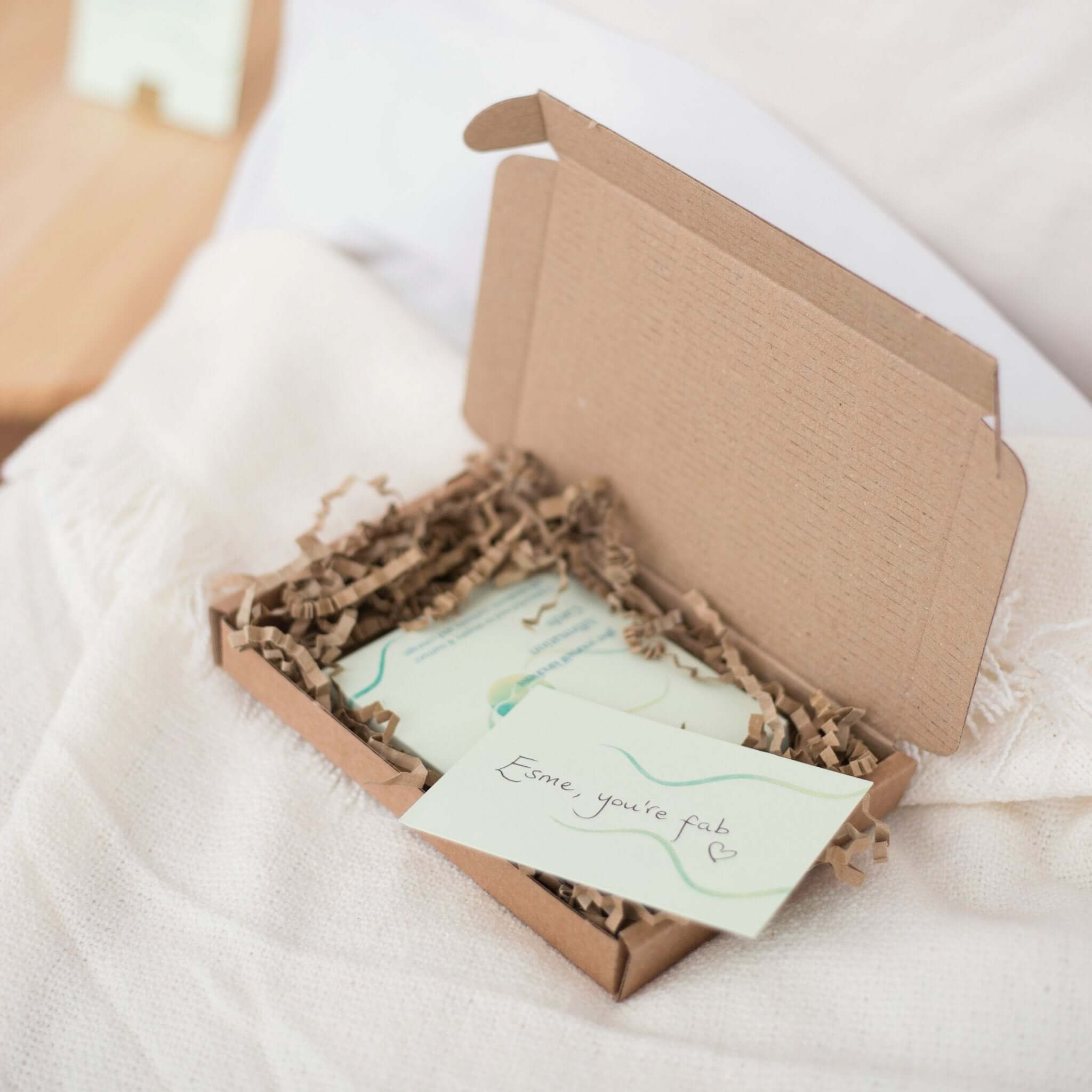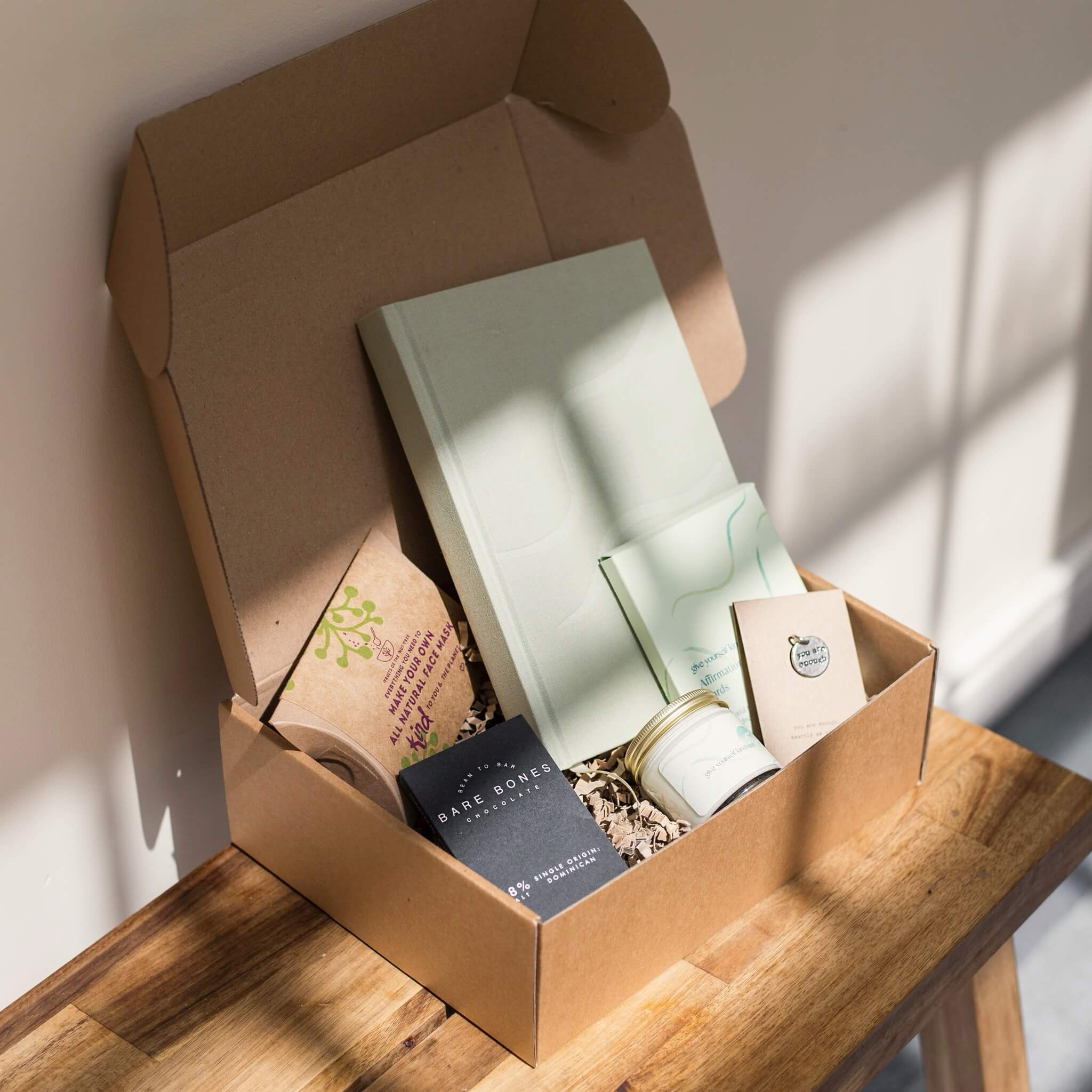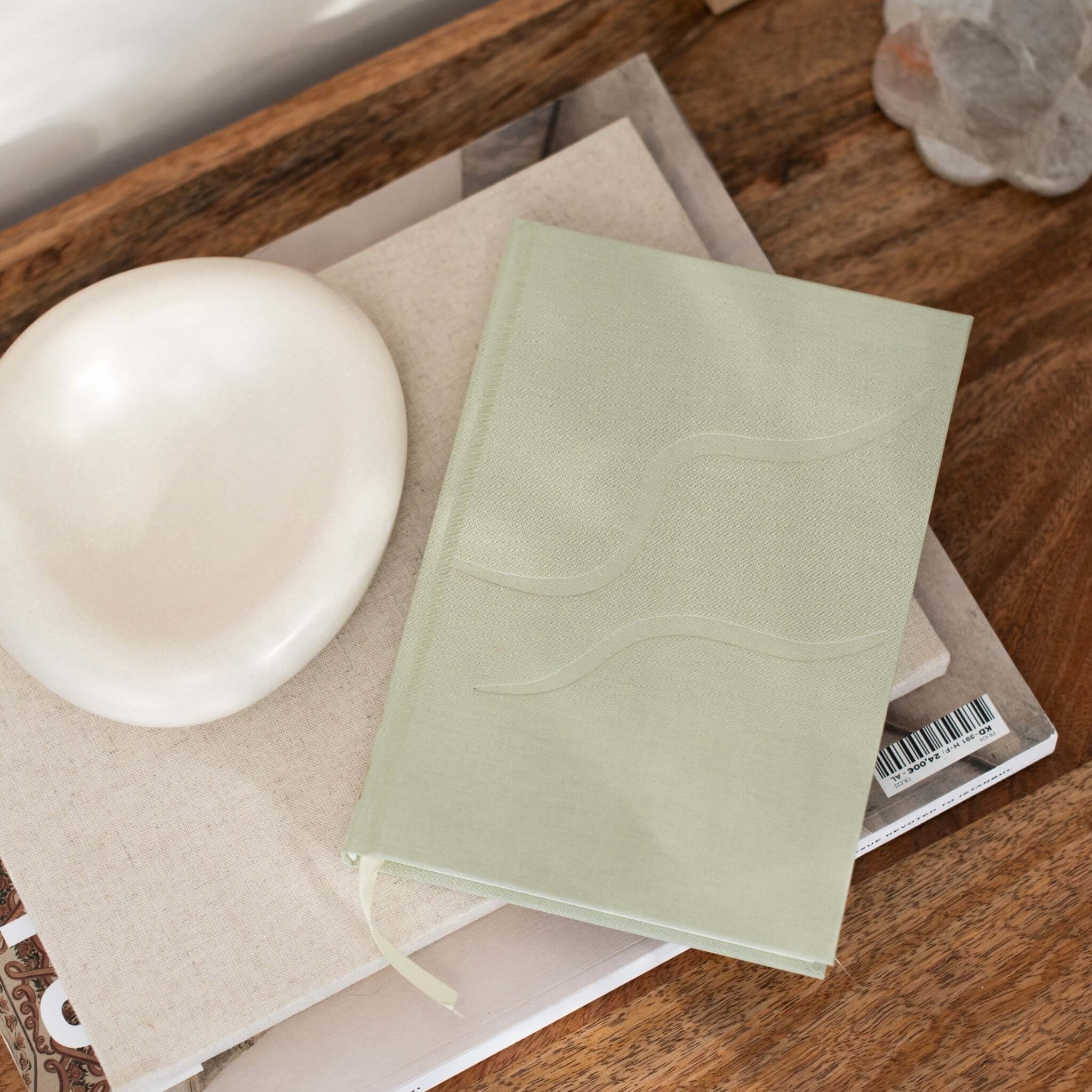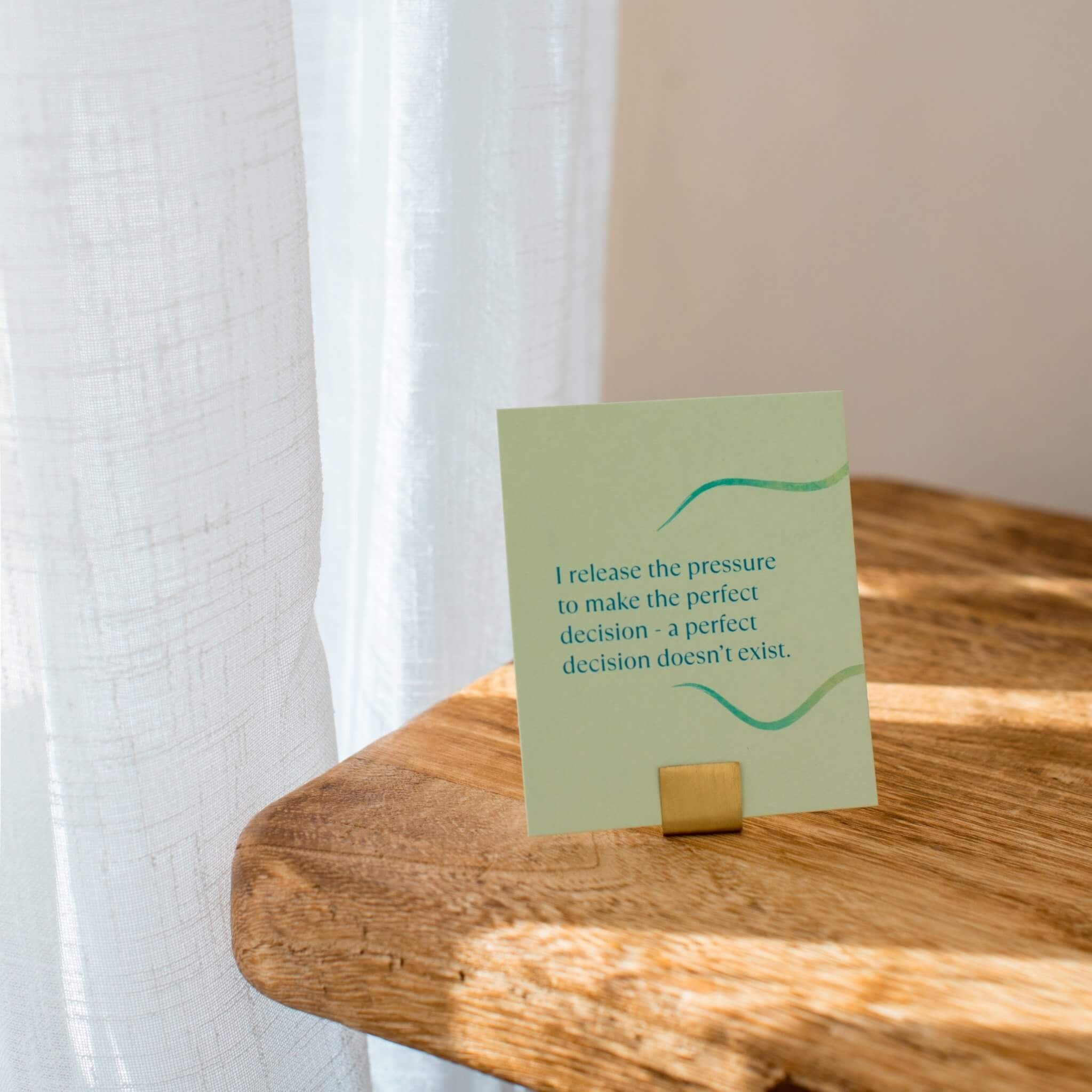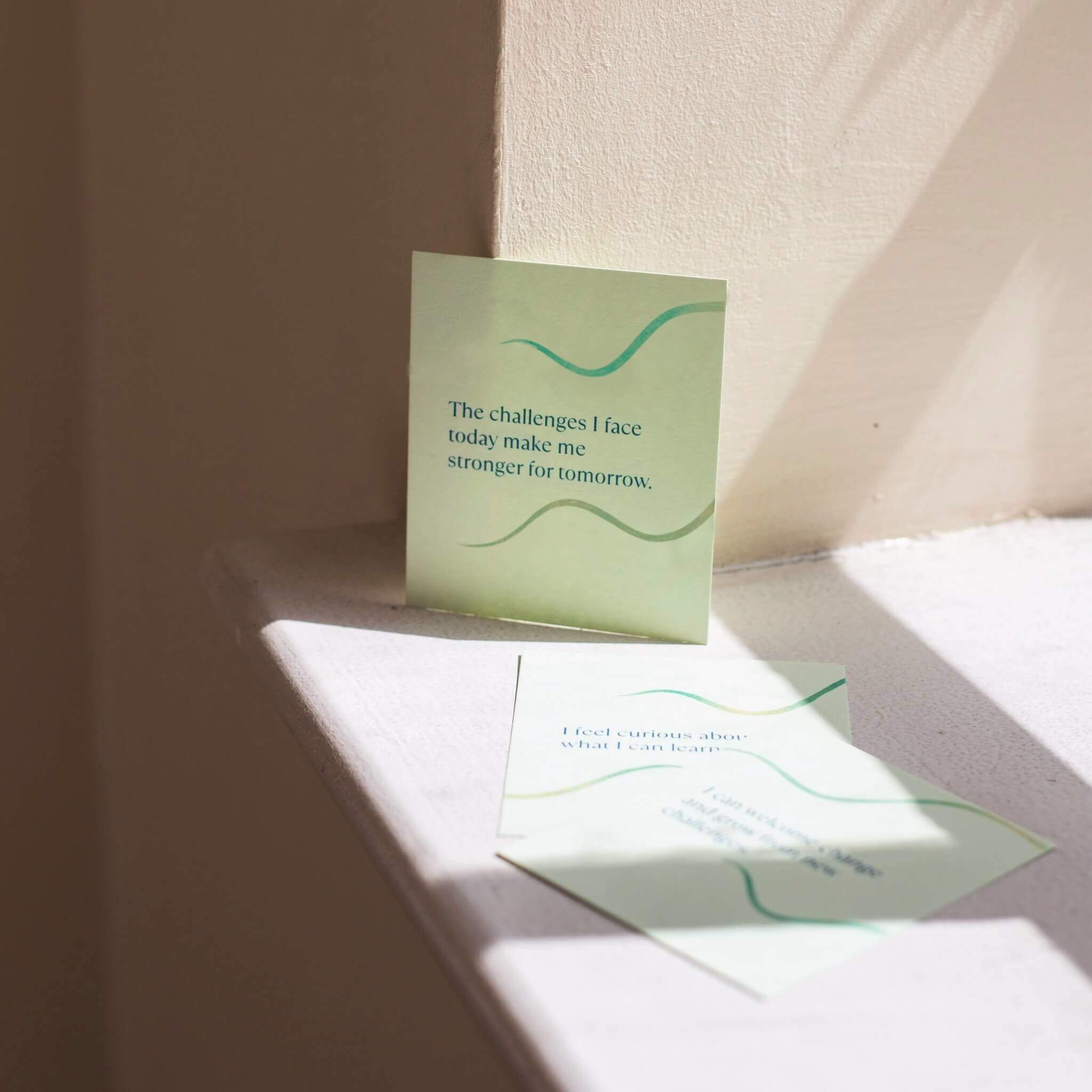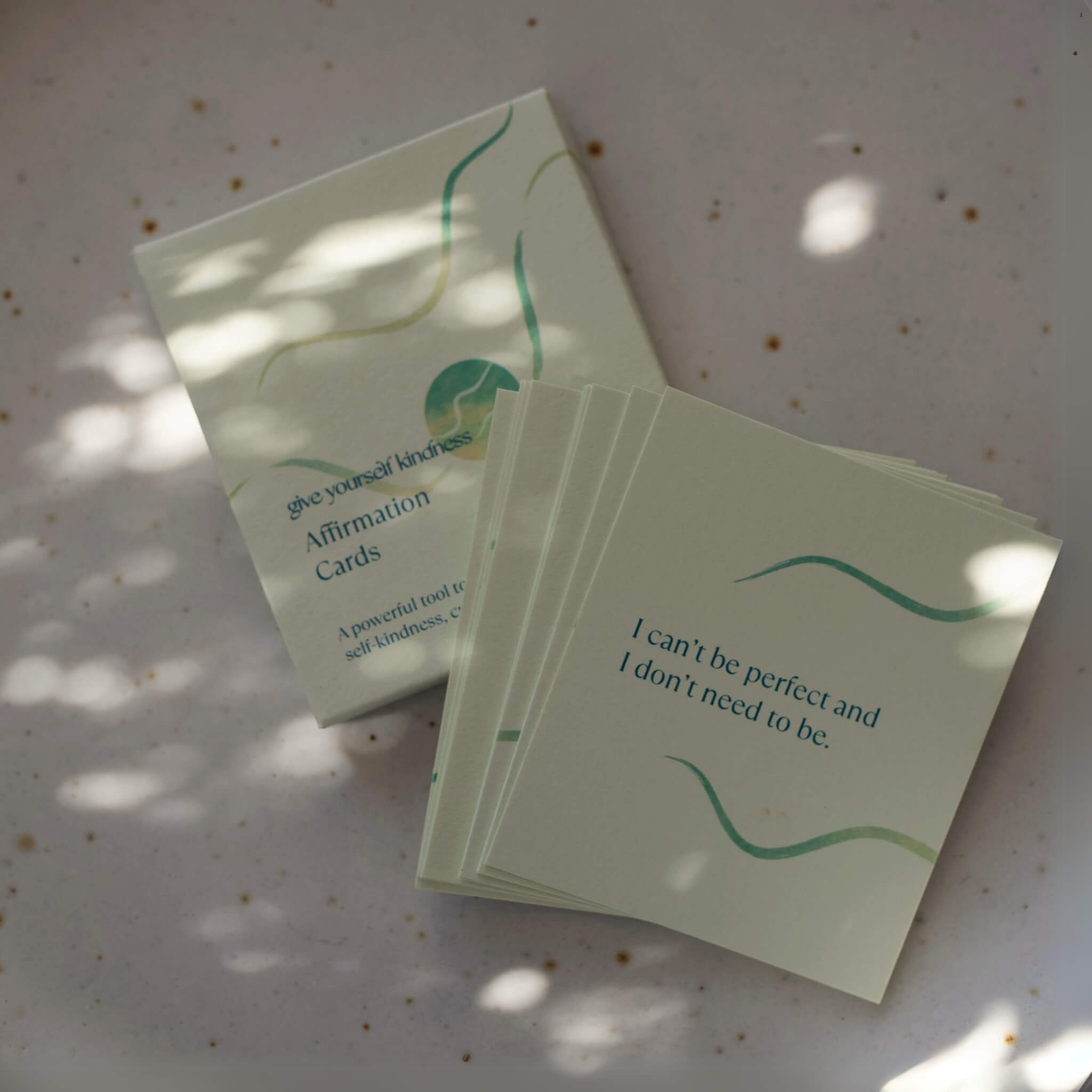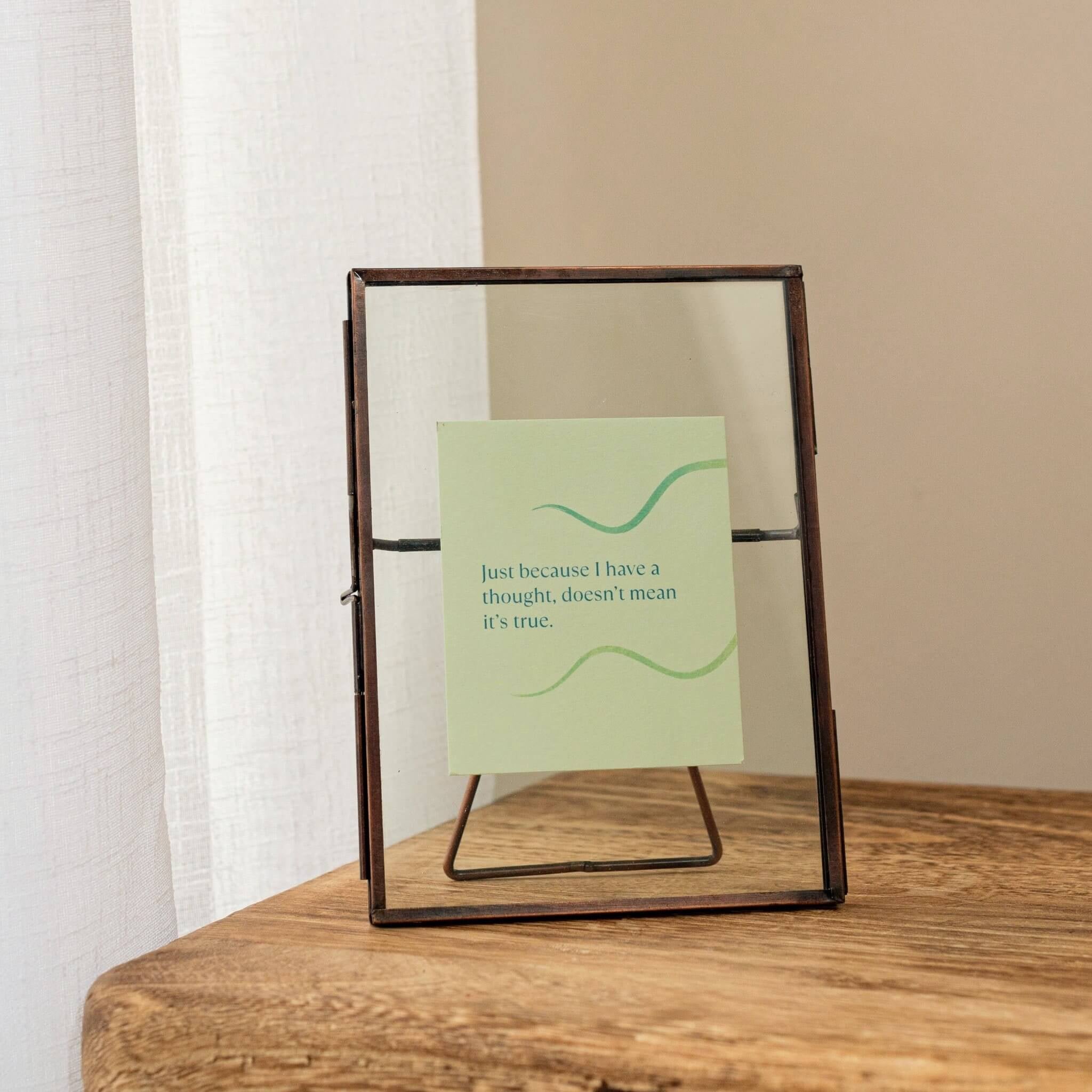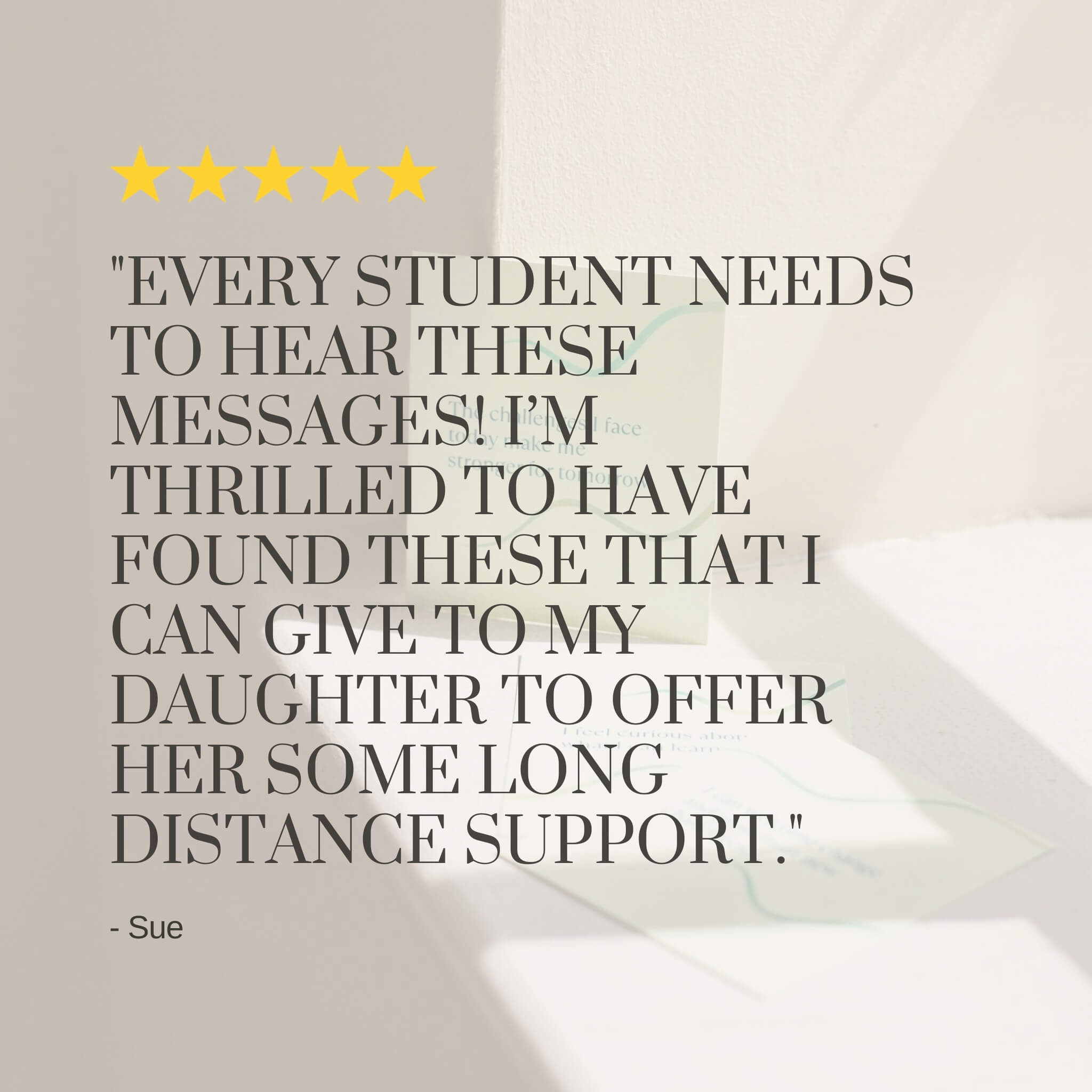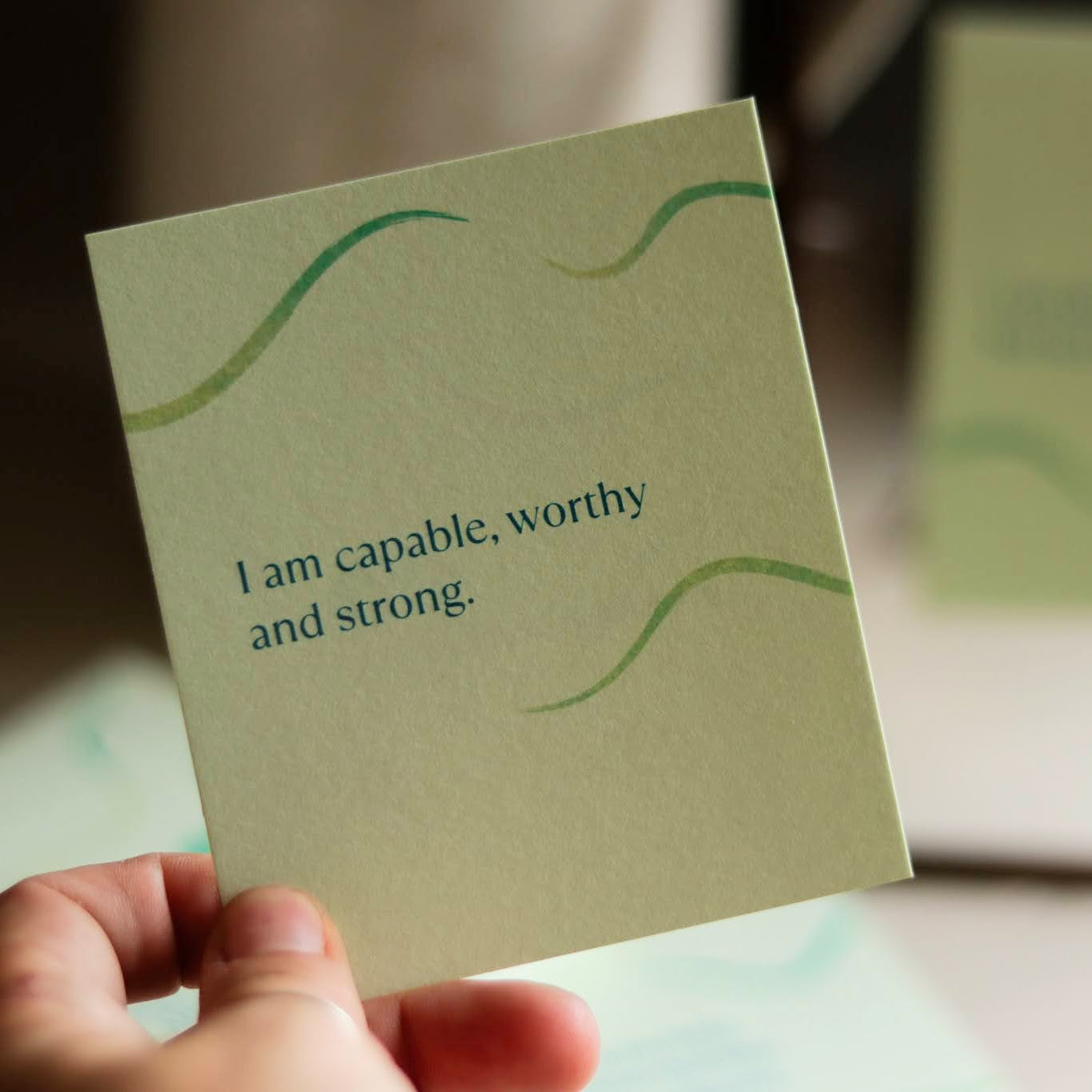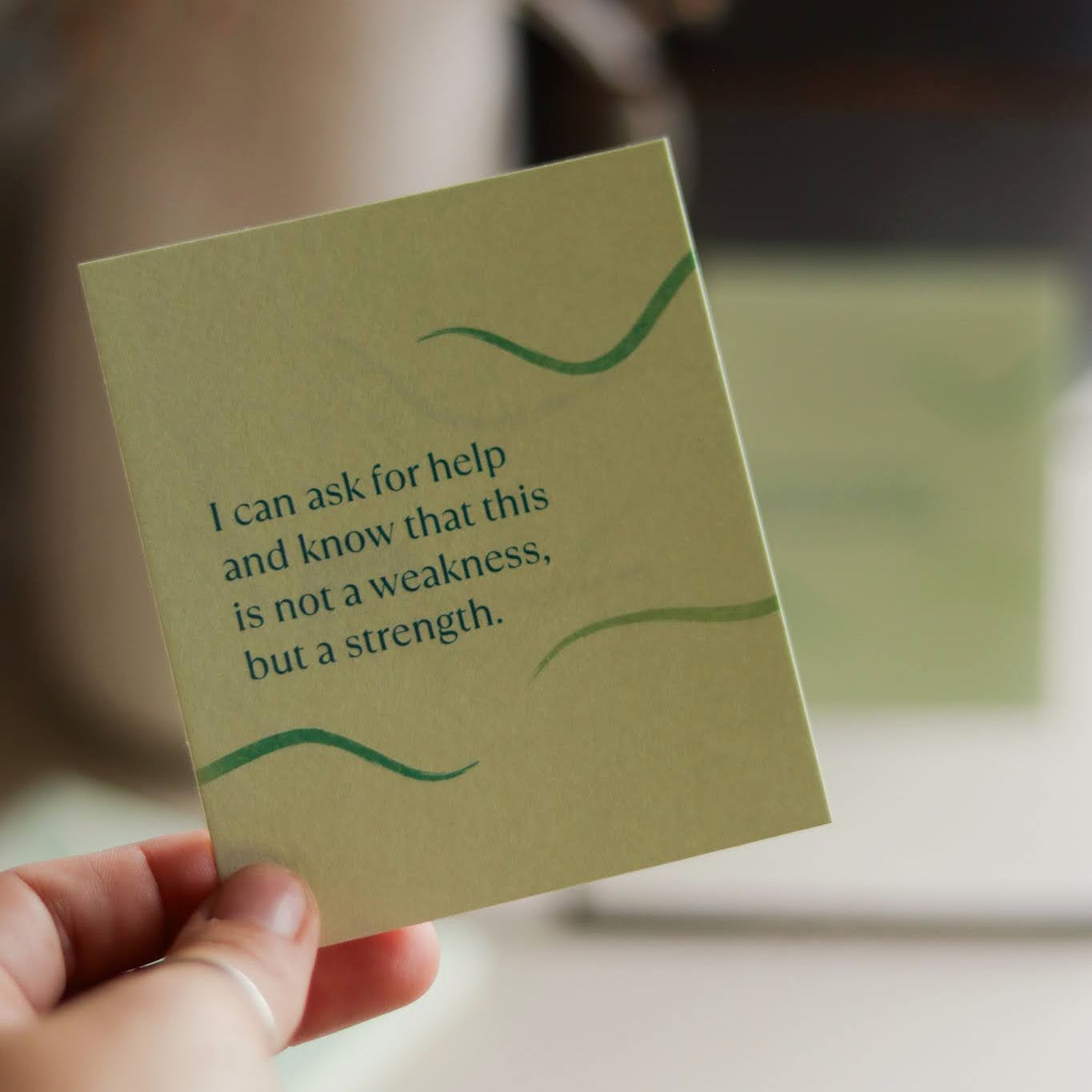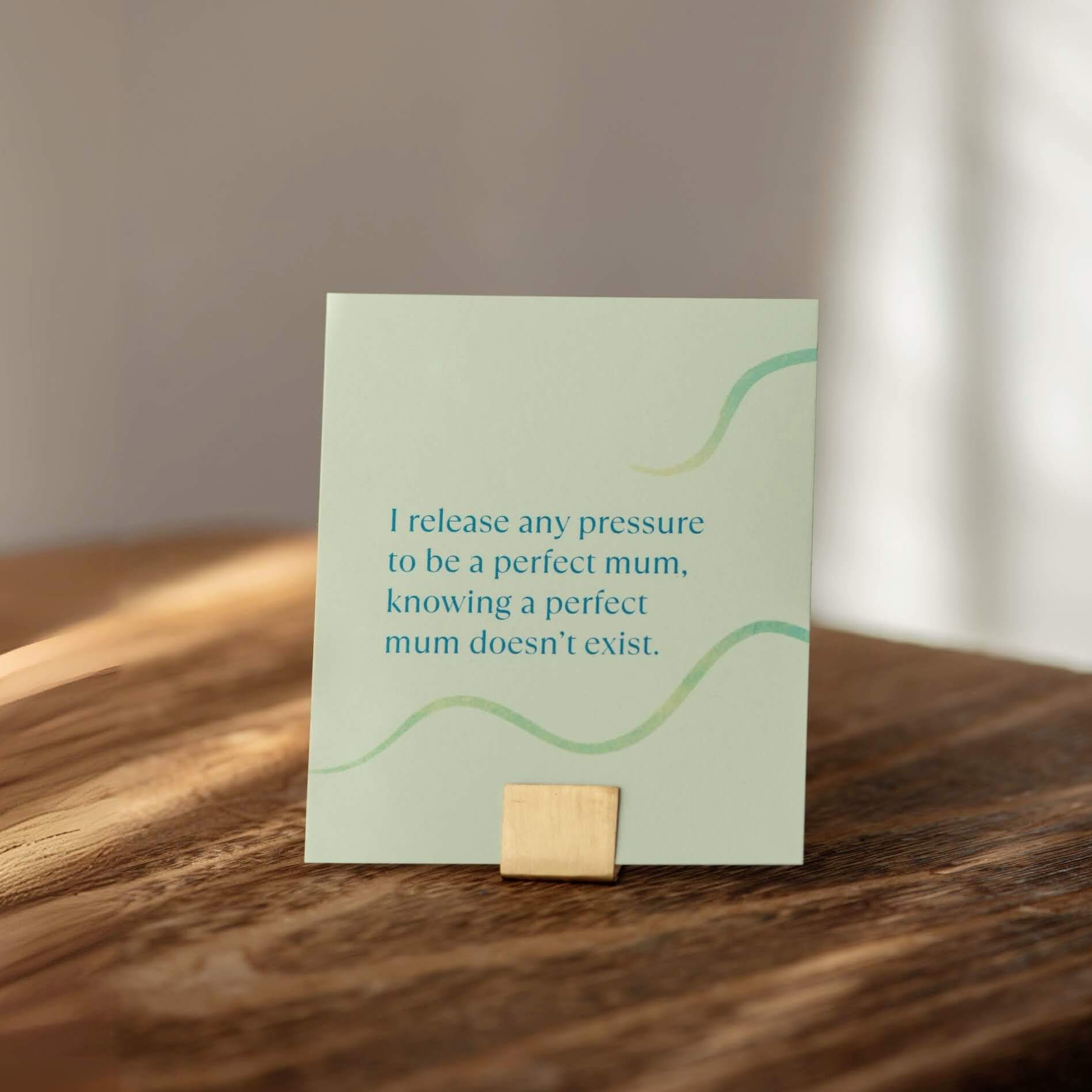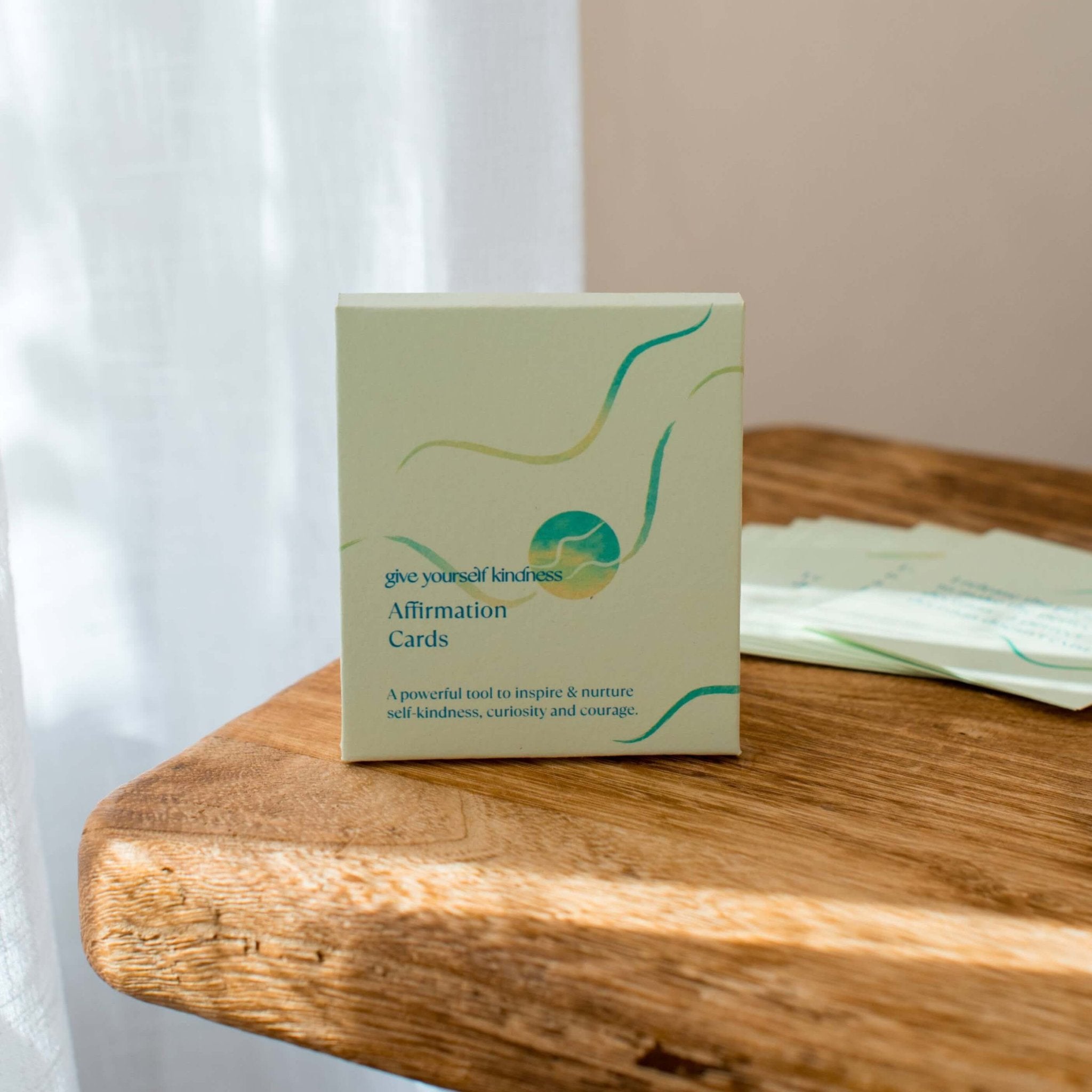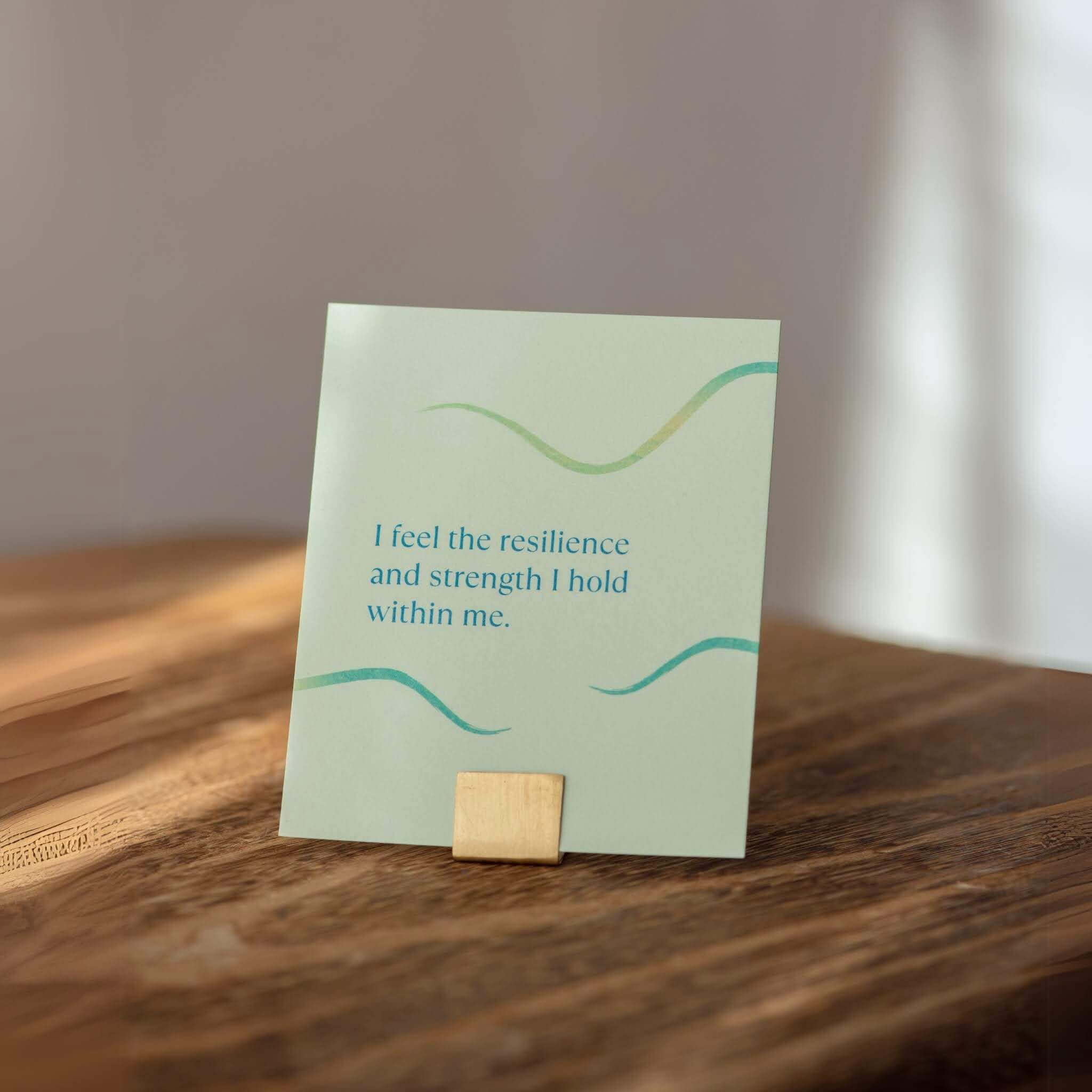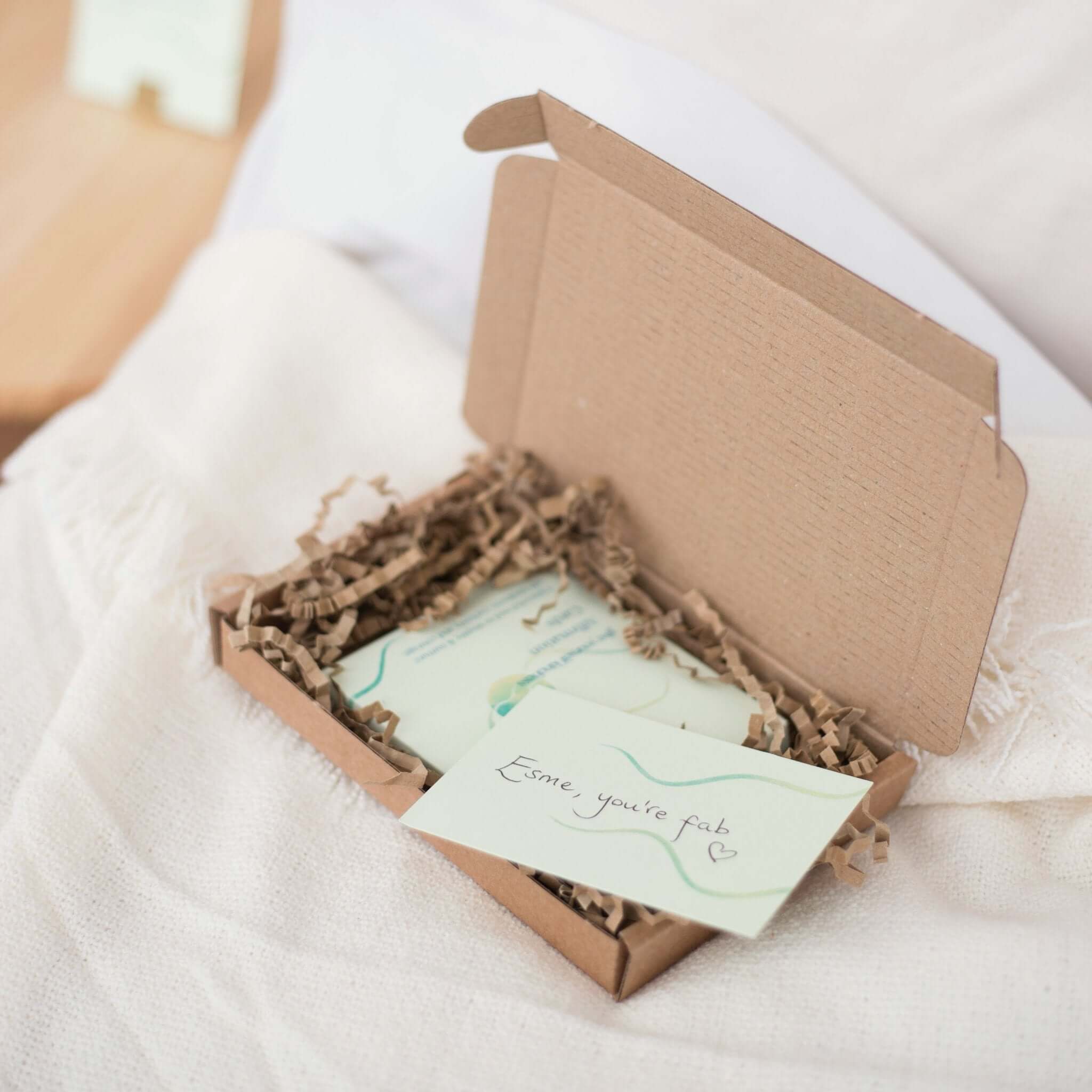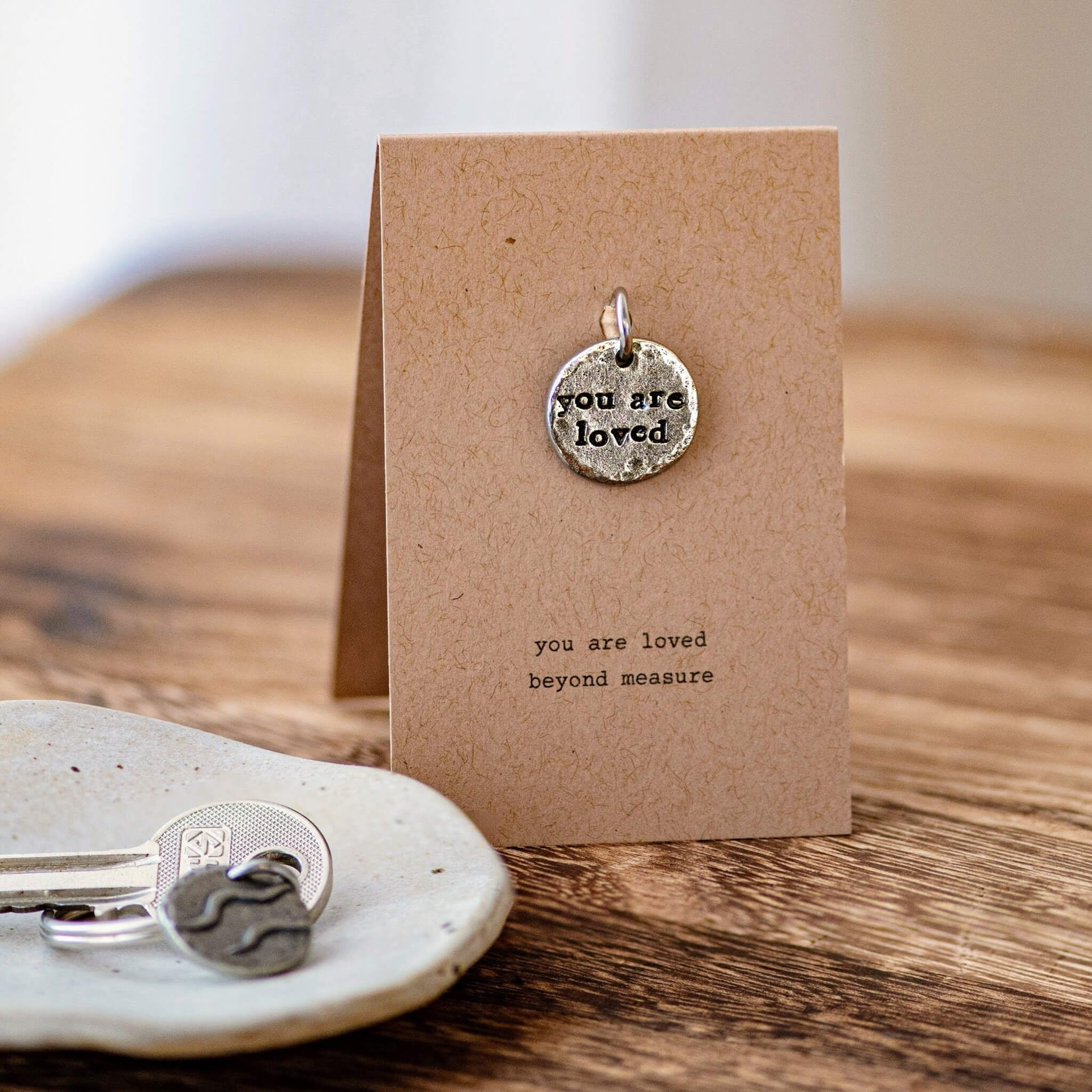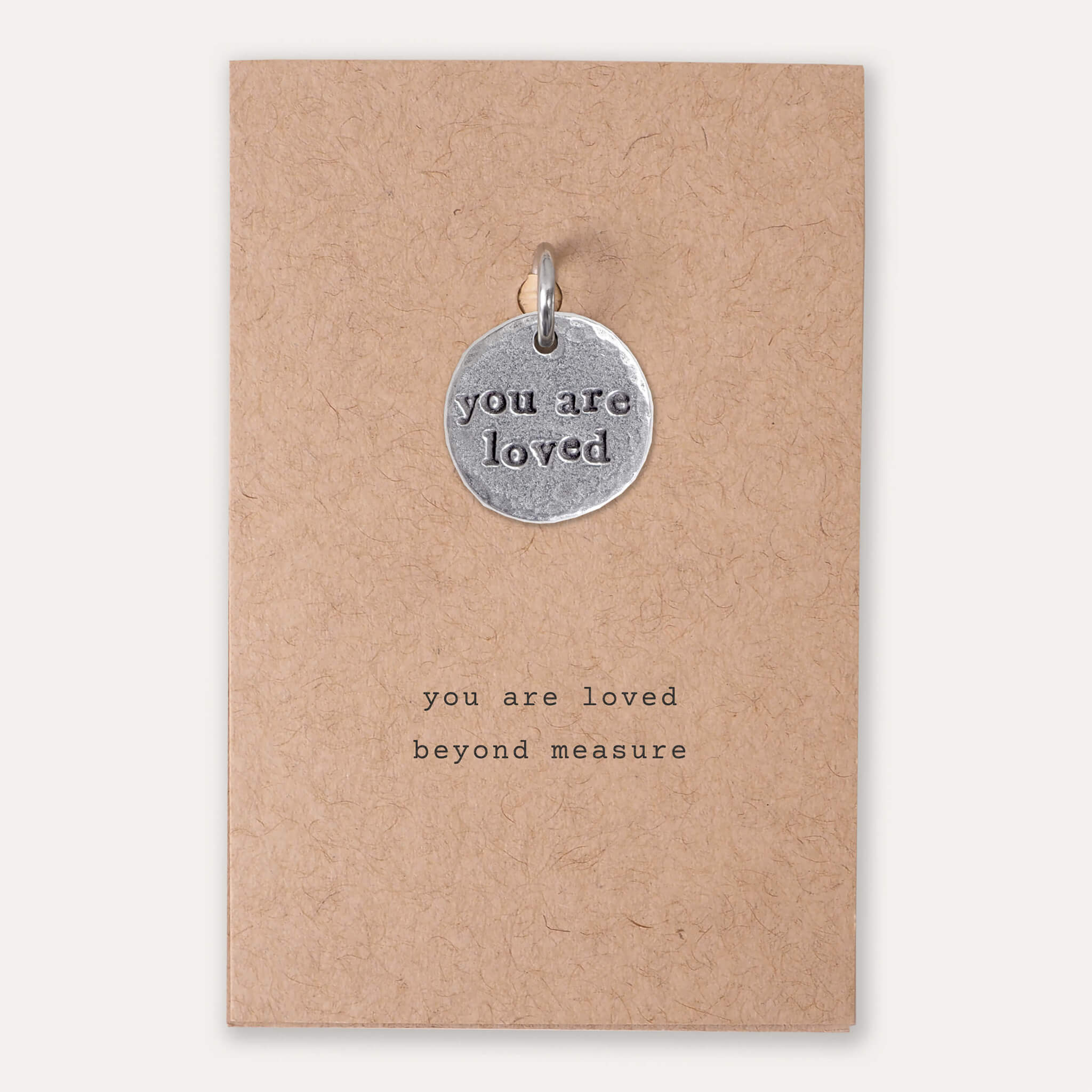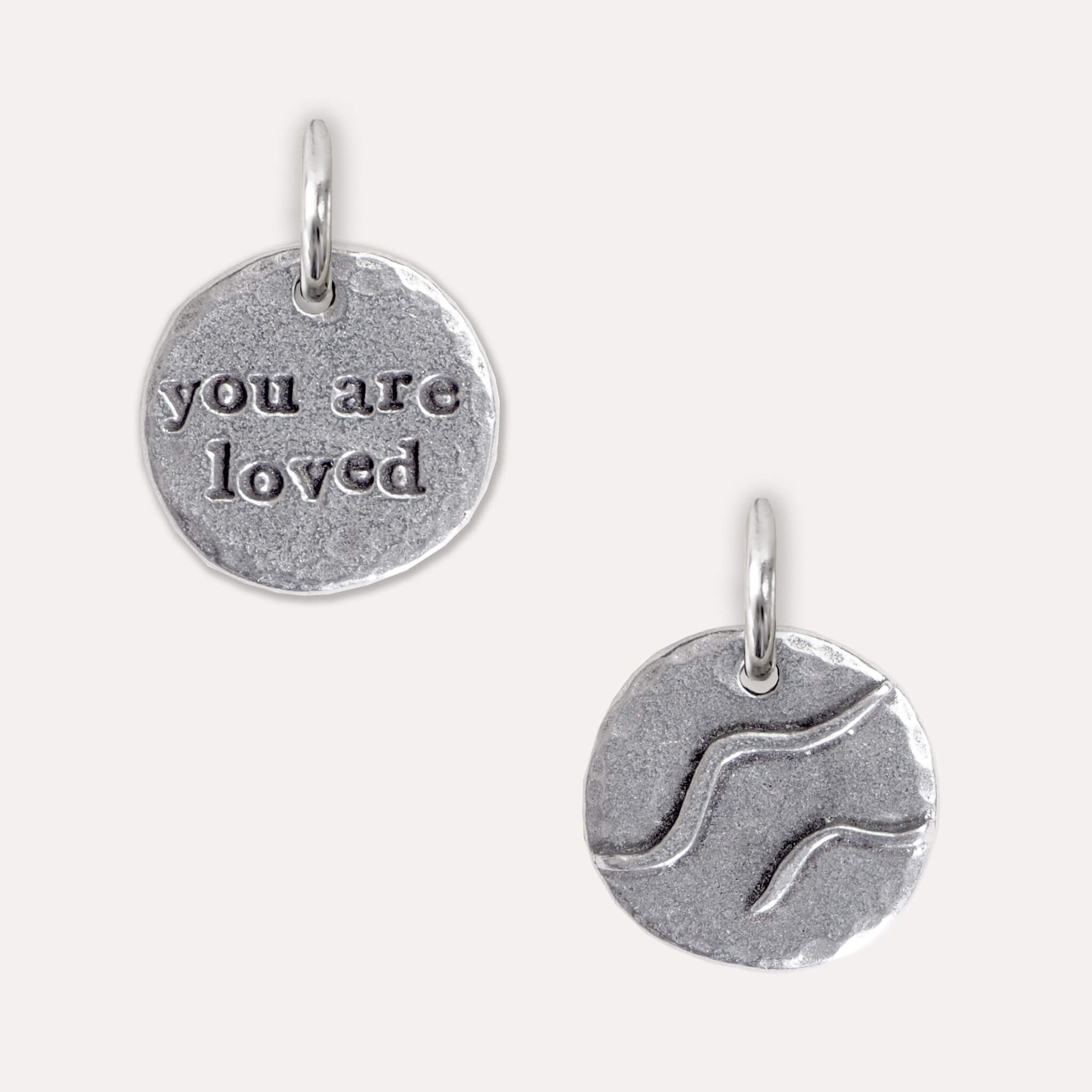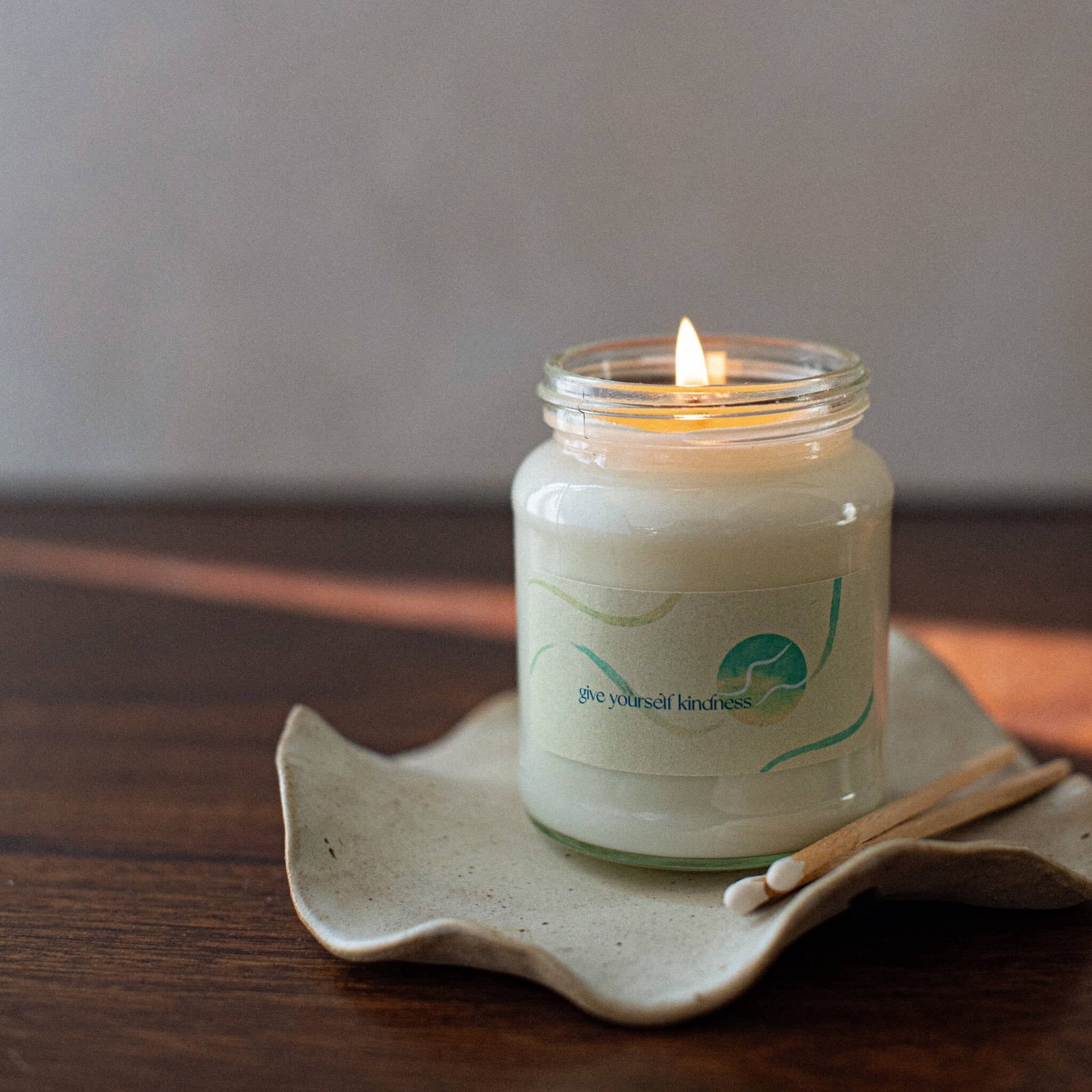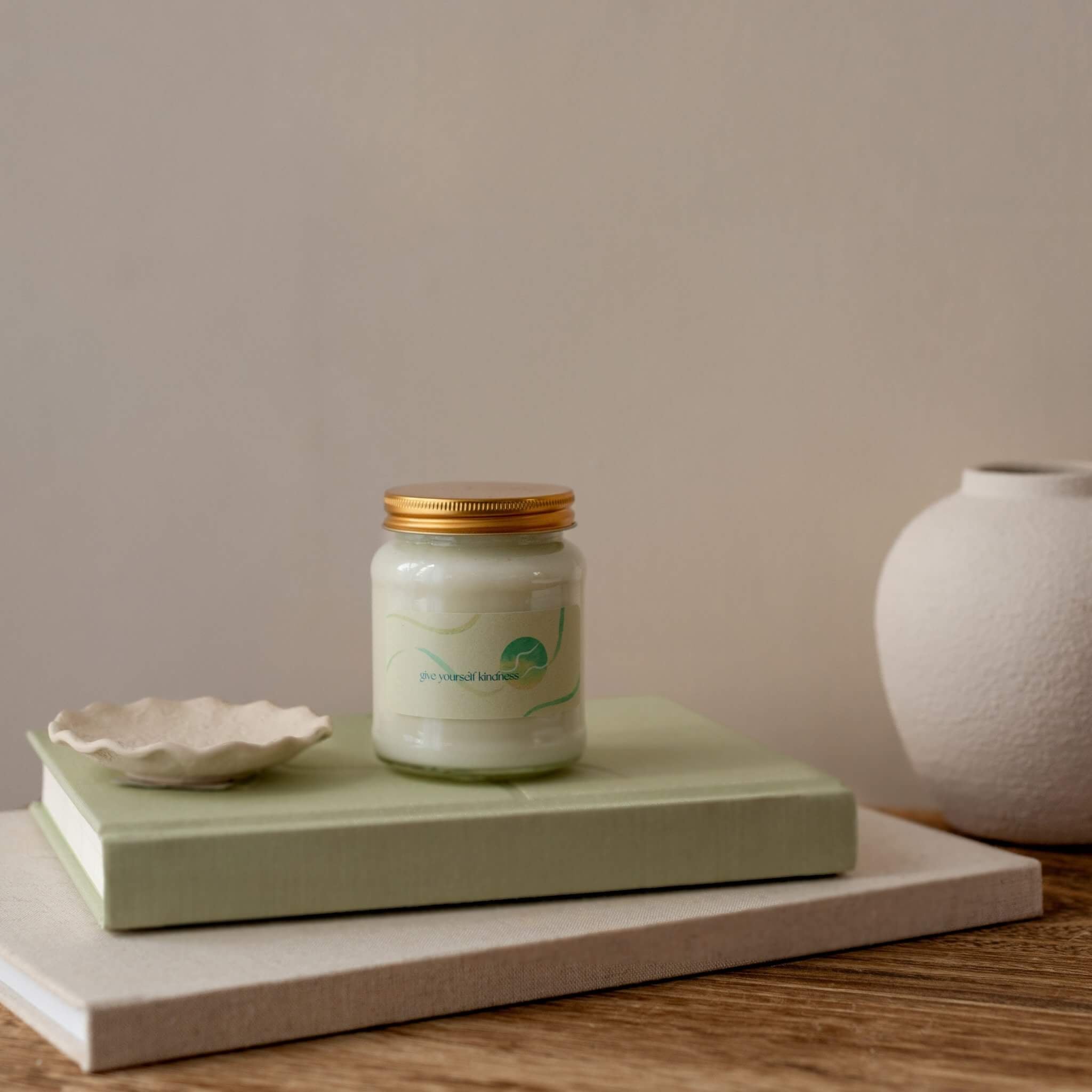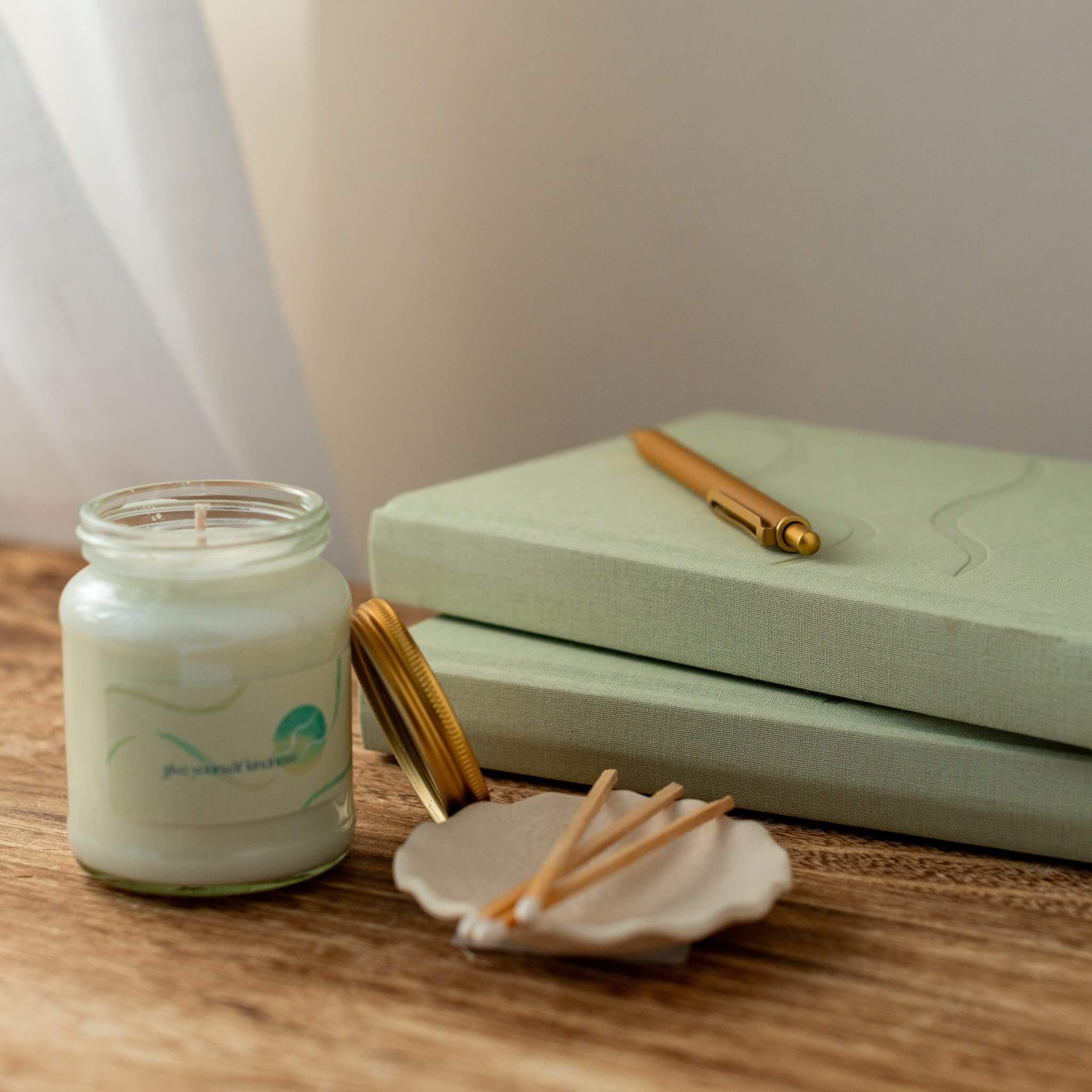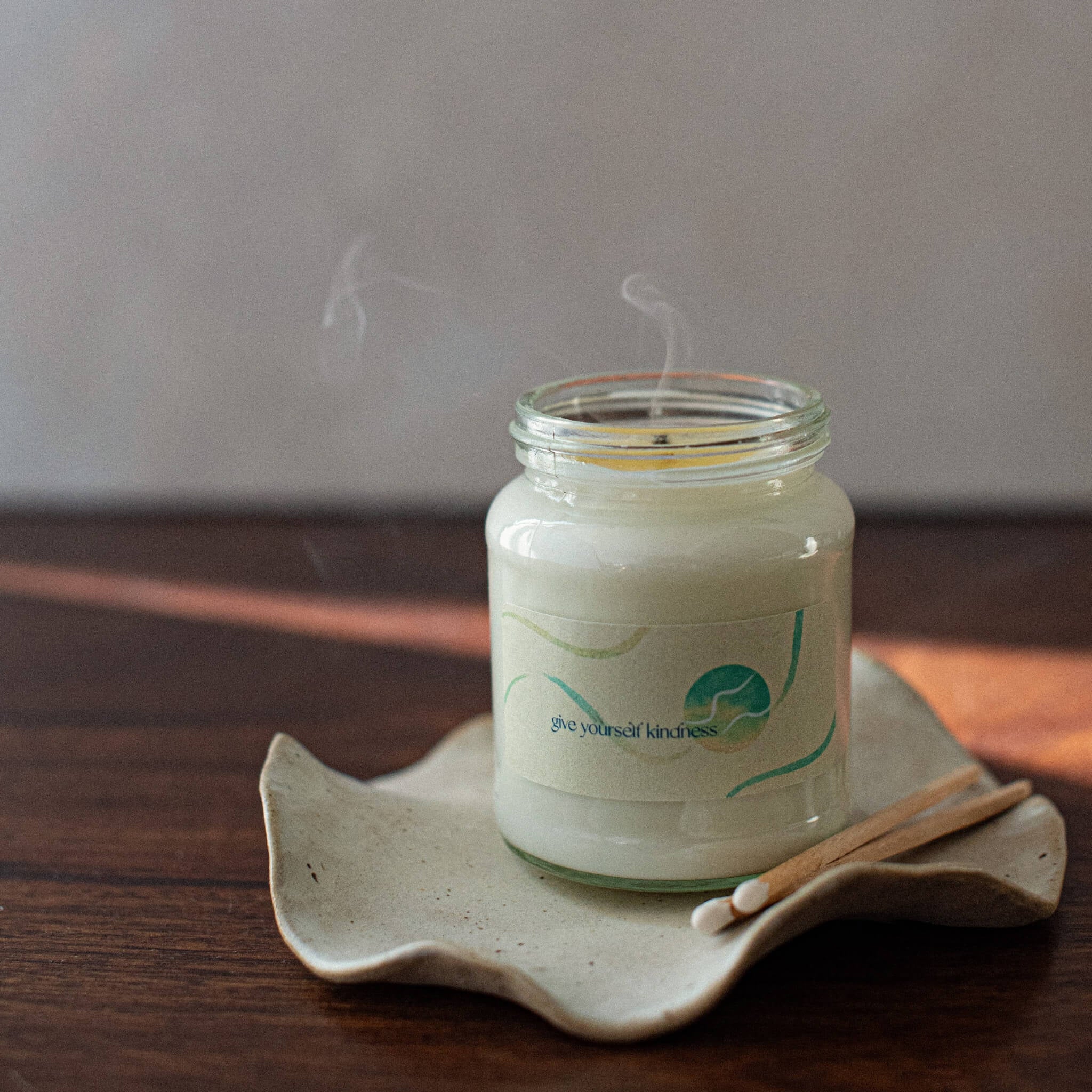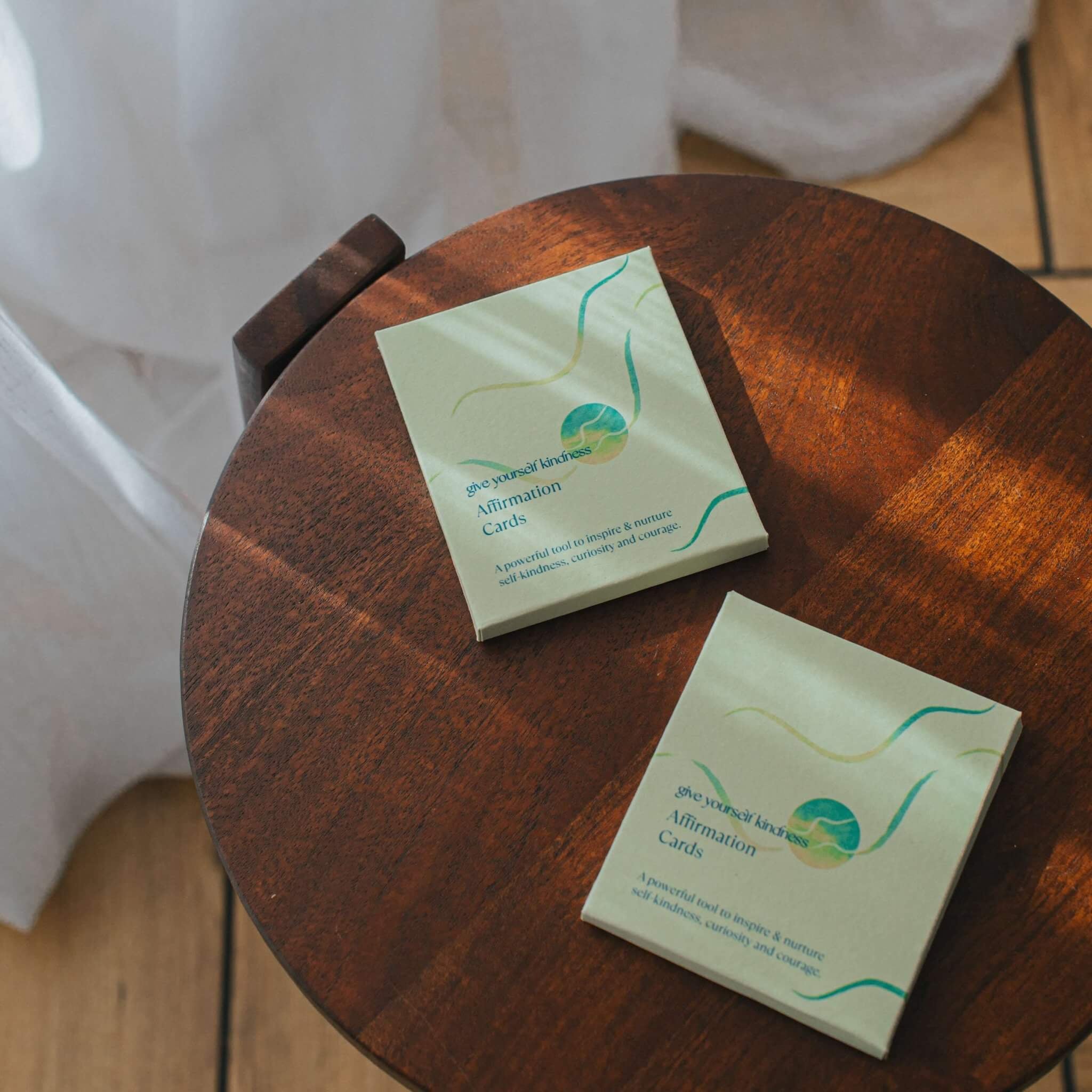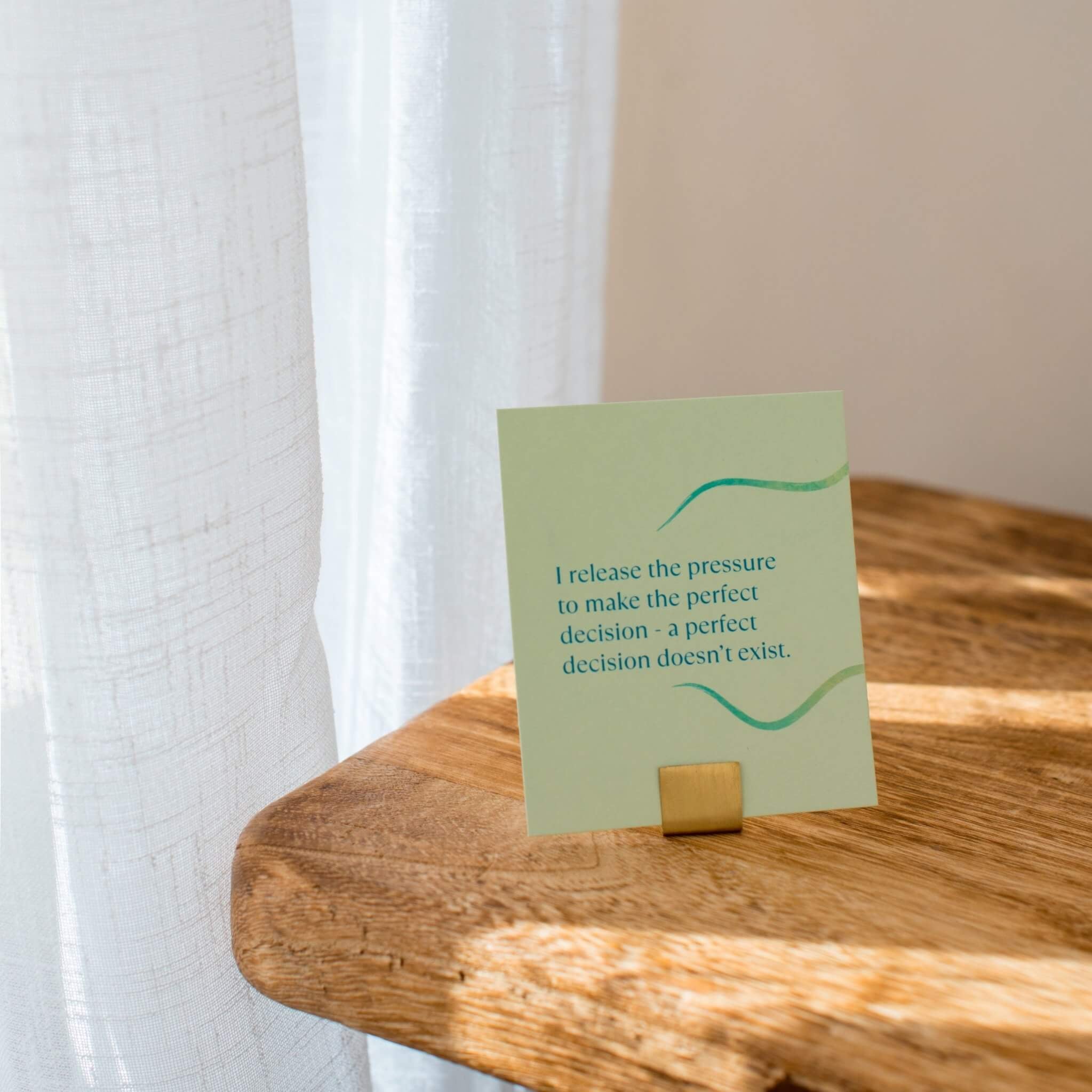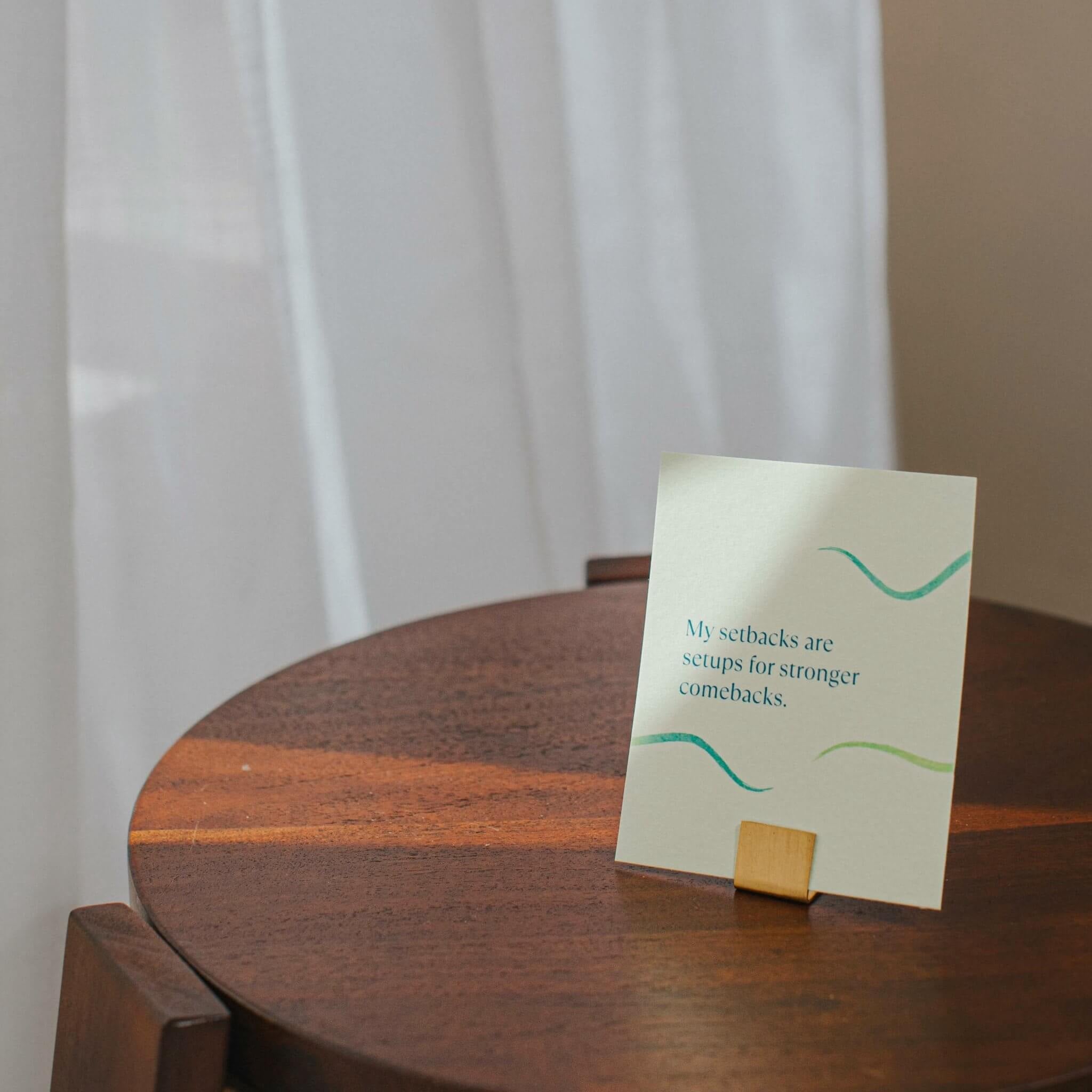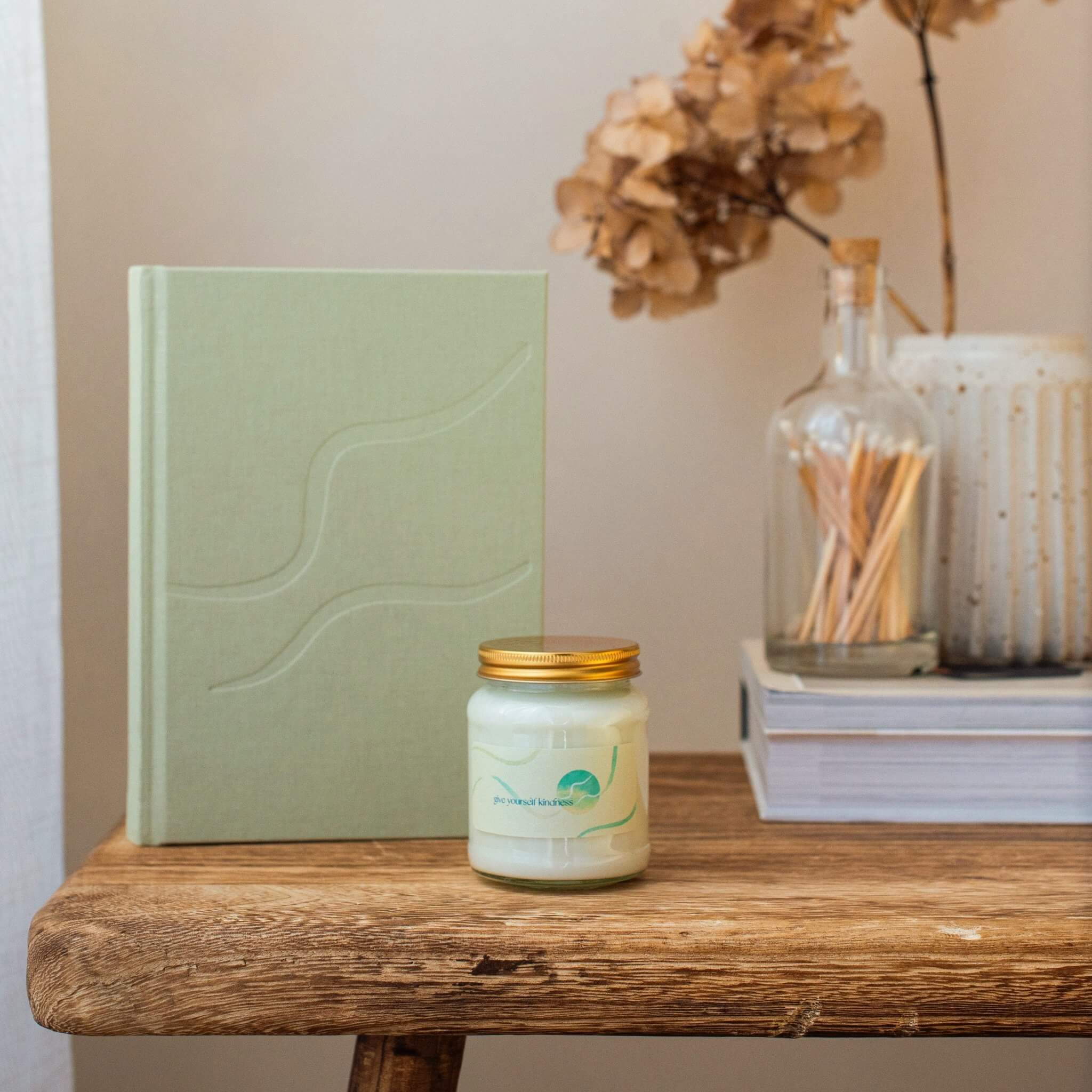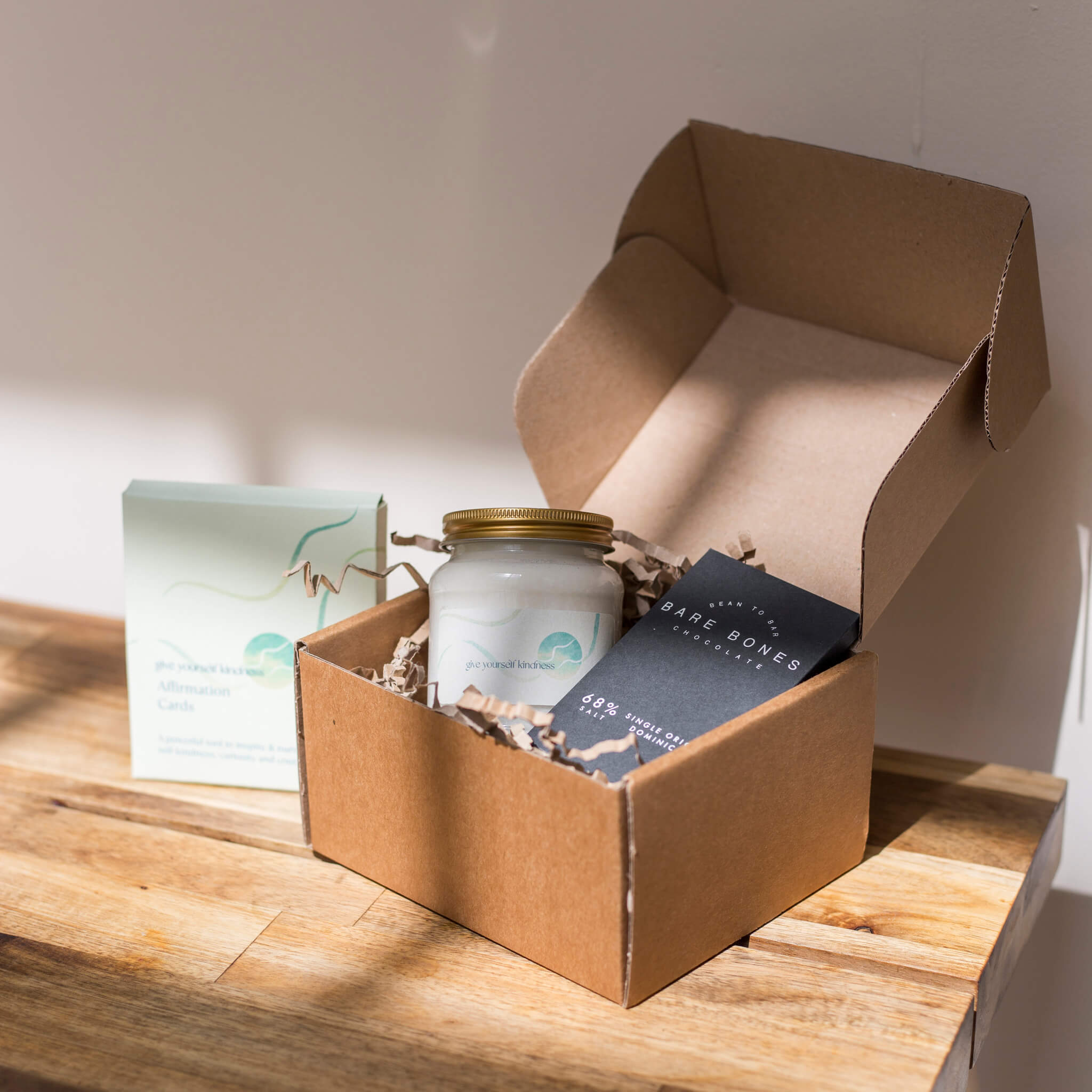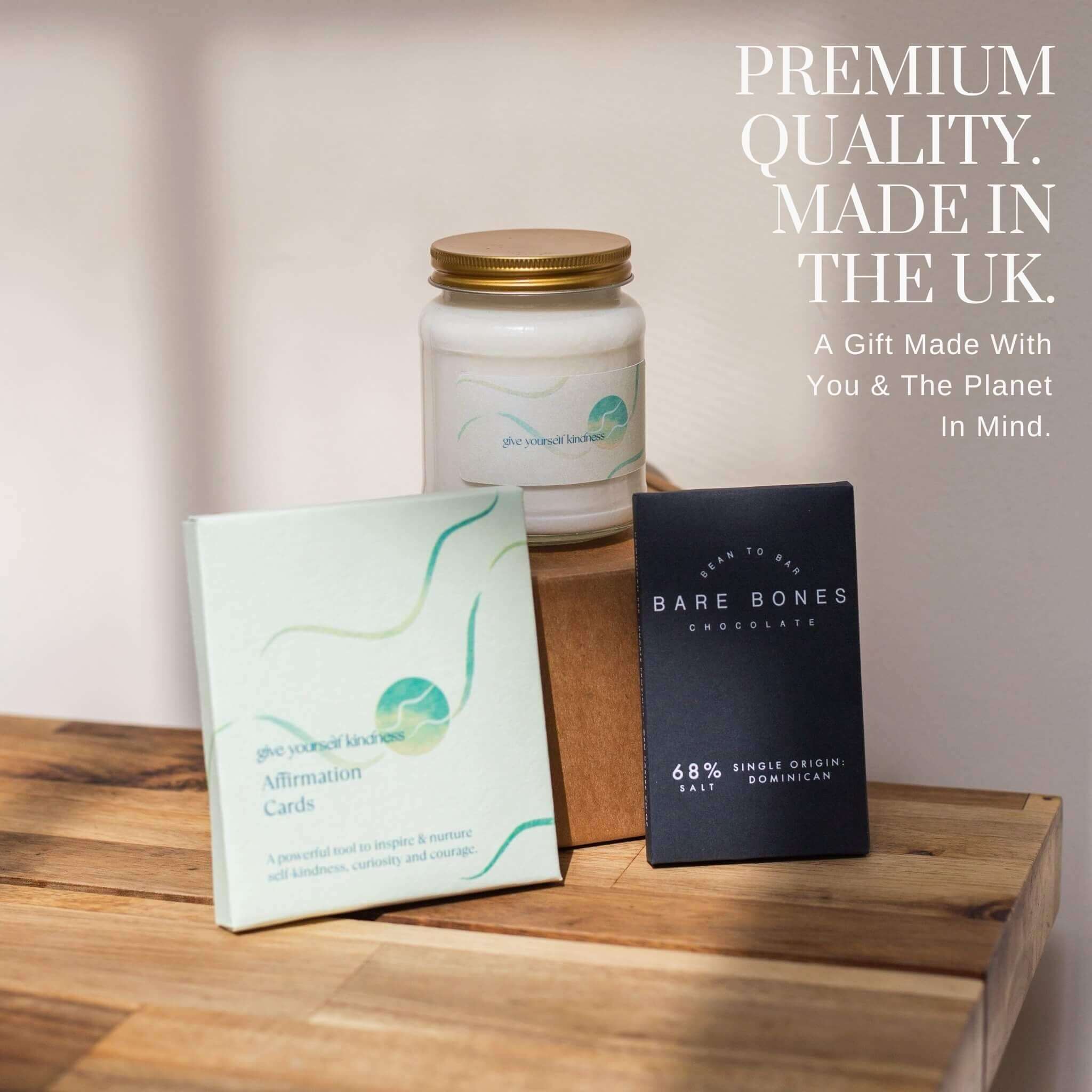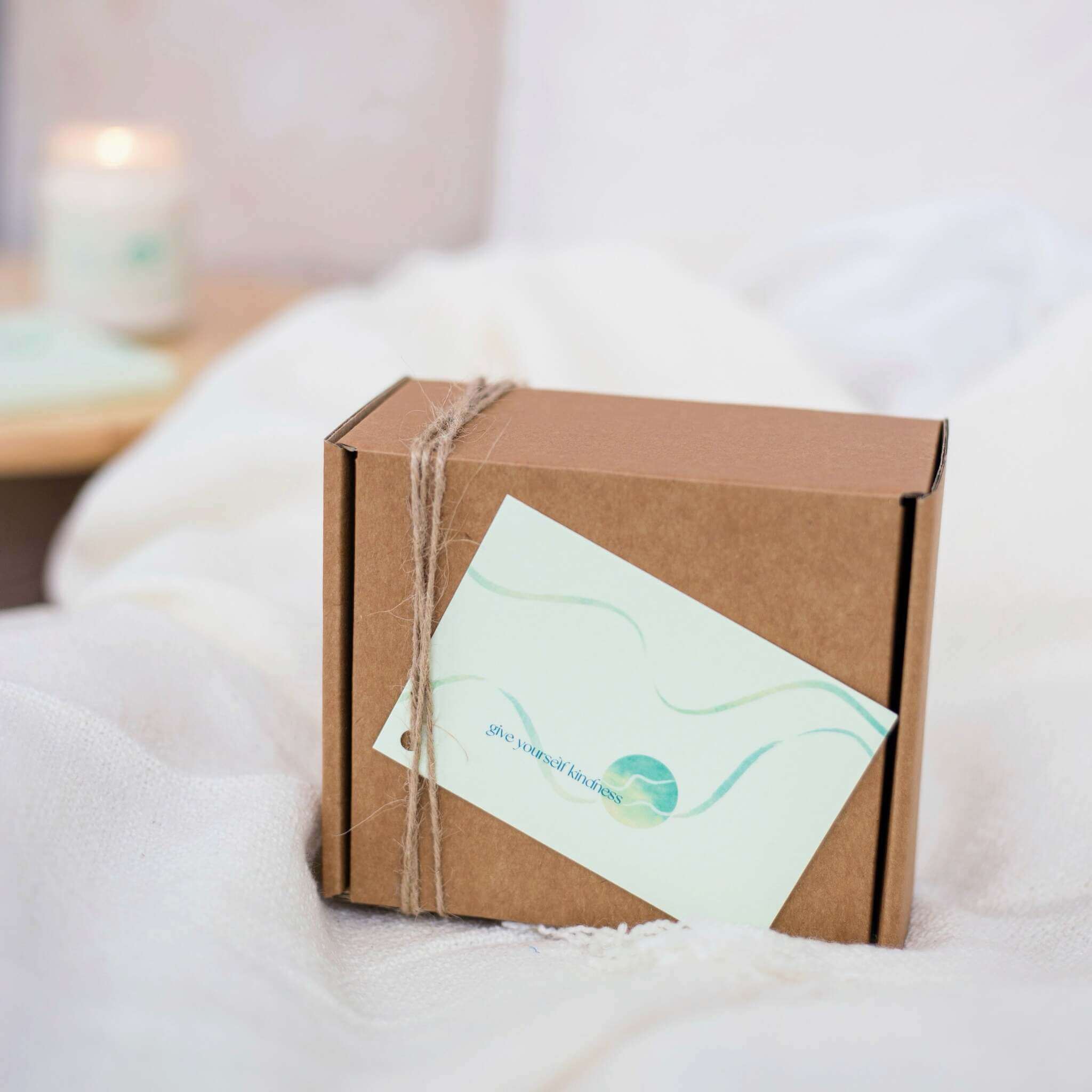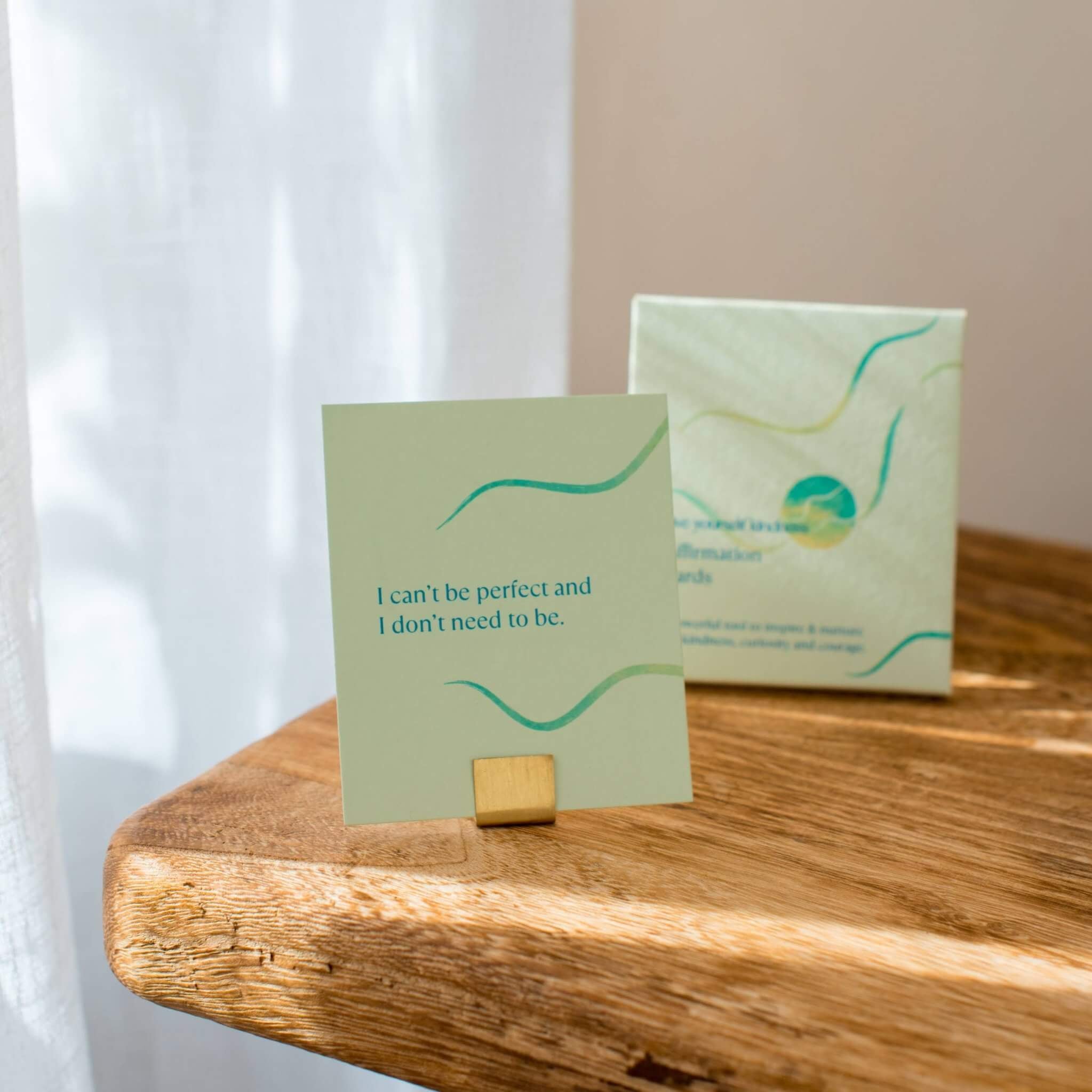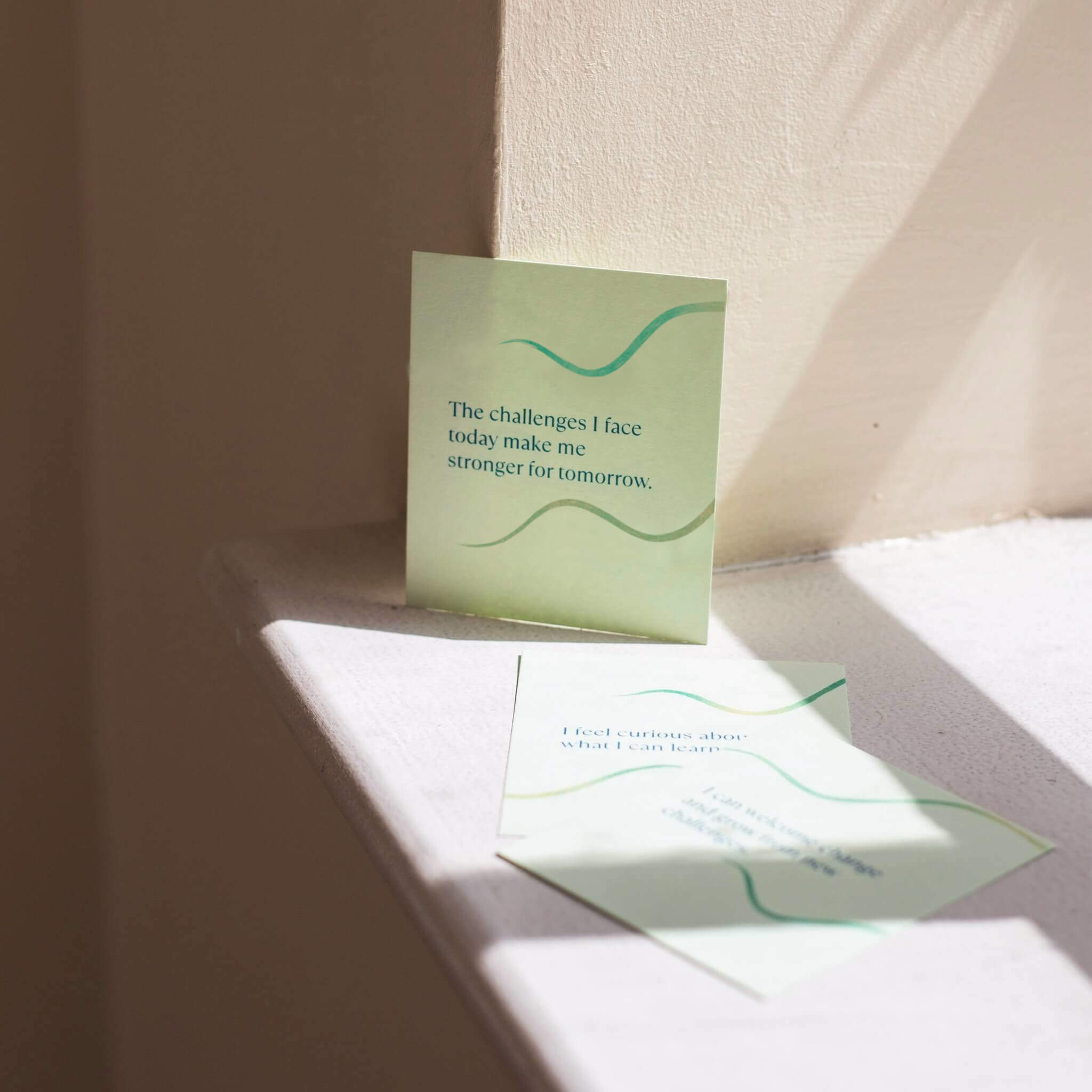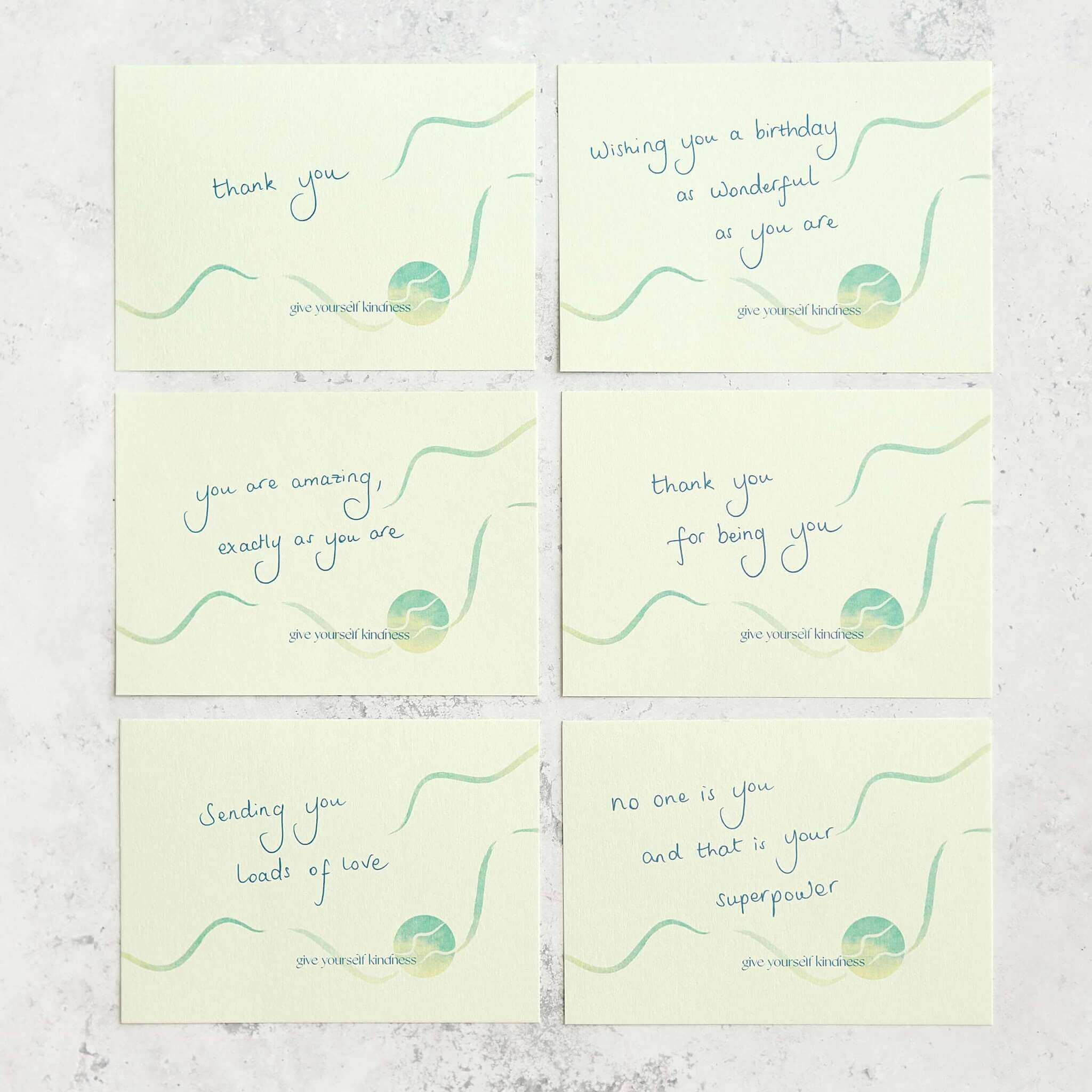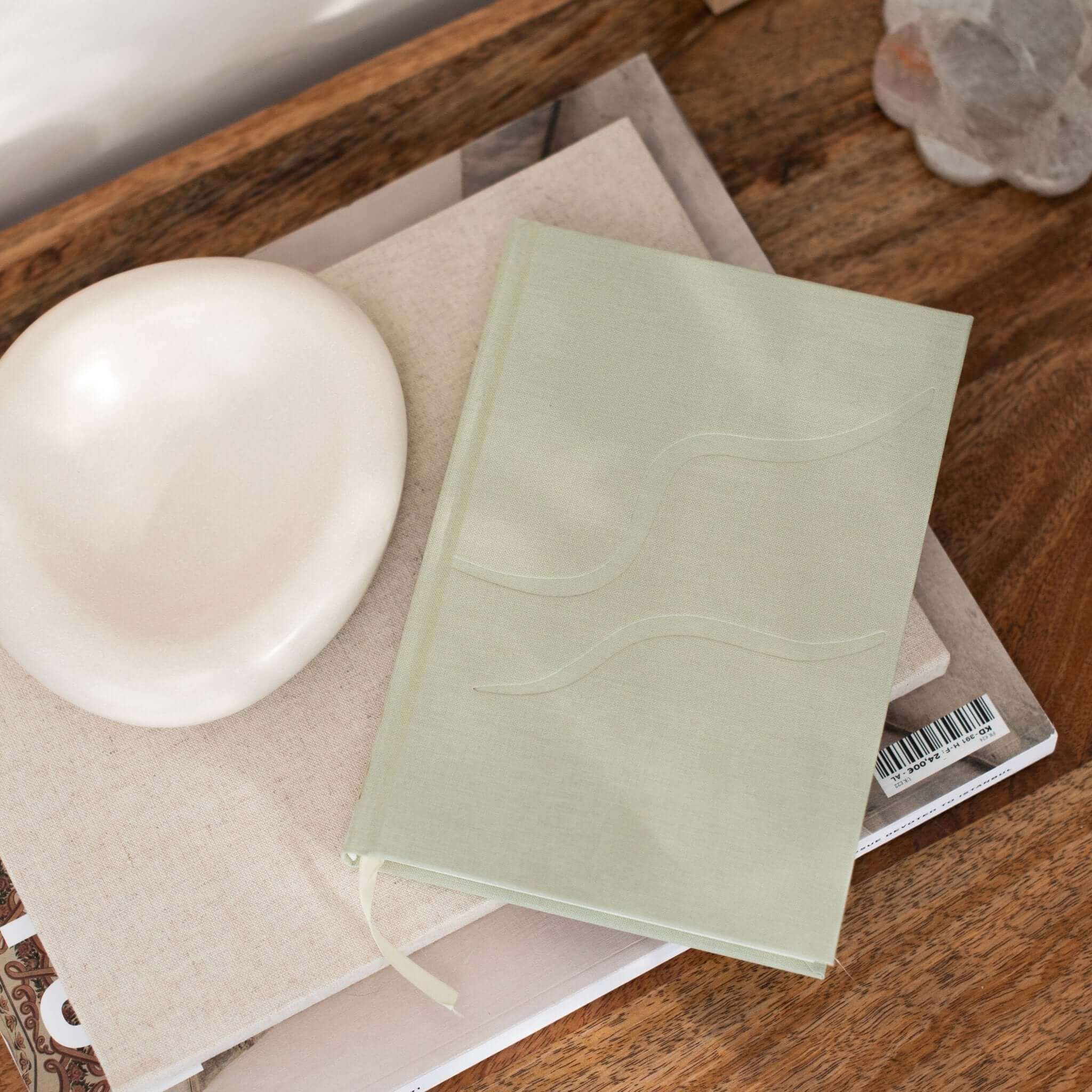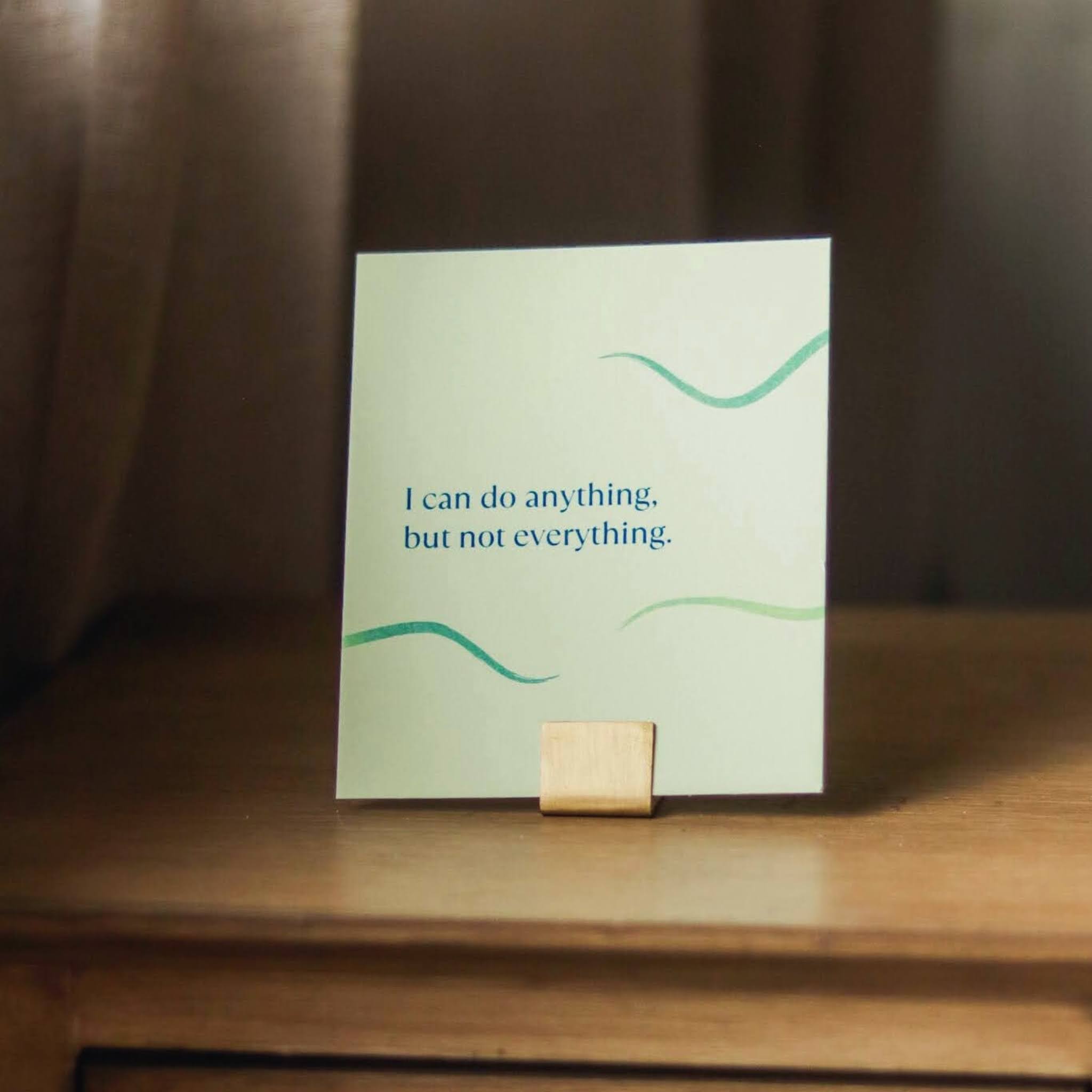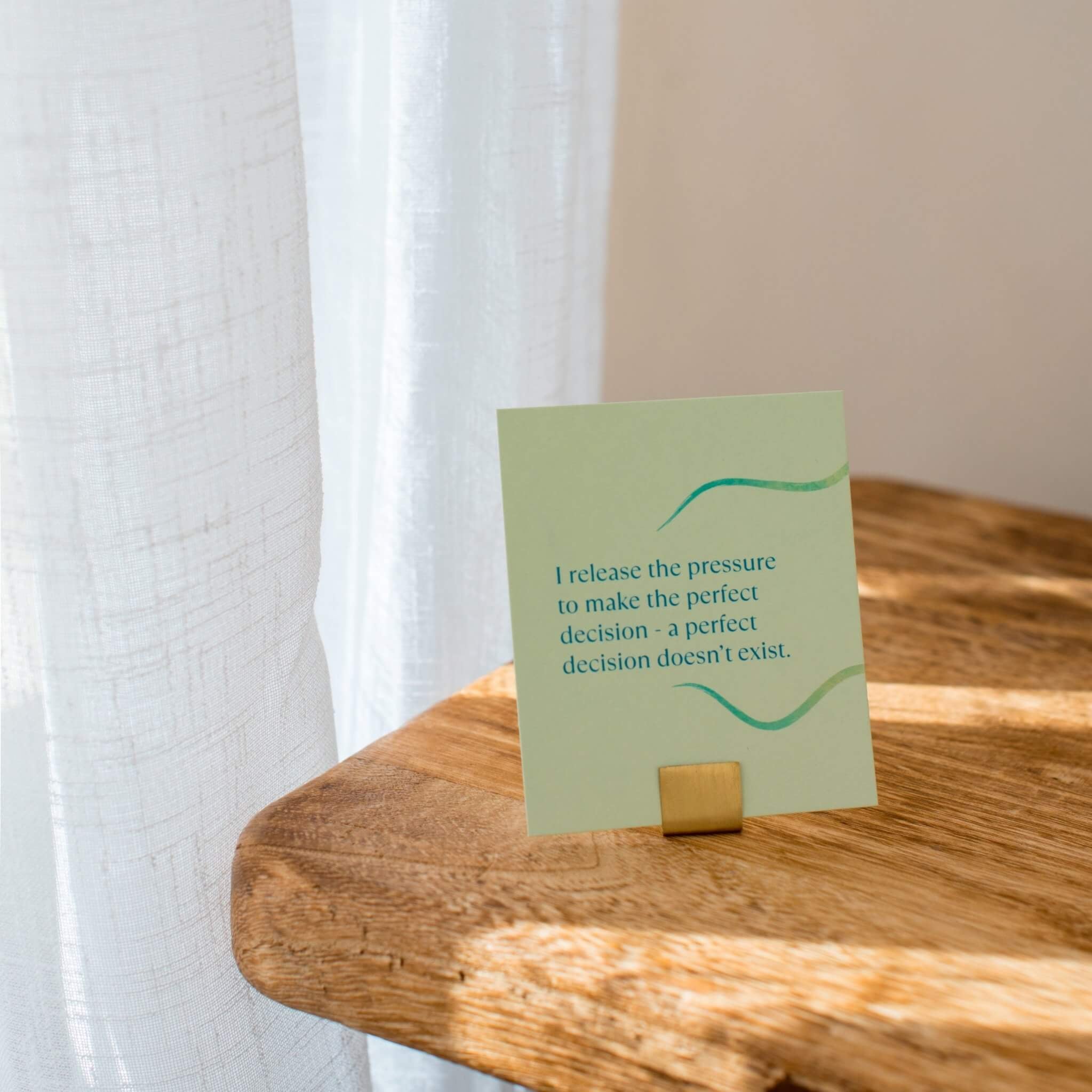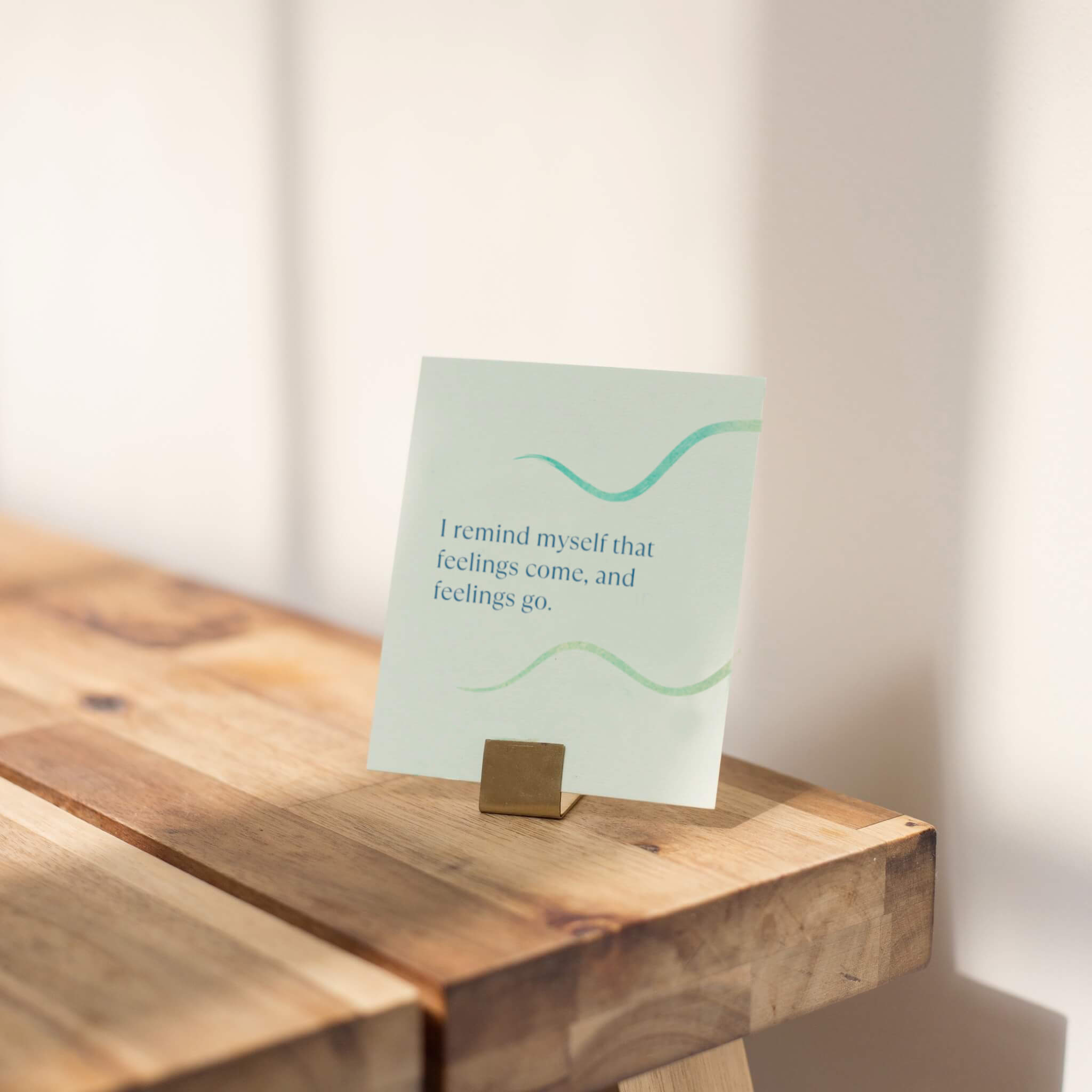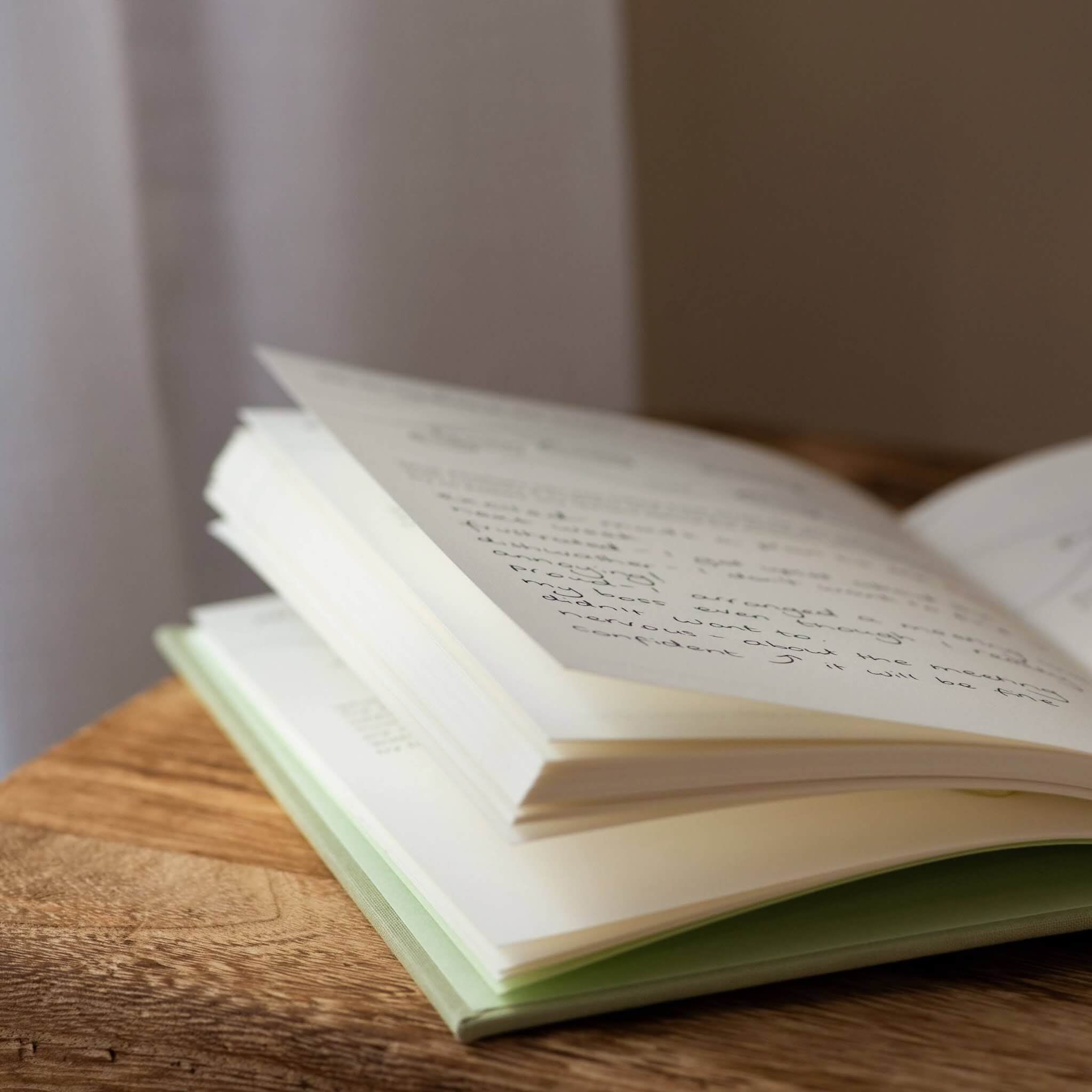written exclusively for Give Yourself Kindness by Emily Hughes, an experienced Online Trauma informed therapist specialising in Anxiety Disorders and Trauma Recovery.
The power of self-compassion
Self-compassion is central to our relationship with ourselves and the relationship we have with ourselves is the heartbeat of our mental health, our wellbeing and the way we interact with the world.
It’s a very common and normal human experience to feel shame, to live with an inner critic, to experience intrusive thoughts and struggle with self-doubt, low self-esteem and low self-worth. Sadly for many of us, these kinds of experiences are part of everyday life. Self-compassion is like the little antidote for these feelings, with higher levels of self-compassion being connected to increased feelings of happiness, calm and feeling present as well as a reduction in anxiety, avoiding things due to fear and less catastrophic thoughts.
A guided meditation for self-compassion
Here is a simple and gentle guided meditation for self-compassion that I like to practice and share with my clients often. I’ve also shared some tips that you might find helpful for supporting your practice.
Self-compassion meditation script
Before you start, take some time to set the scene and allow this to be a full sensory experience. Think about the lighting, any smells from candles or incense you might like, sounds such as music in the background and comfortable clothing/blankets/cushions.
To begin:
Make yourself comfortable and take some nice slow deep breaths to begin relaxing. Take time to release any frowning, unclench the jaw, allow the eyes to be heavy and the shoulders rolled down and away from the ears.
(tip: comfort is key so make sure you are carrying this meditation out in a way that feels supportive and nourishing to you and your body ie sitting/laying/eyes open/eyes closed.)
As you breathe, allow the belly to rise on the inhale, and then gently float back down on the exhale. This will begin to stimulate the rest and digest side of your nervous system which promotes relaxation and emotional regulation. Spend some time here, just enjoying the slow deep breaths.
When you’re ready, gently place your hands over your heart space (the centre of your chest). It might feel more comfortable to have one hand on the heart space and one hand on the belly to feel the rise and fall of the stomach as you continue to deep breathe.
In your mind's eye, as you think about the hand or hands on your heart space, begin to imagine that a beautiful warm energy from the palm of your hand/s is travelling deep into the heart space. Imagine this warm energy is a sense of kindness and compassion, and with each breath you are feeling more and more of this warmth from your hand/s being sent straight to your heart.
(tip: it may help to visualise this warm energy as a colour, perhaps a warm glow or a colour that brings you a sense of comfort and calm. You can then visualise this beautiful colour filling up your heart space with each breath)
As you stay with this, begin to observe how you are starting to feel. You might want to become curious and reflect on the following questions:
-
How does it feel to send yourself kindness?
-
What emotions do you notice rising?
-
Is there any resistance?
-
What can you notice shifting and changing?
Stay here if you can for at least five minutes and when you are ready you can begin to invite this self-compassion affirmation into your practice:
I am deserving of self-compassion and kindness. I am open to inviting more and more compassion into my heart day by day.
Stay with this visualisation and affirmation for as long as you would like to, gently guiding the mind back whenever it wanders off.
(tip: If you are new to meditation, it can be helpful to set a timer for 5 - 10 minutes so you know how long you will be meditating for and you can slowly increase you timings)
When you are ready to finish the meditation, slowly bring some gentle movement back into the body through your hands and your feet, taking any stretching or movement that feels good for you. Gently come back to a full awareness, gradually adjusting to your surroundings and if you feel called to, you can spend a few moments noting down in your journal how the experience felt for you.
Self-compassion mediation FAQs
Emily Hughes is an experienced Online Trauma informed therapist specialising in Anxiety Disorders and Trauma Recovery. For a decade she has been dedicated to learning about the traditional, non-traditional, clinical and holistic ways we can support and improve our mental health and well-being.



